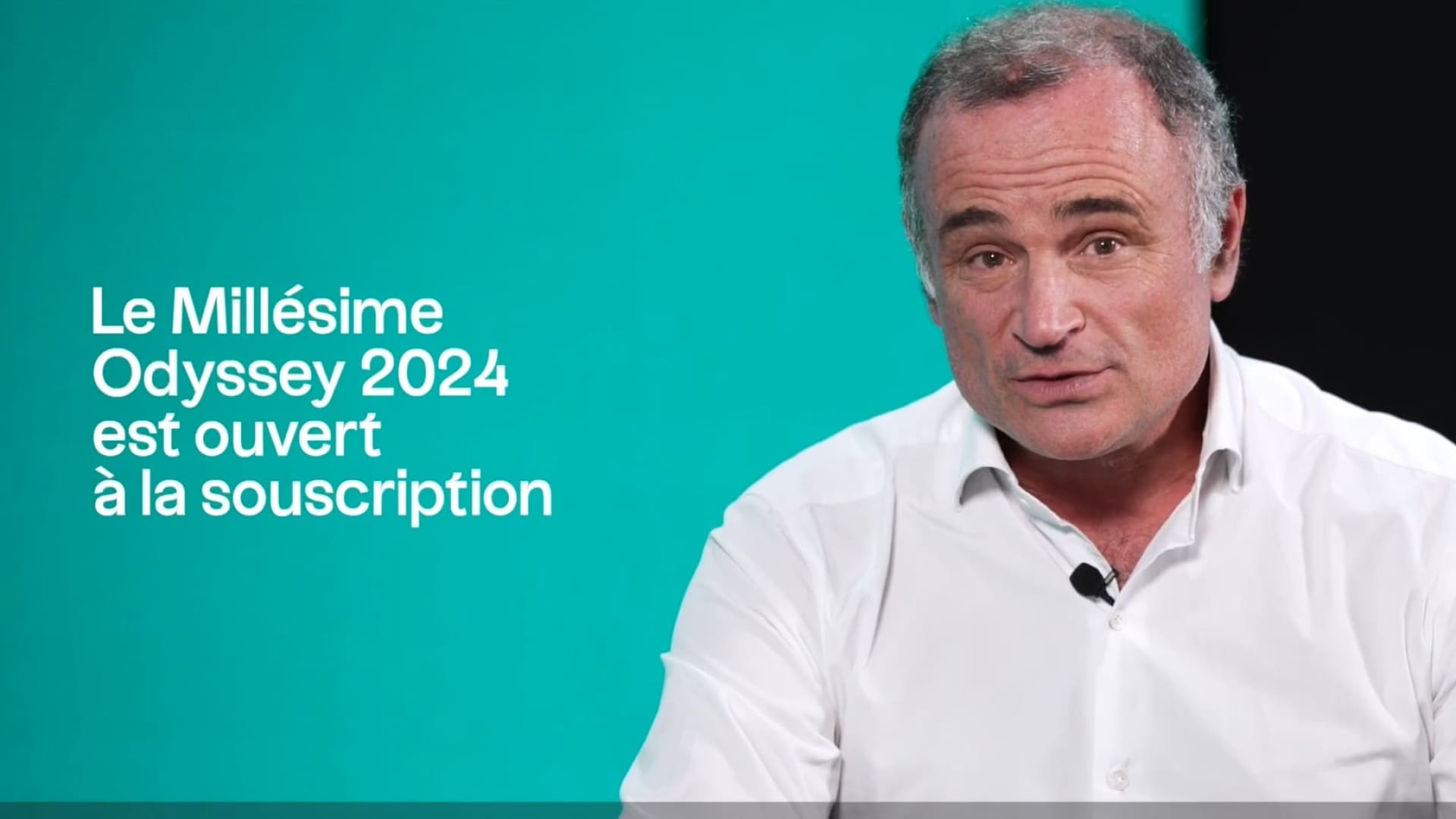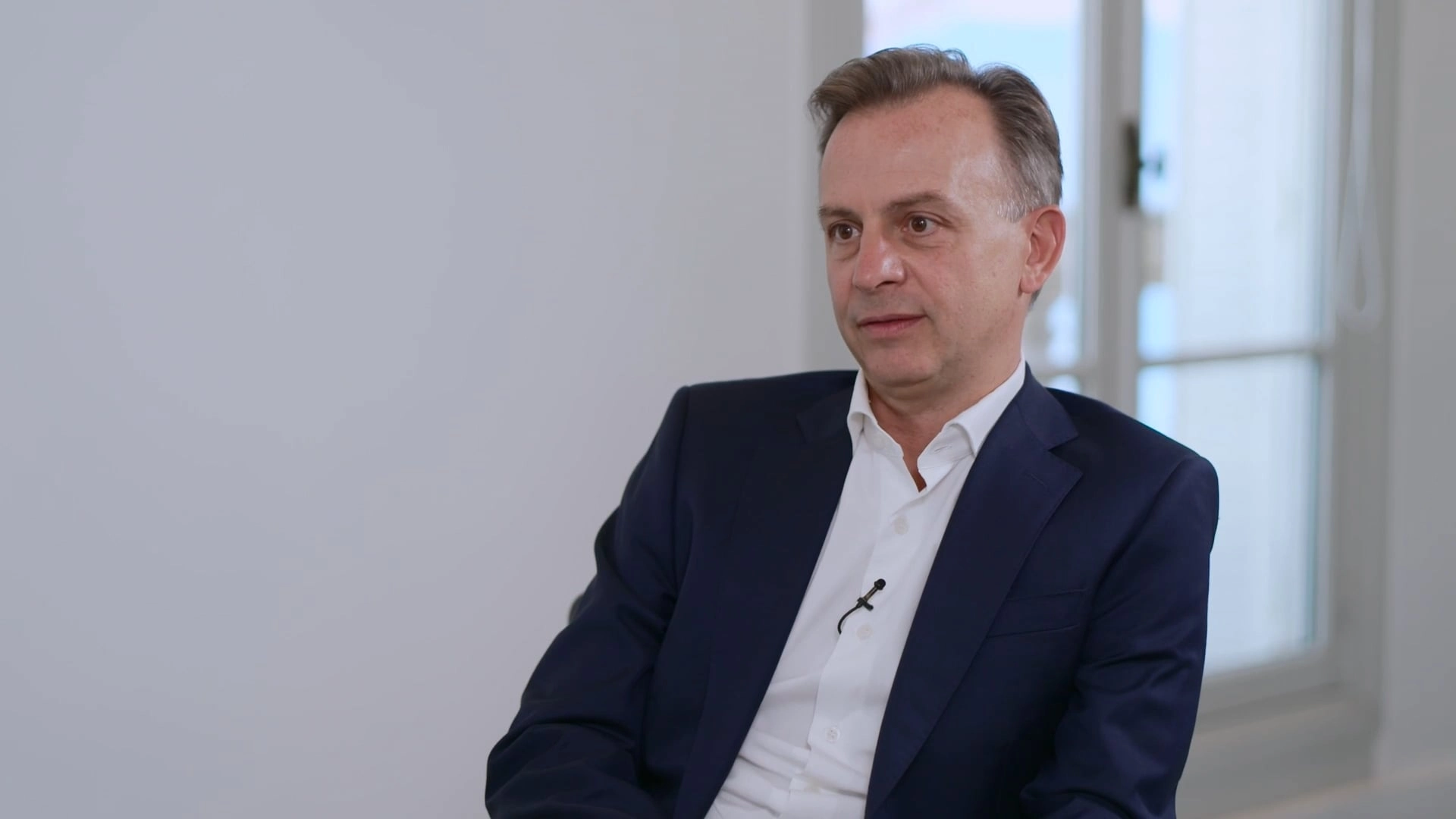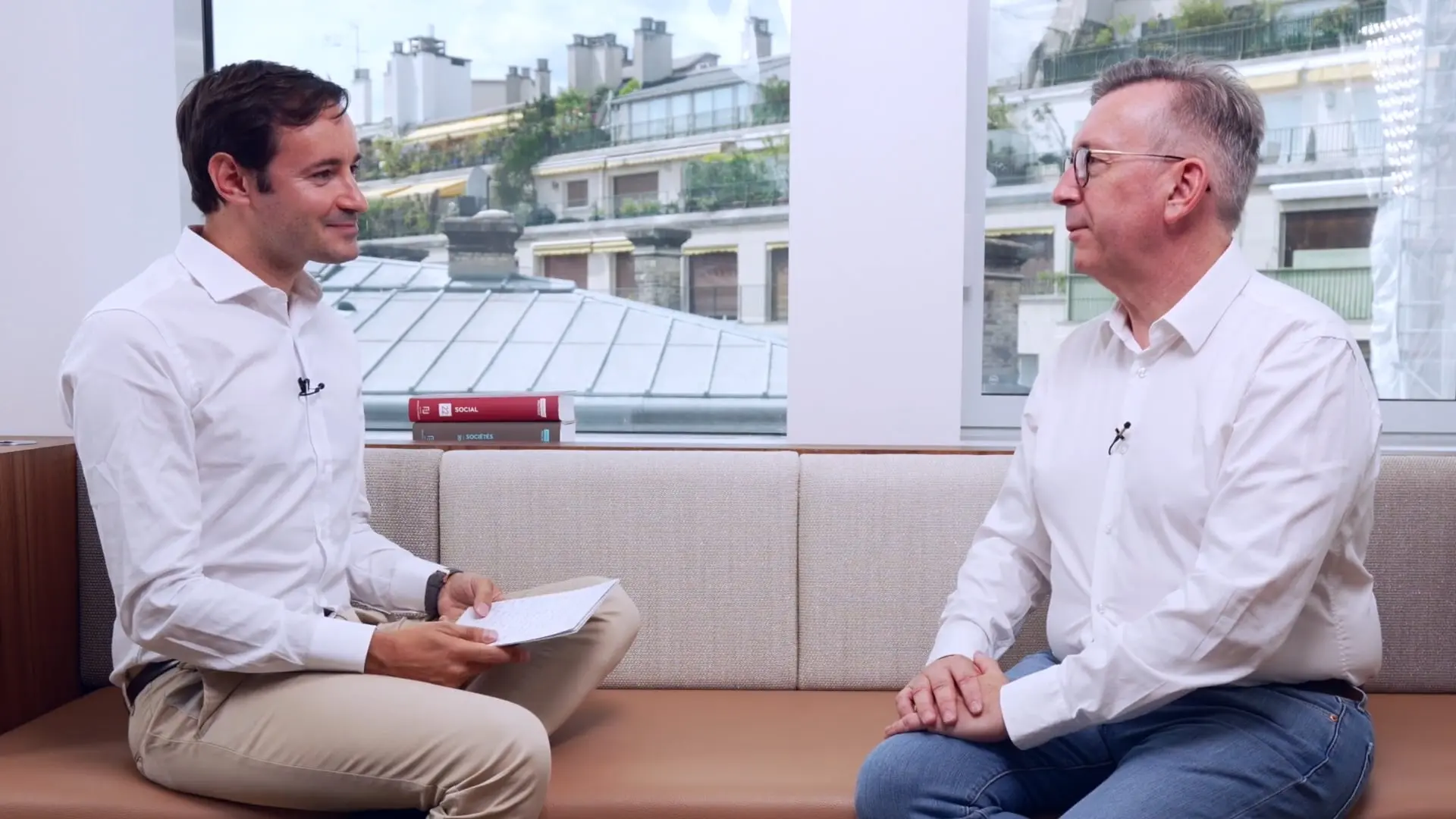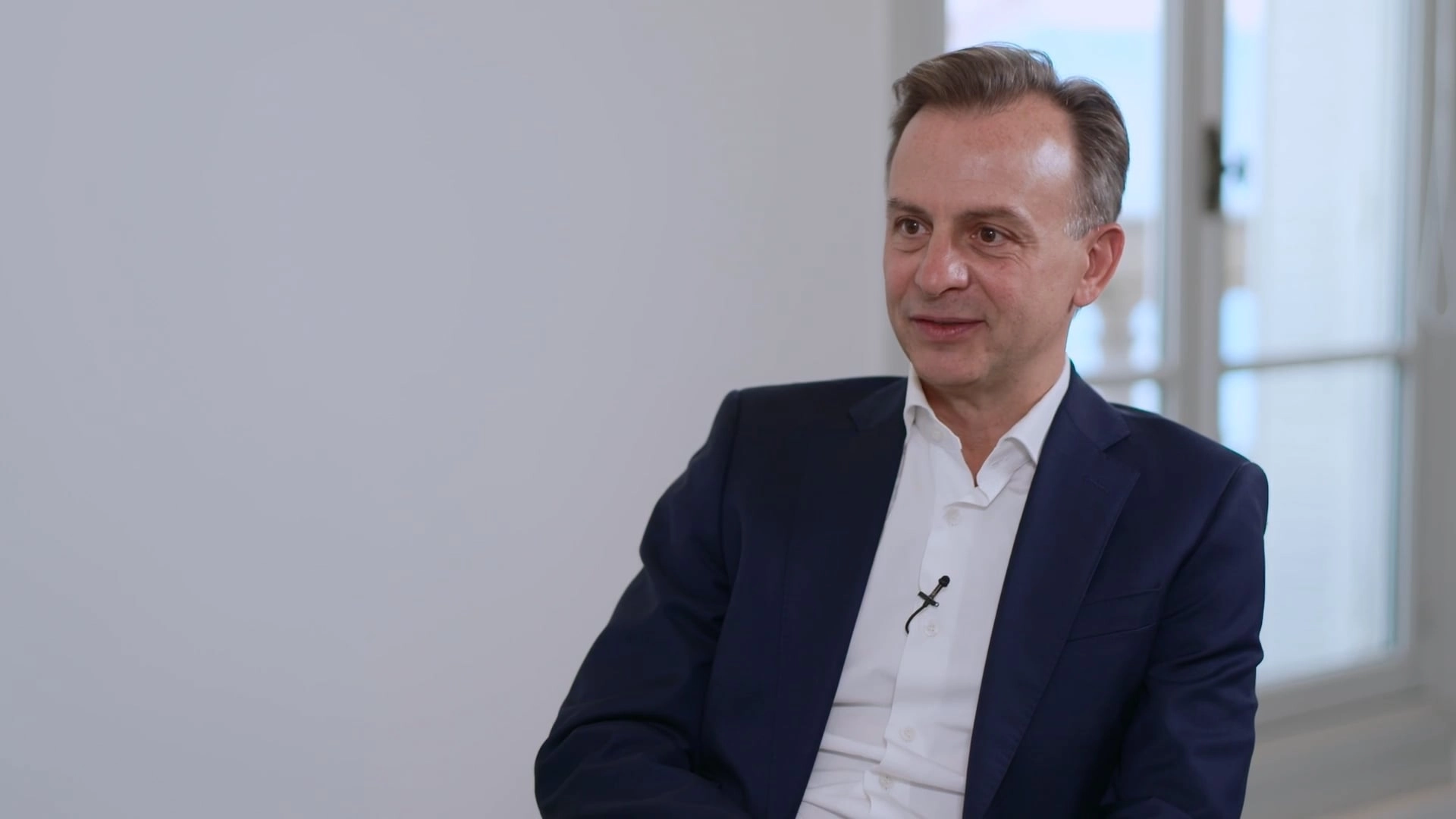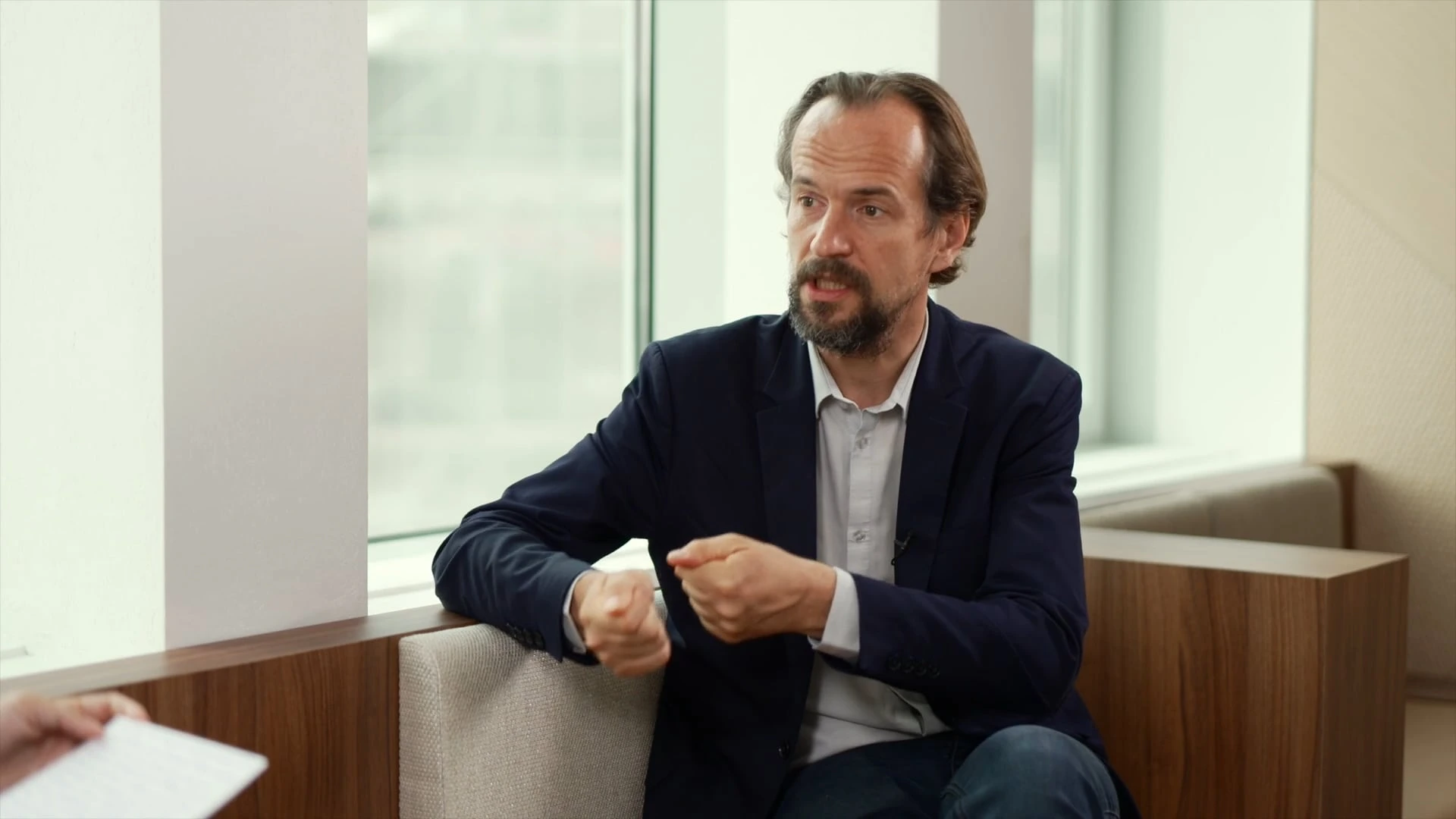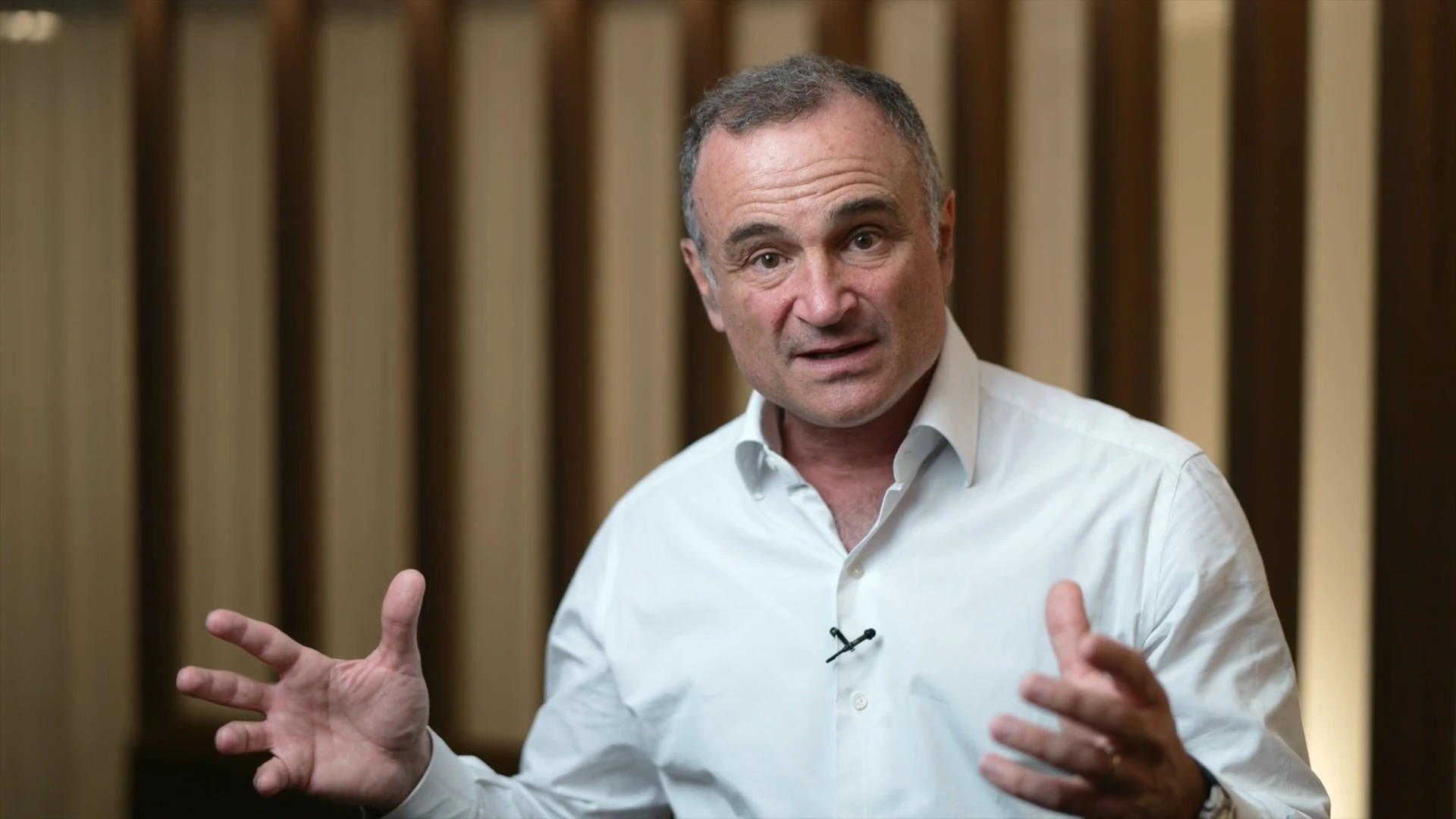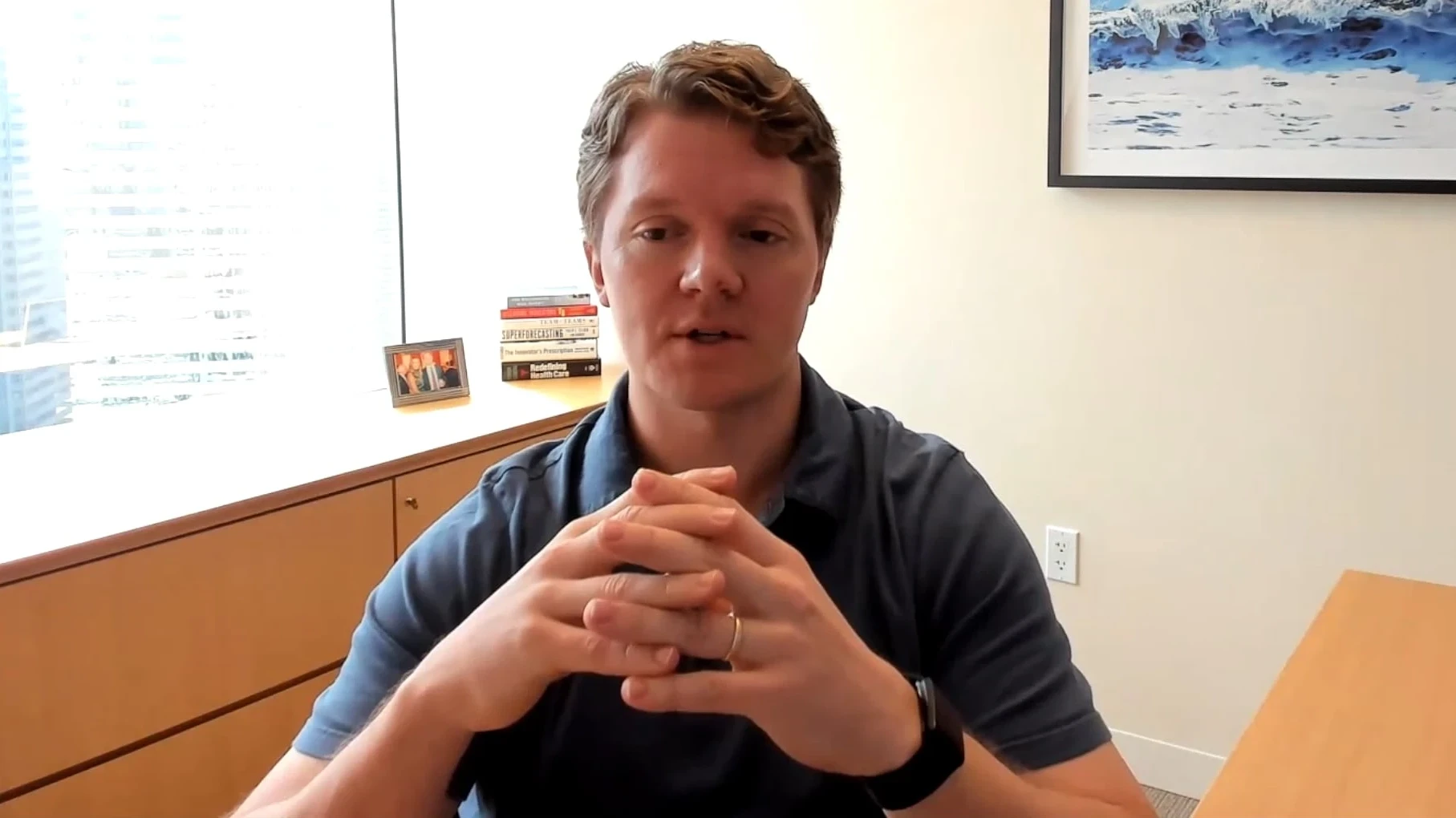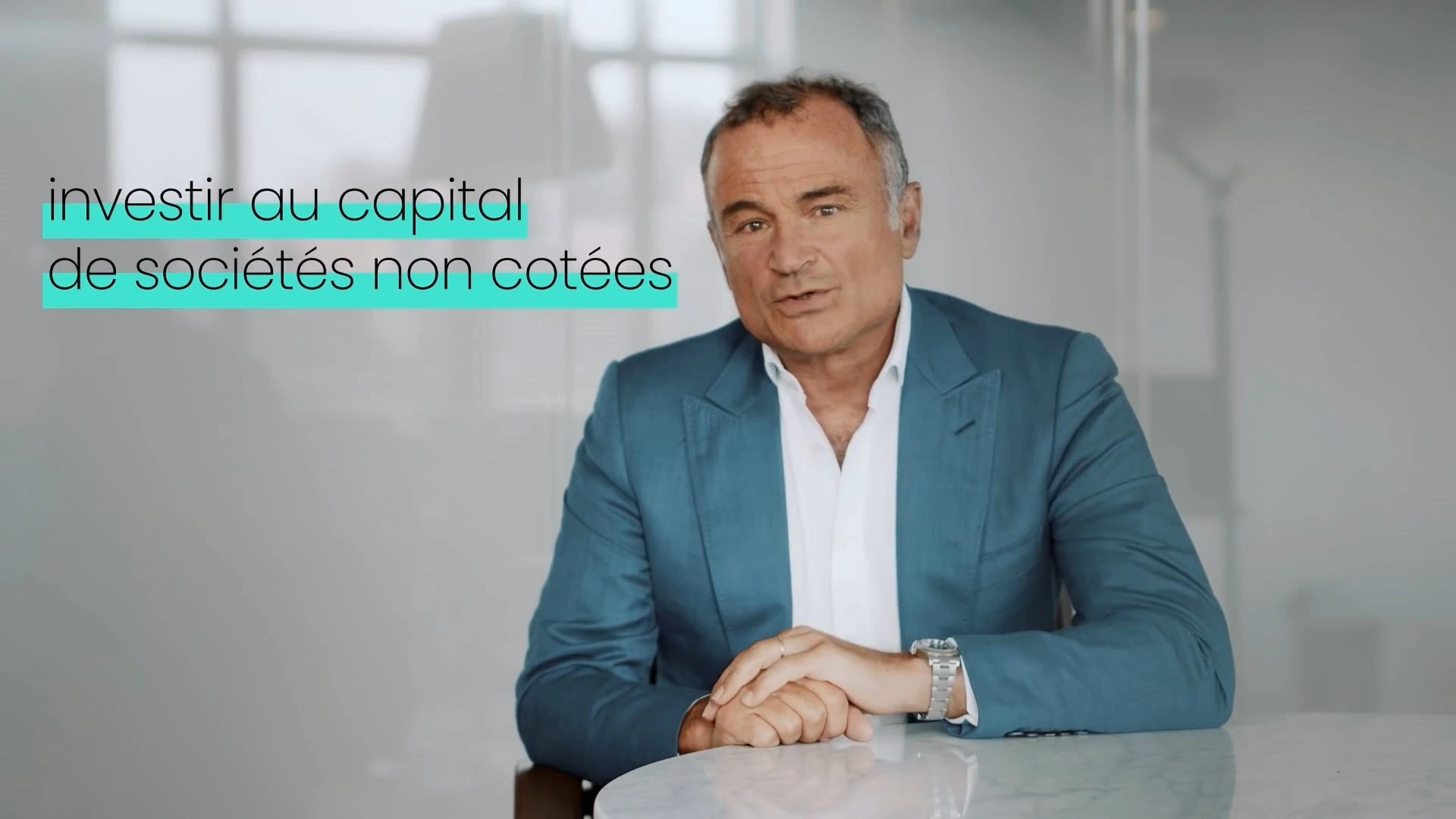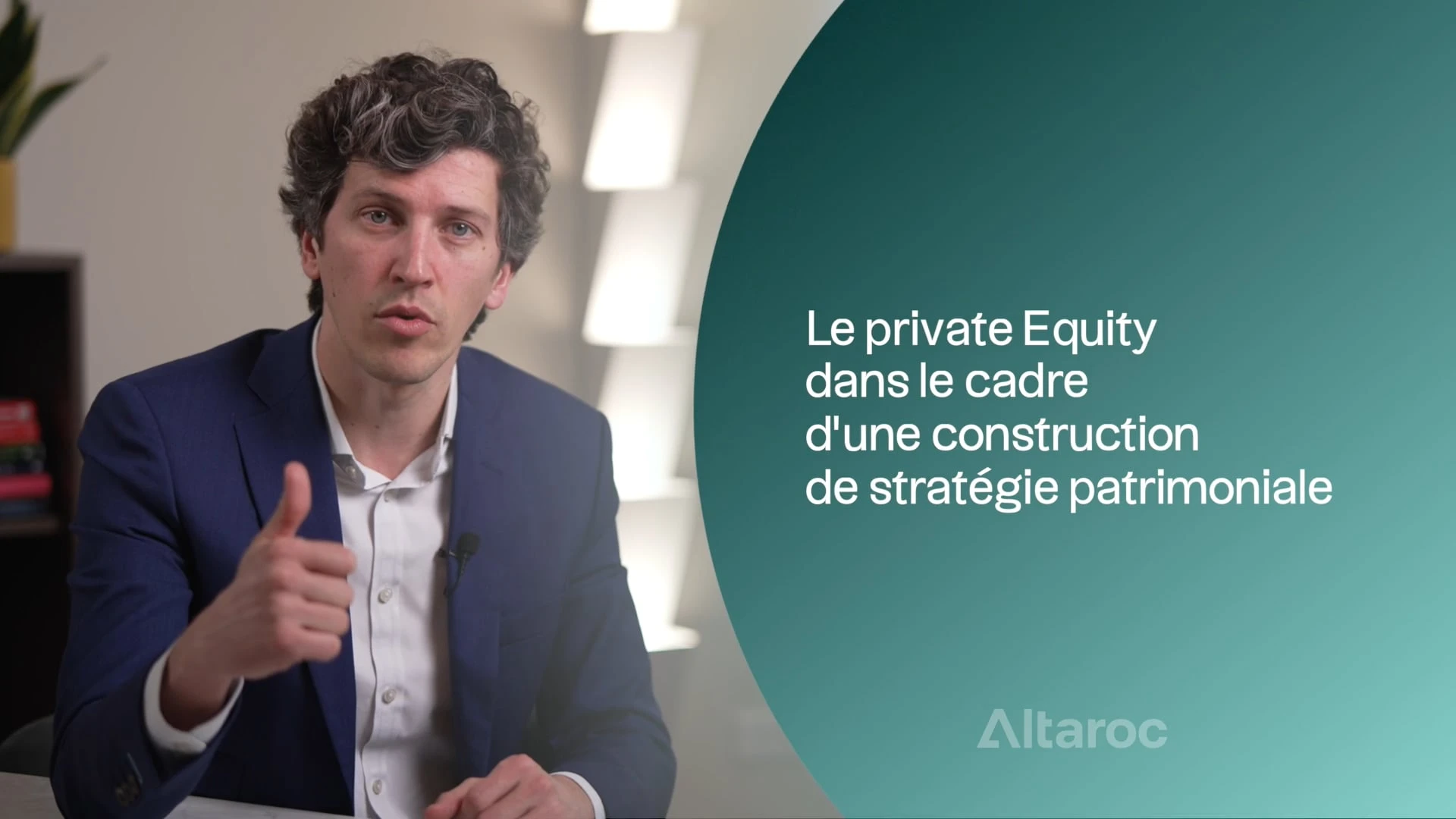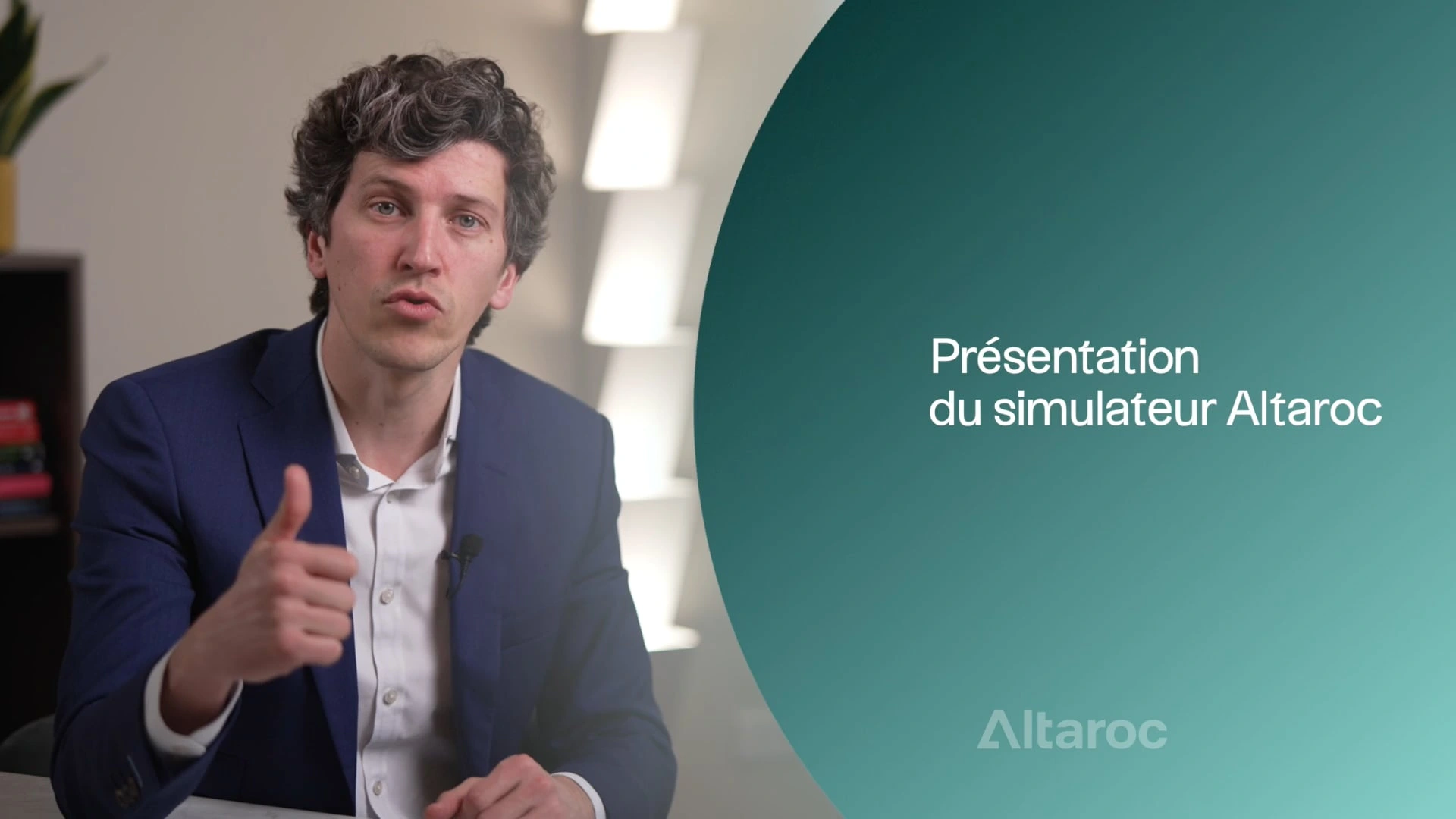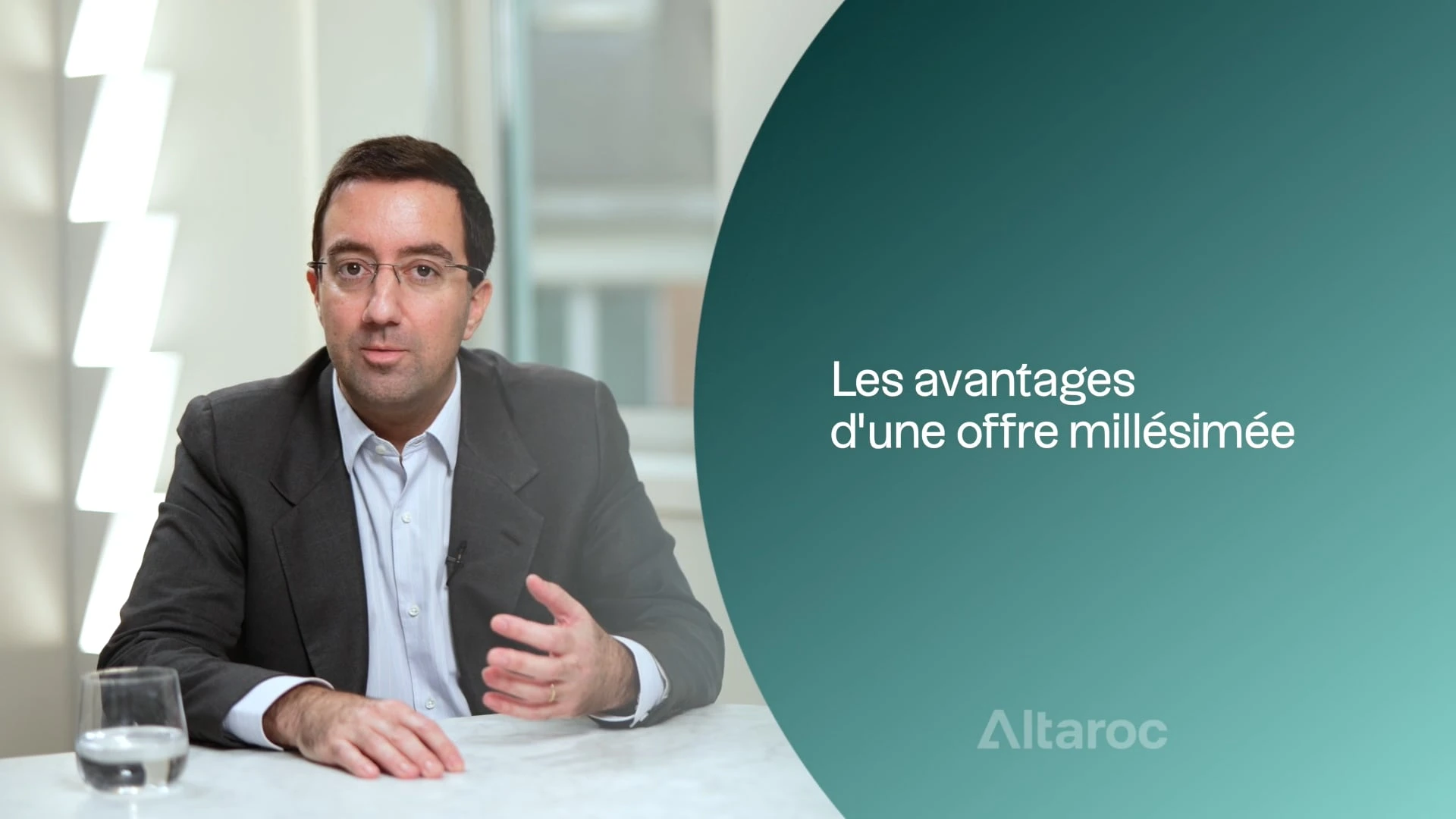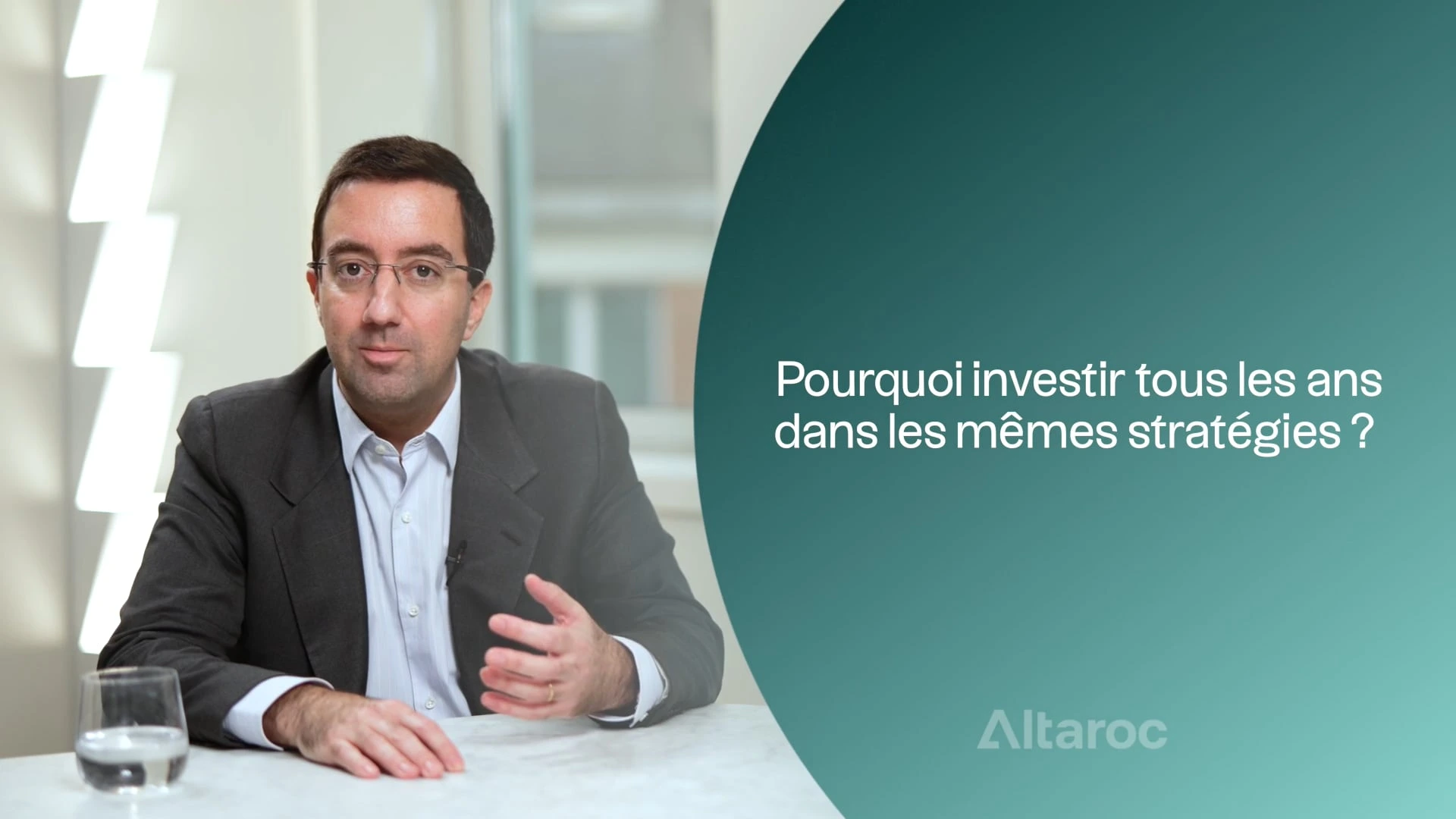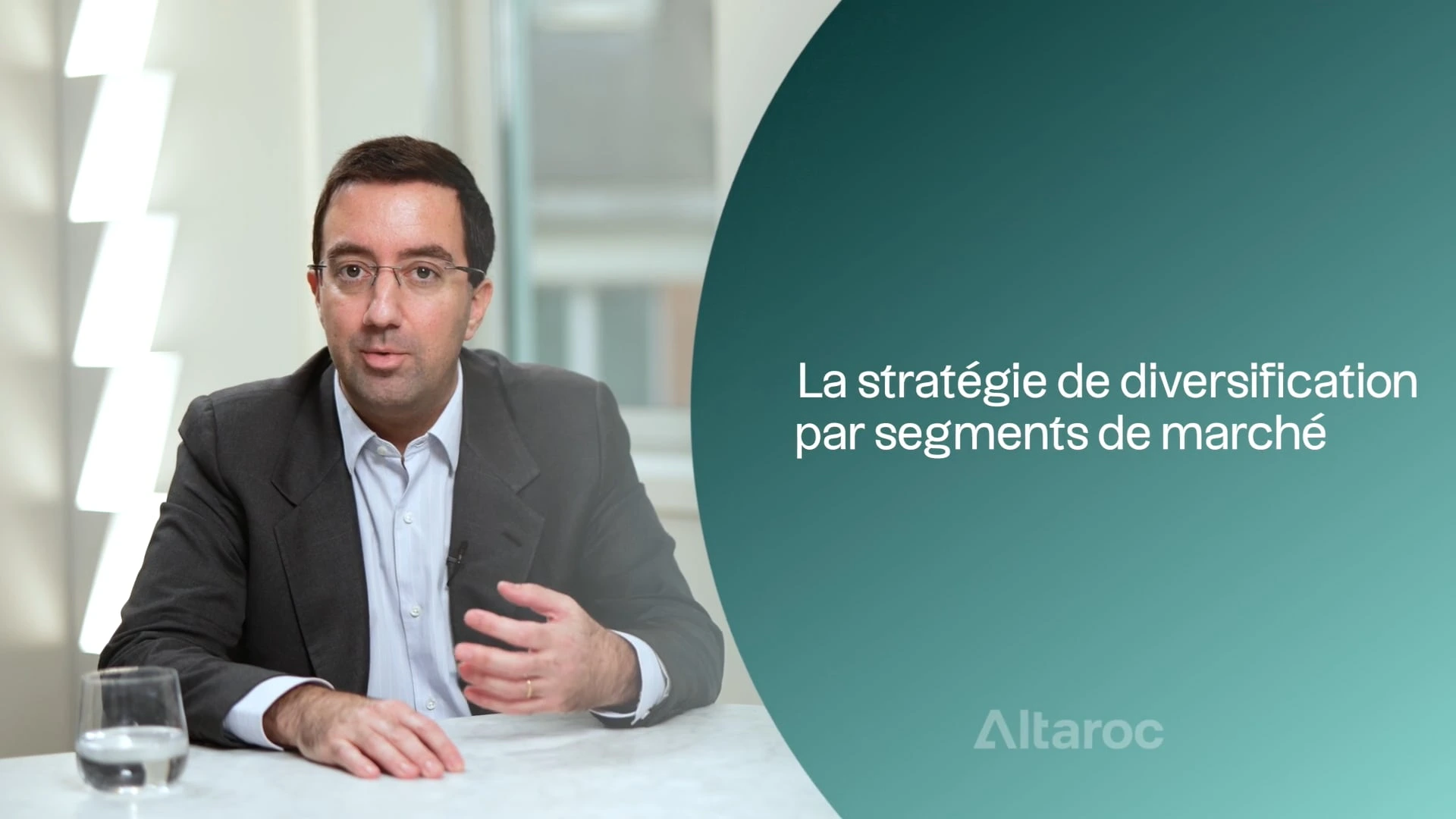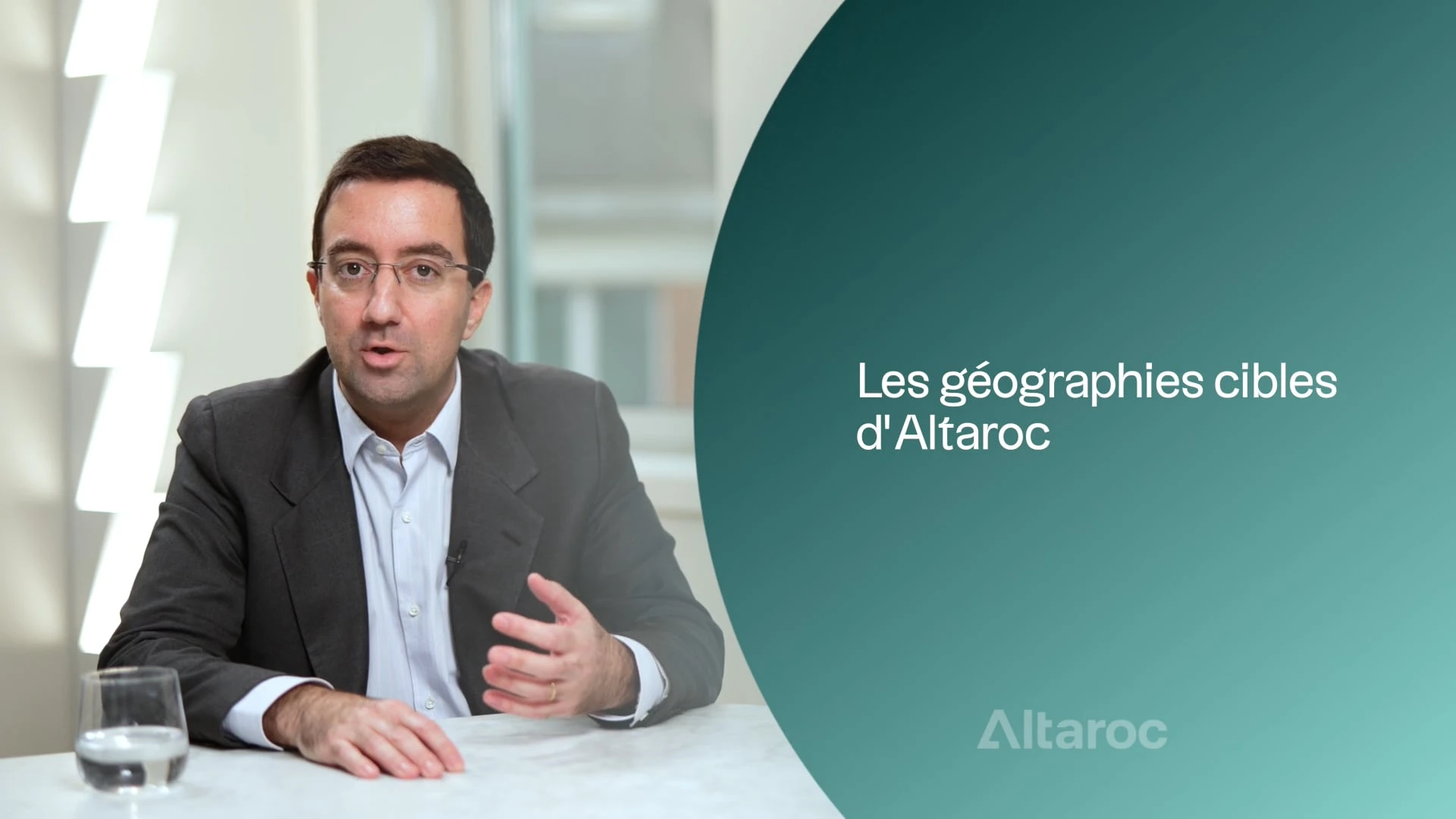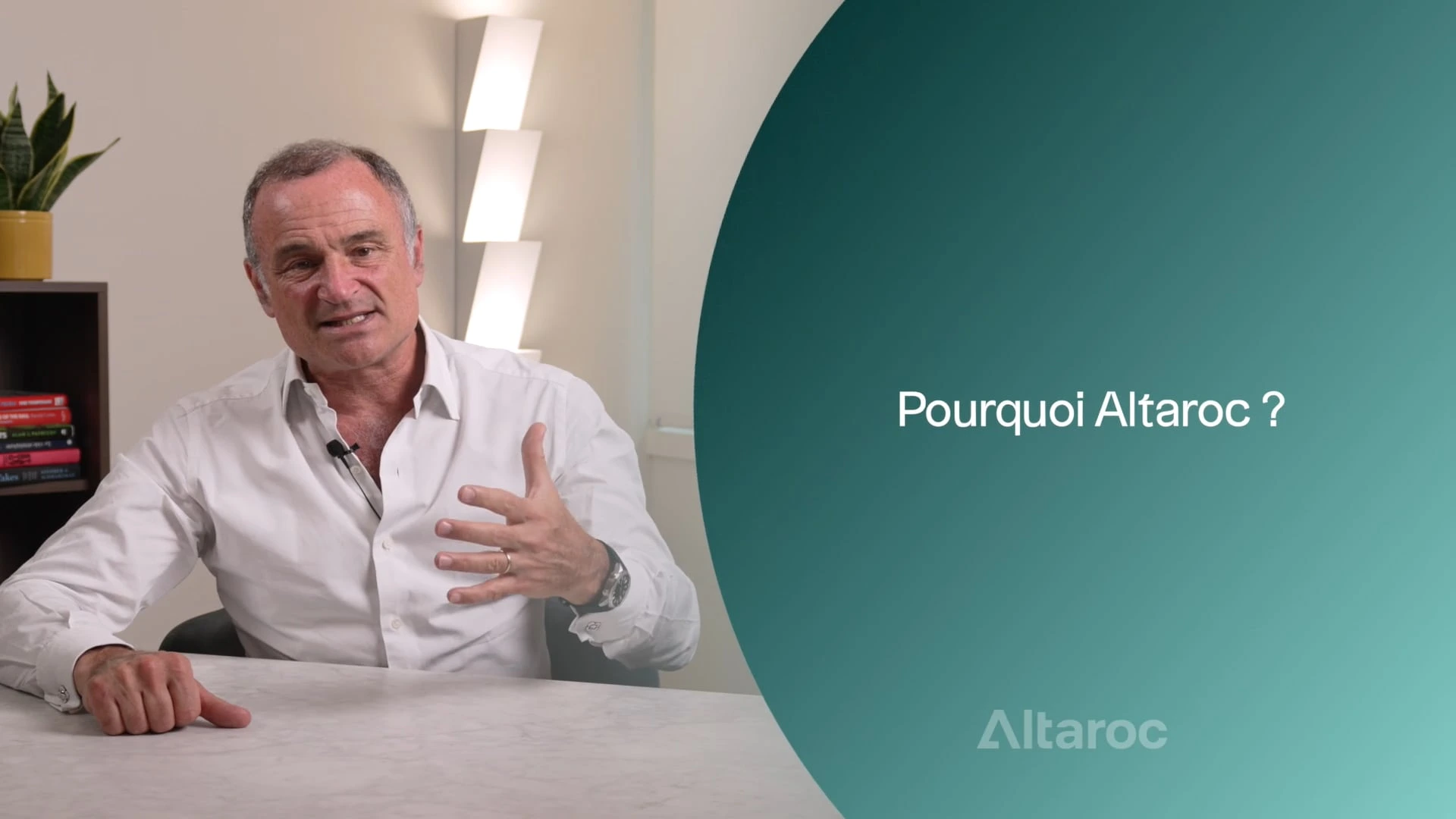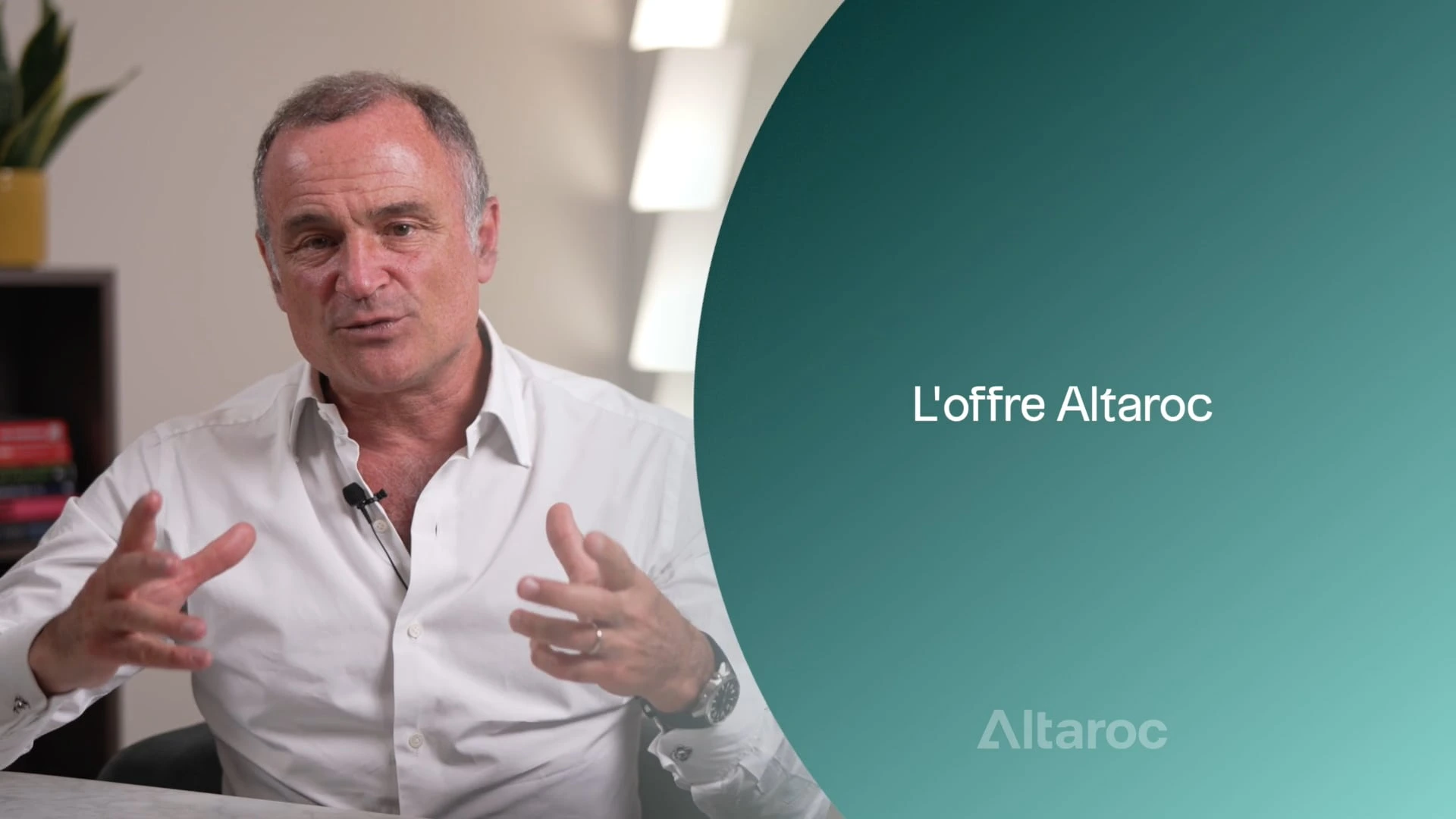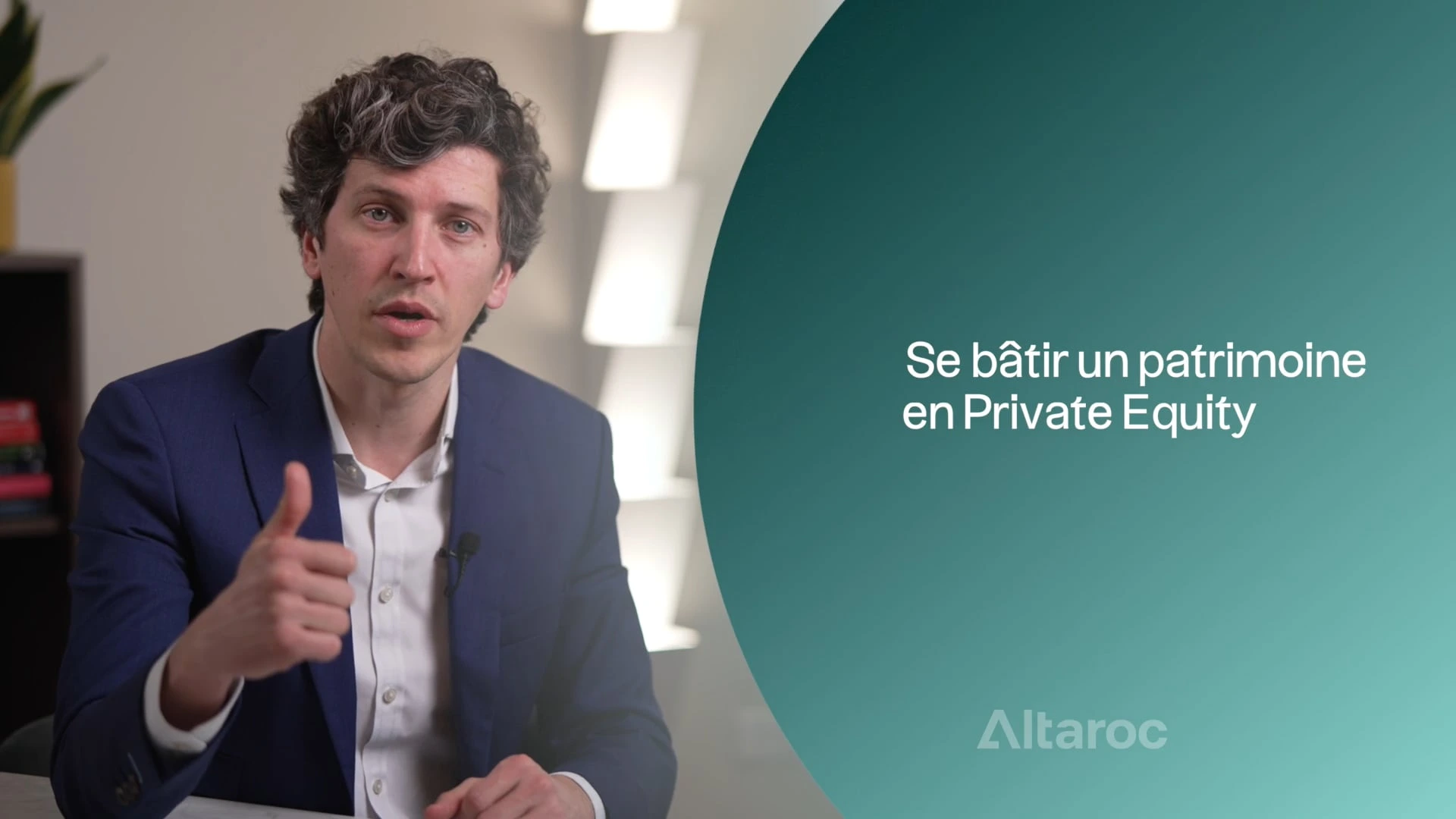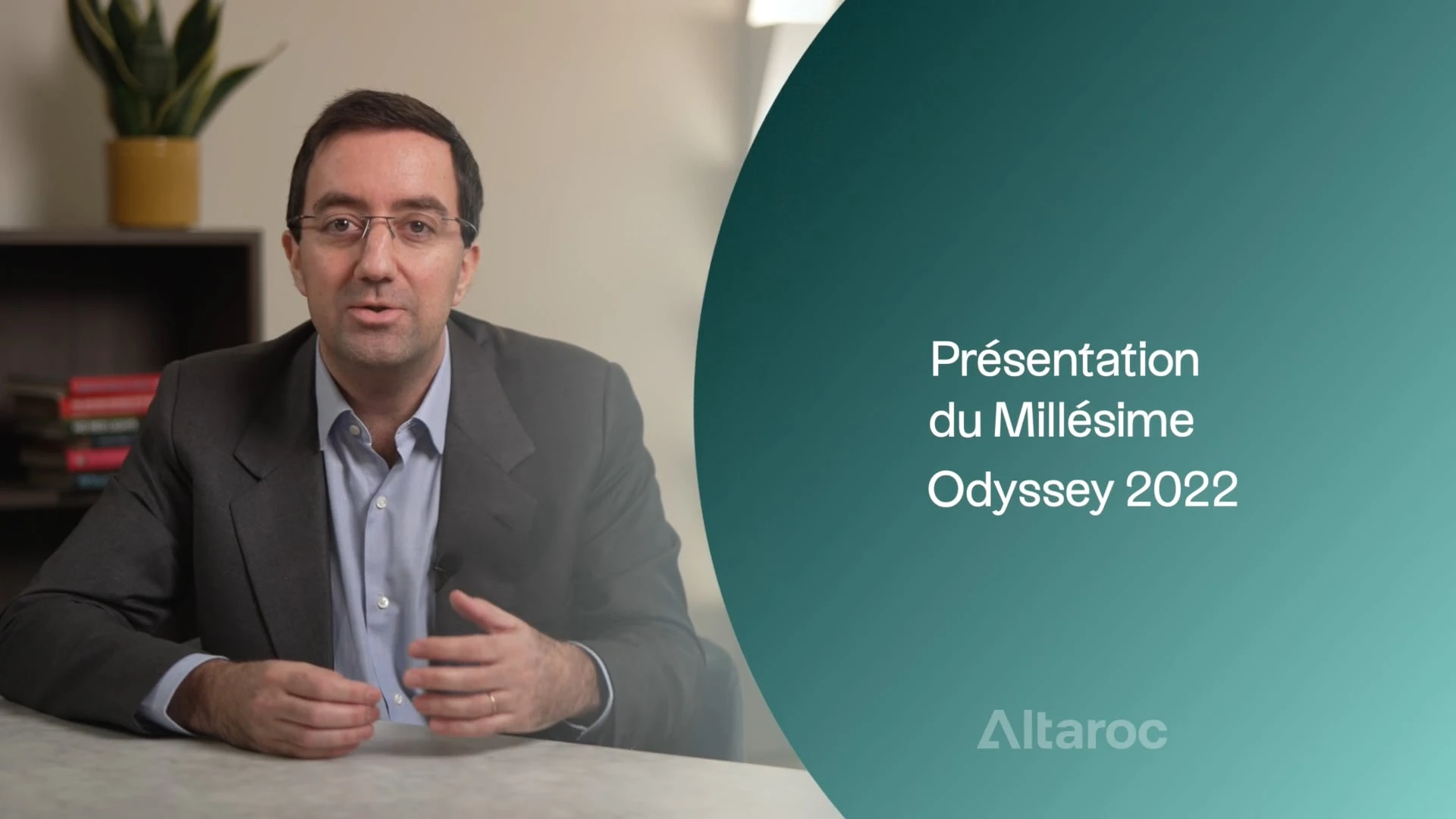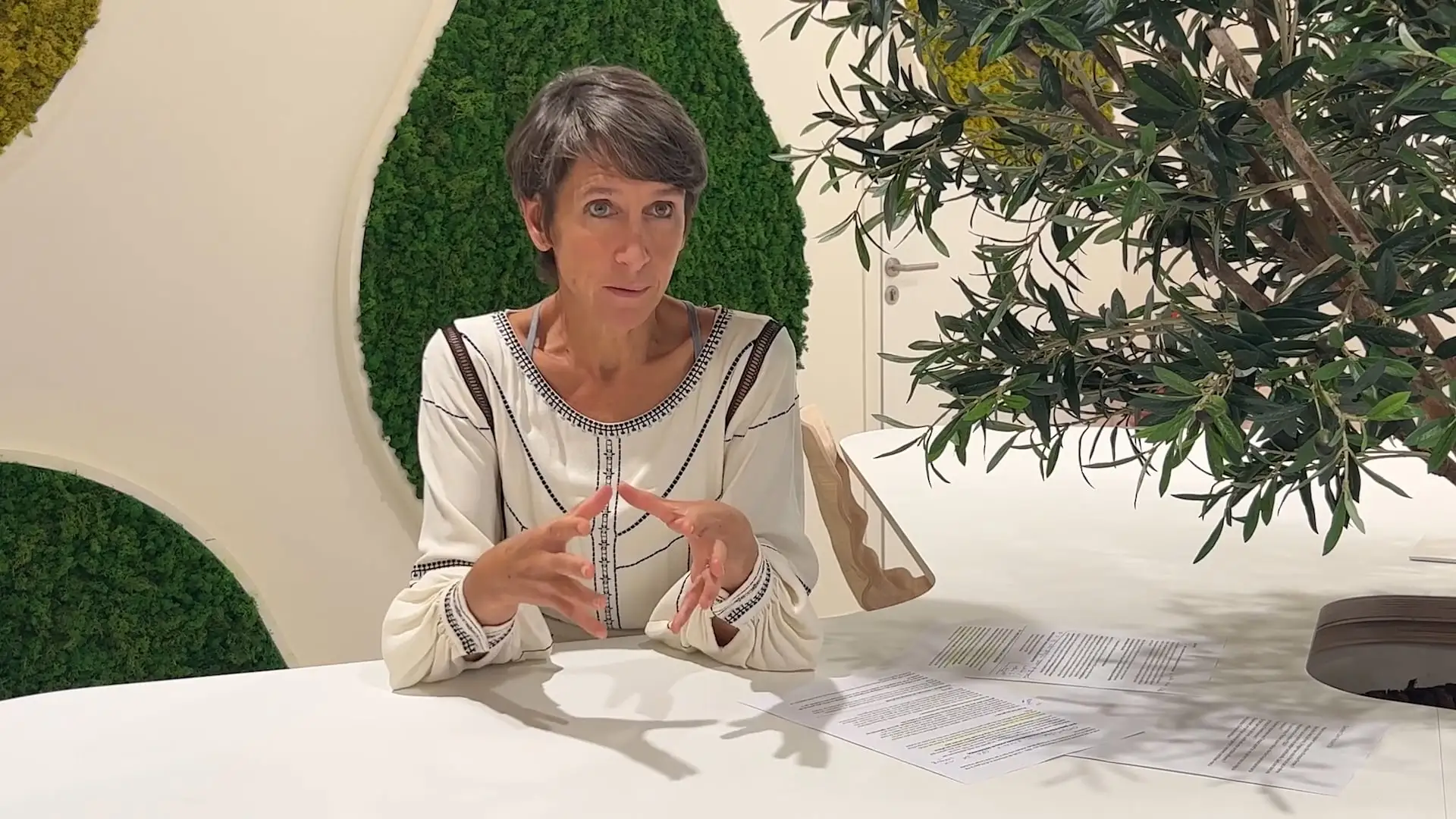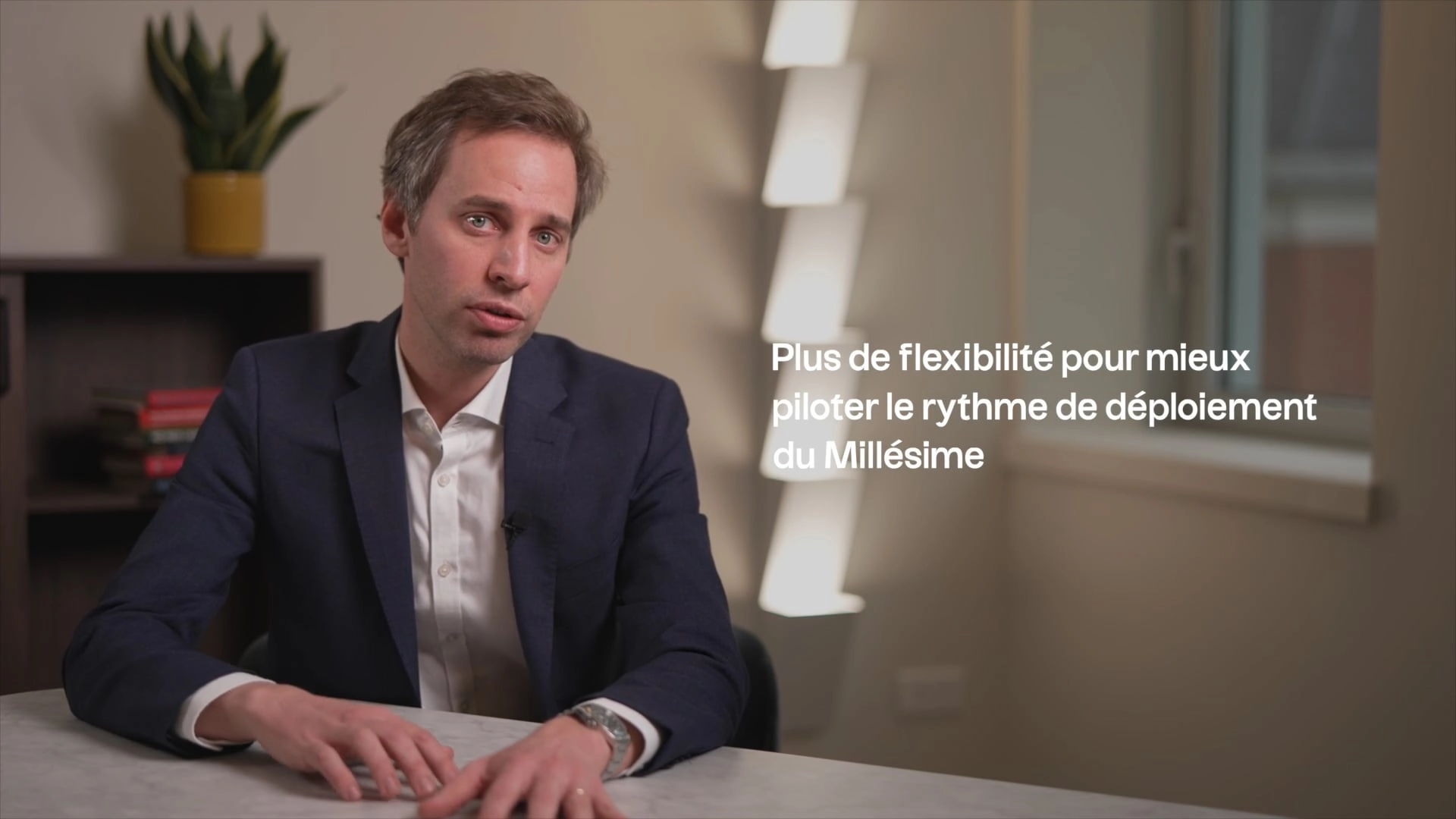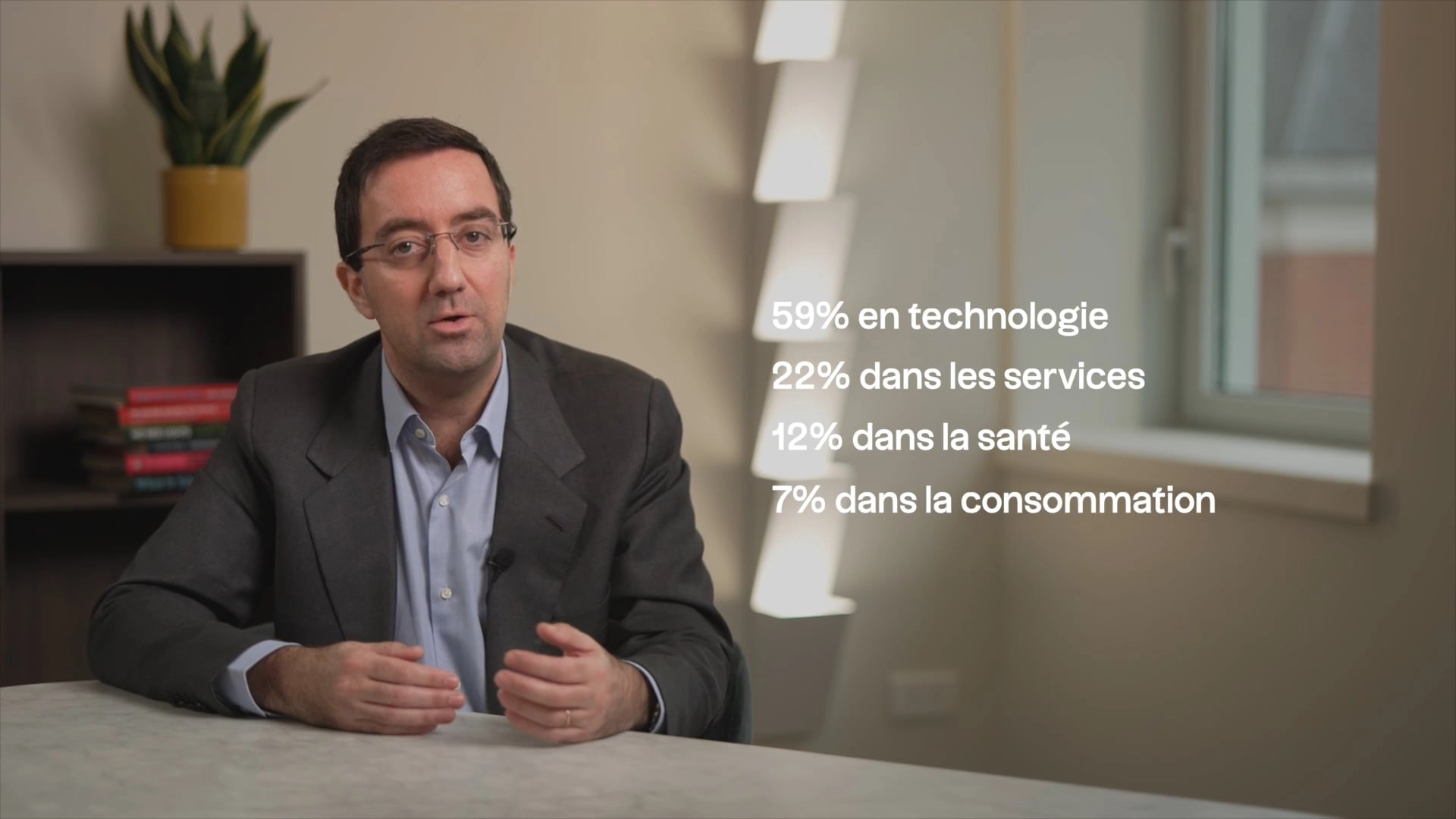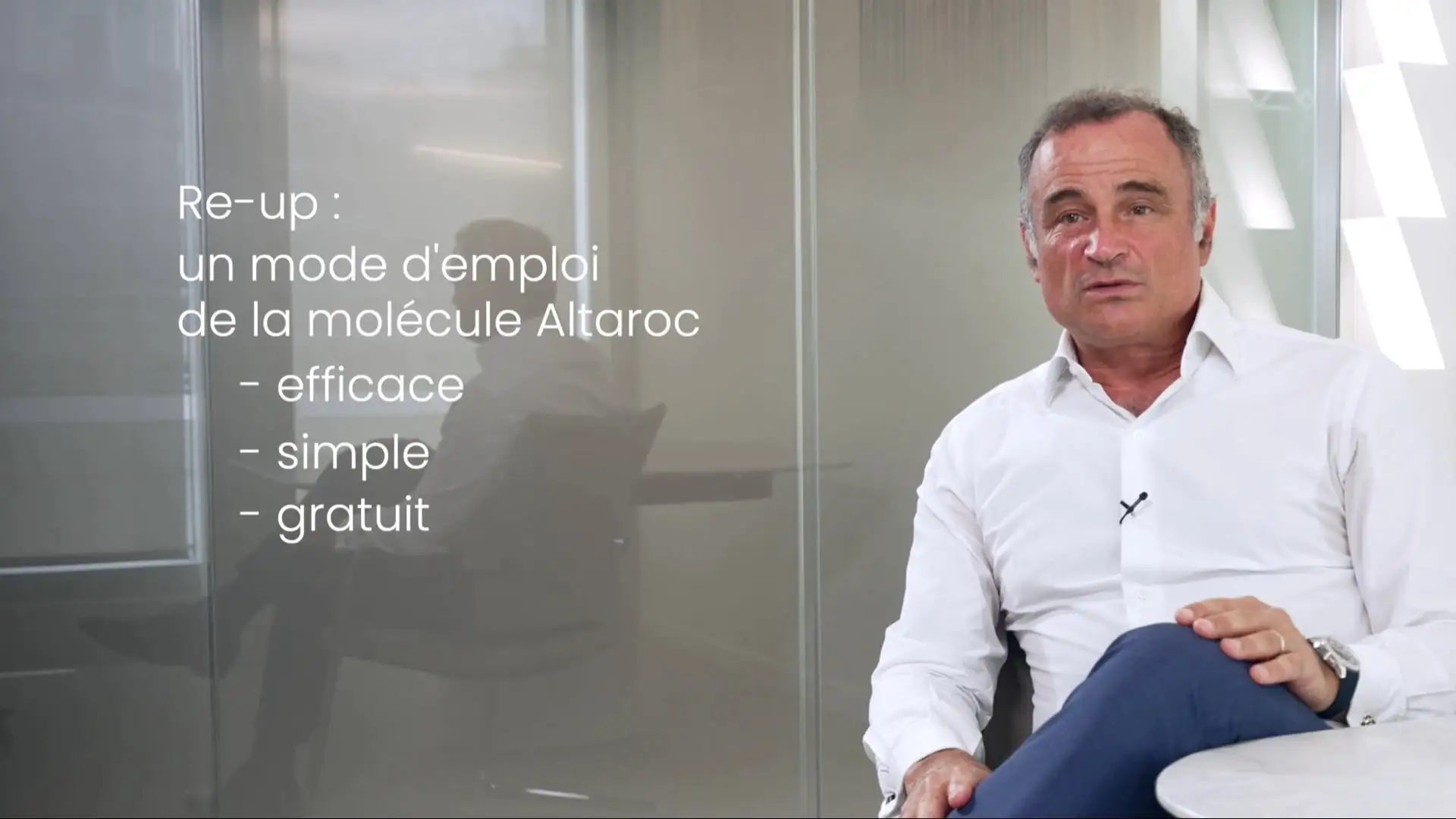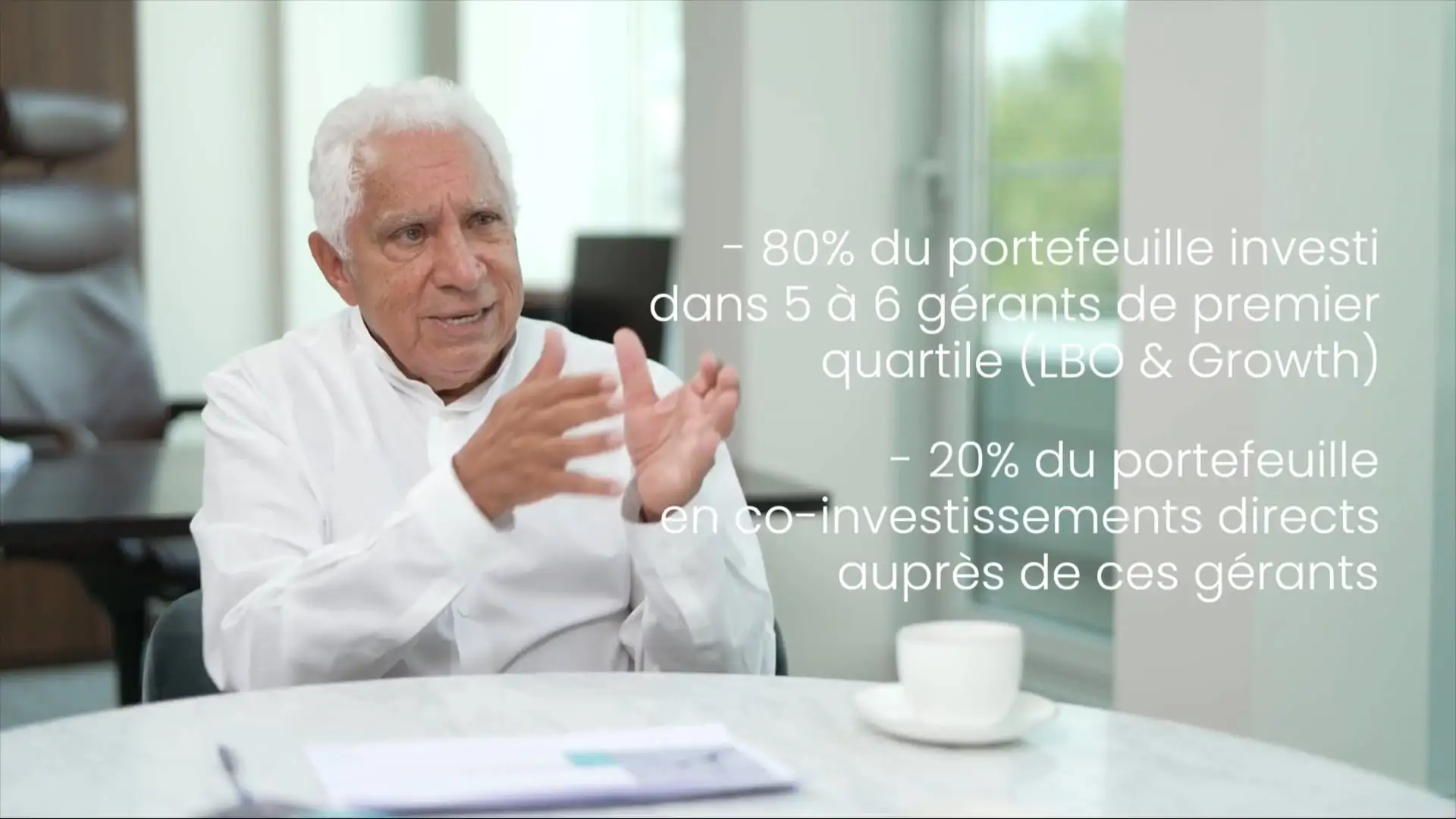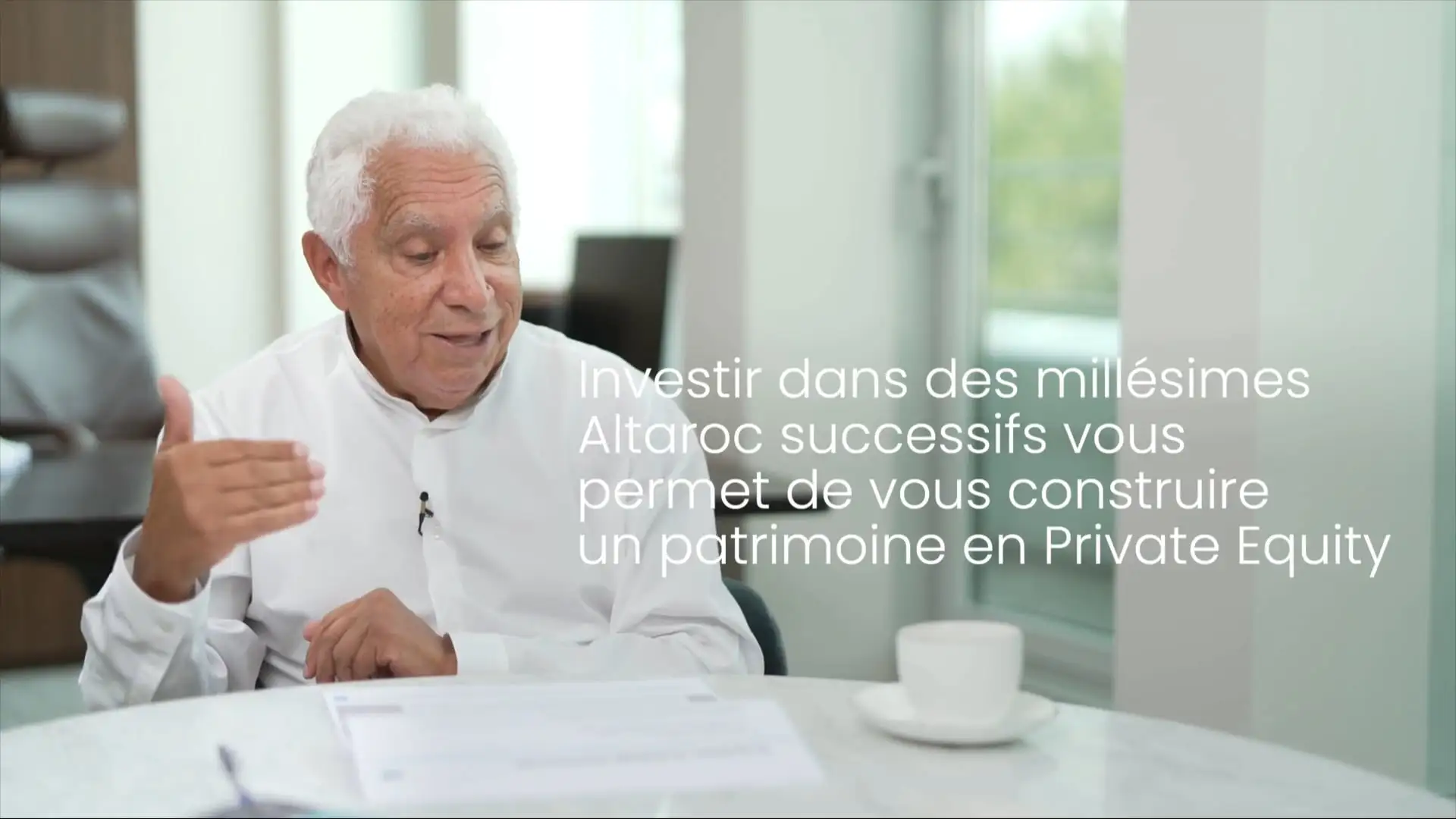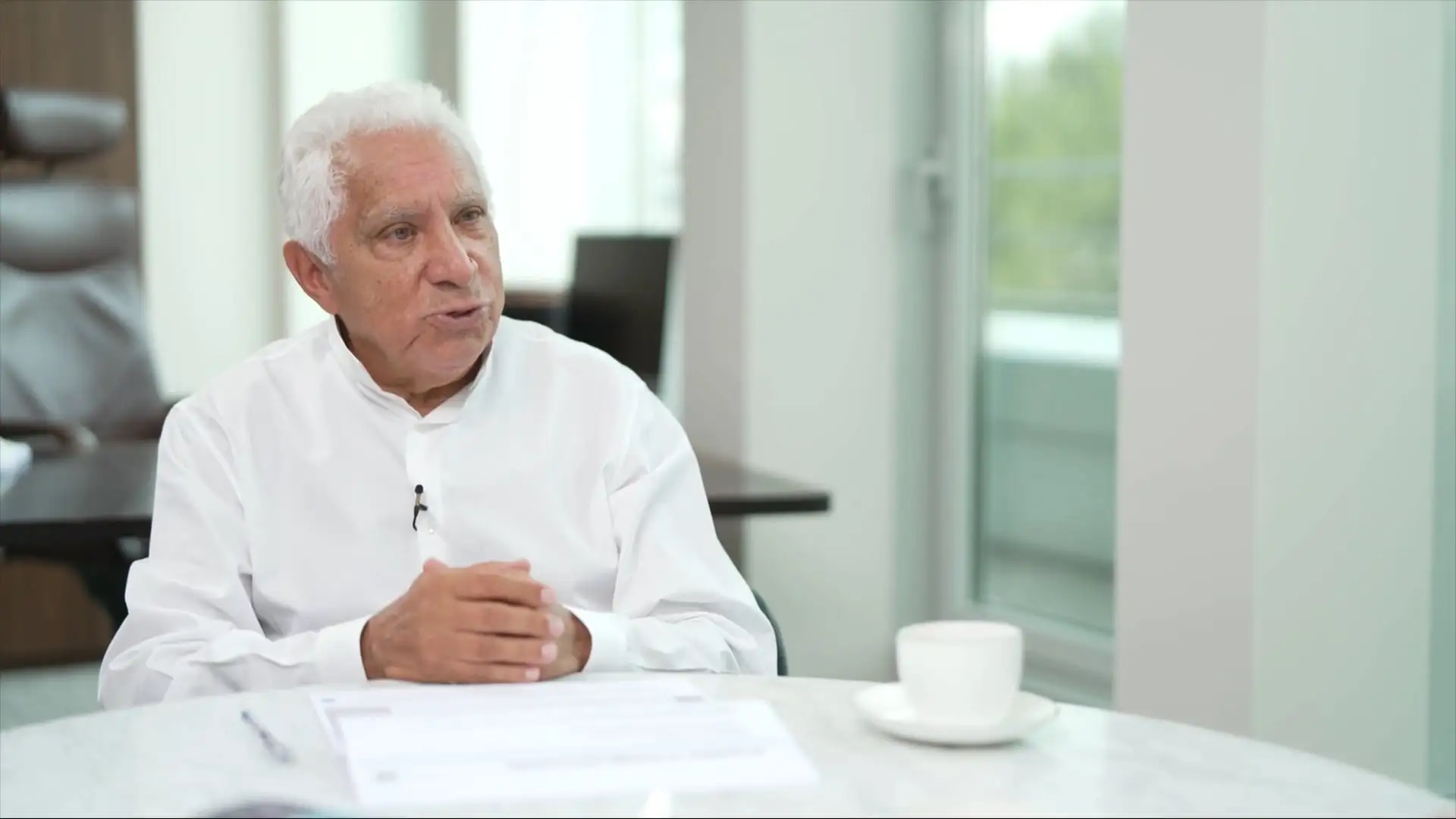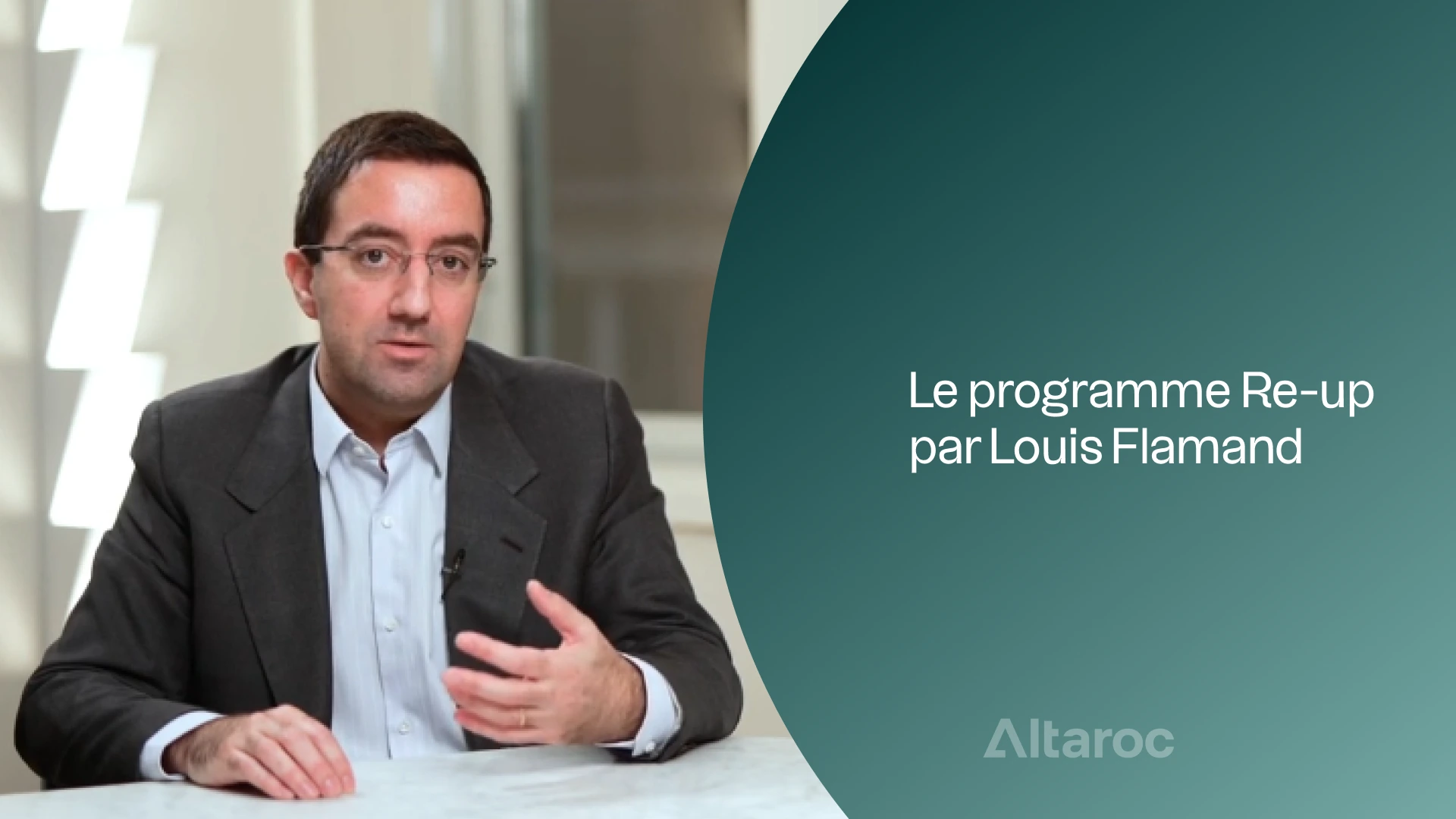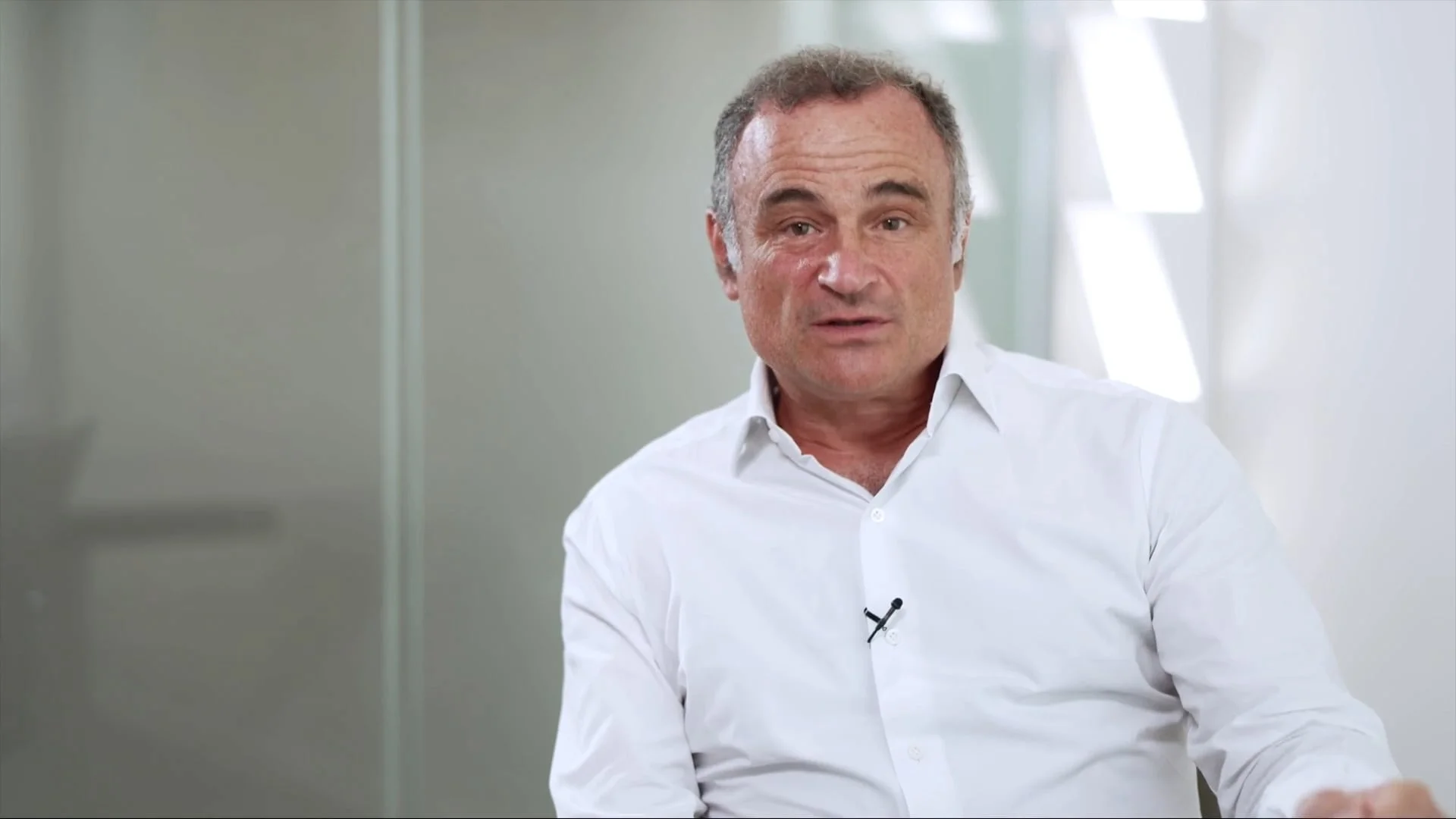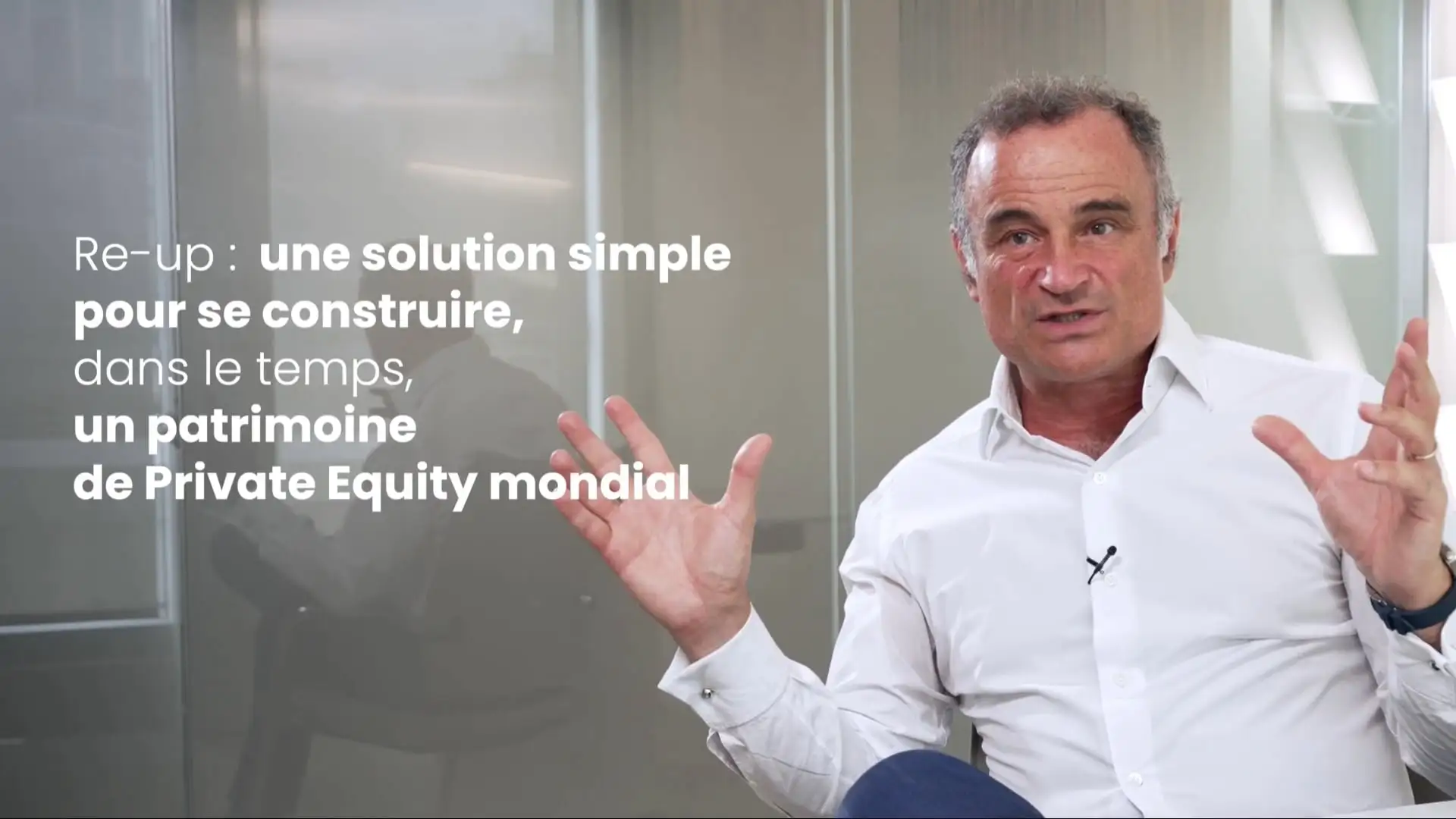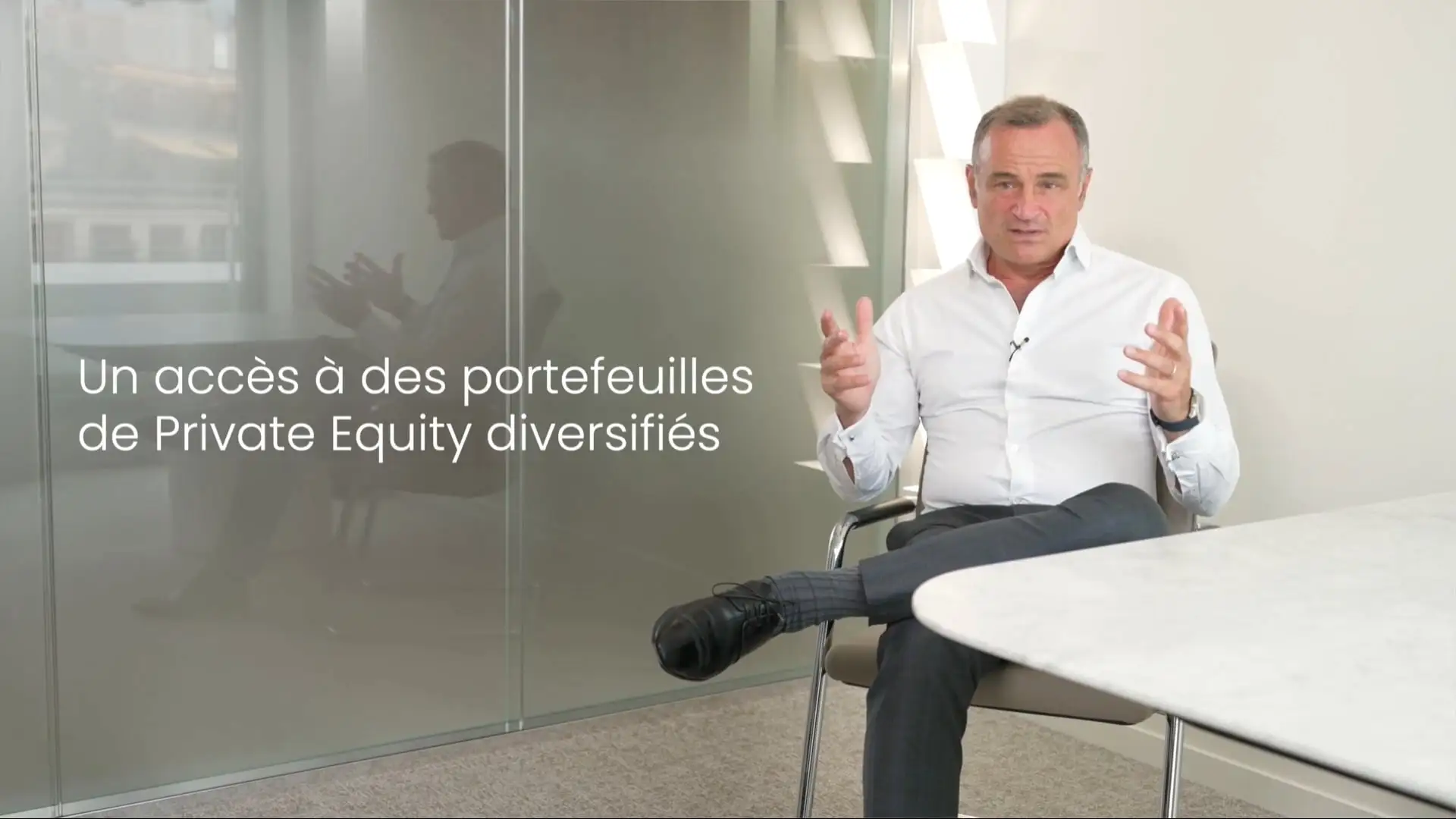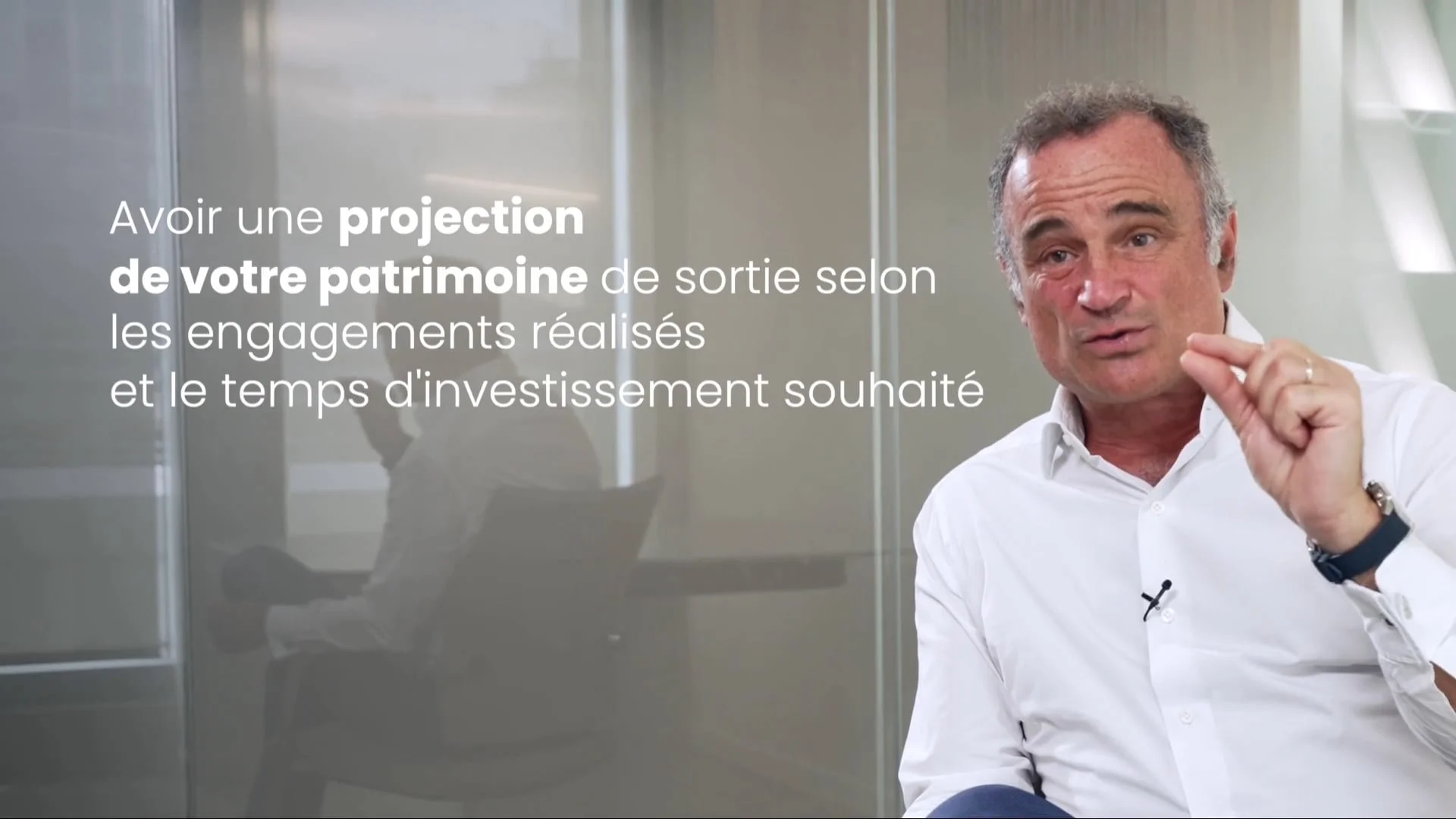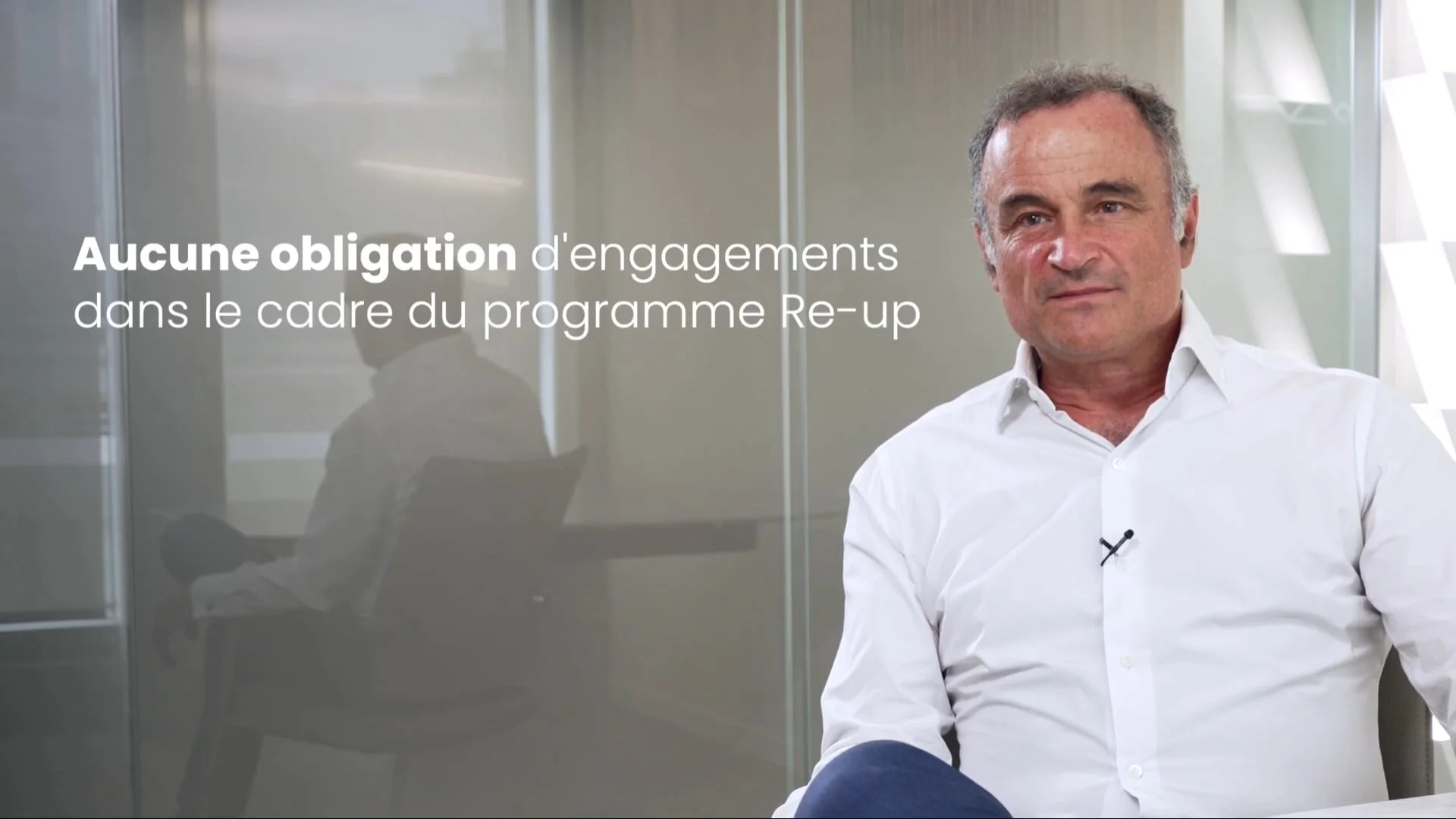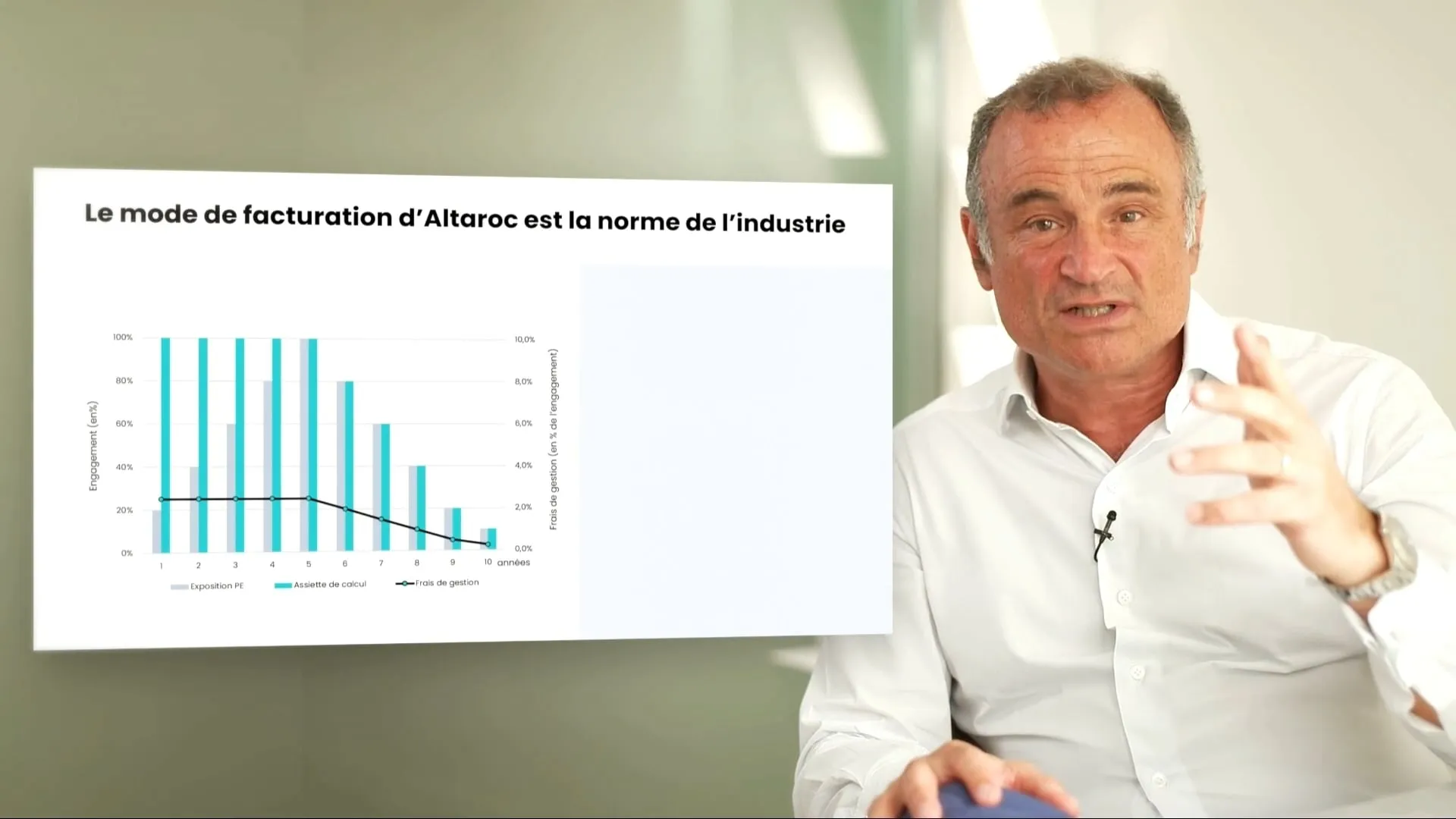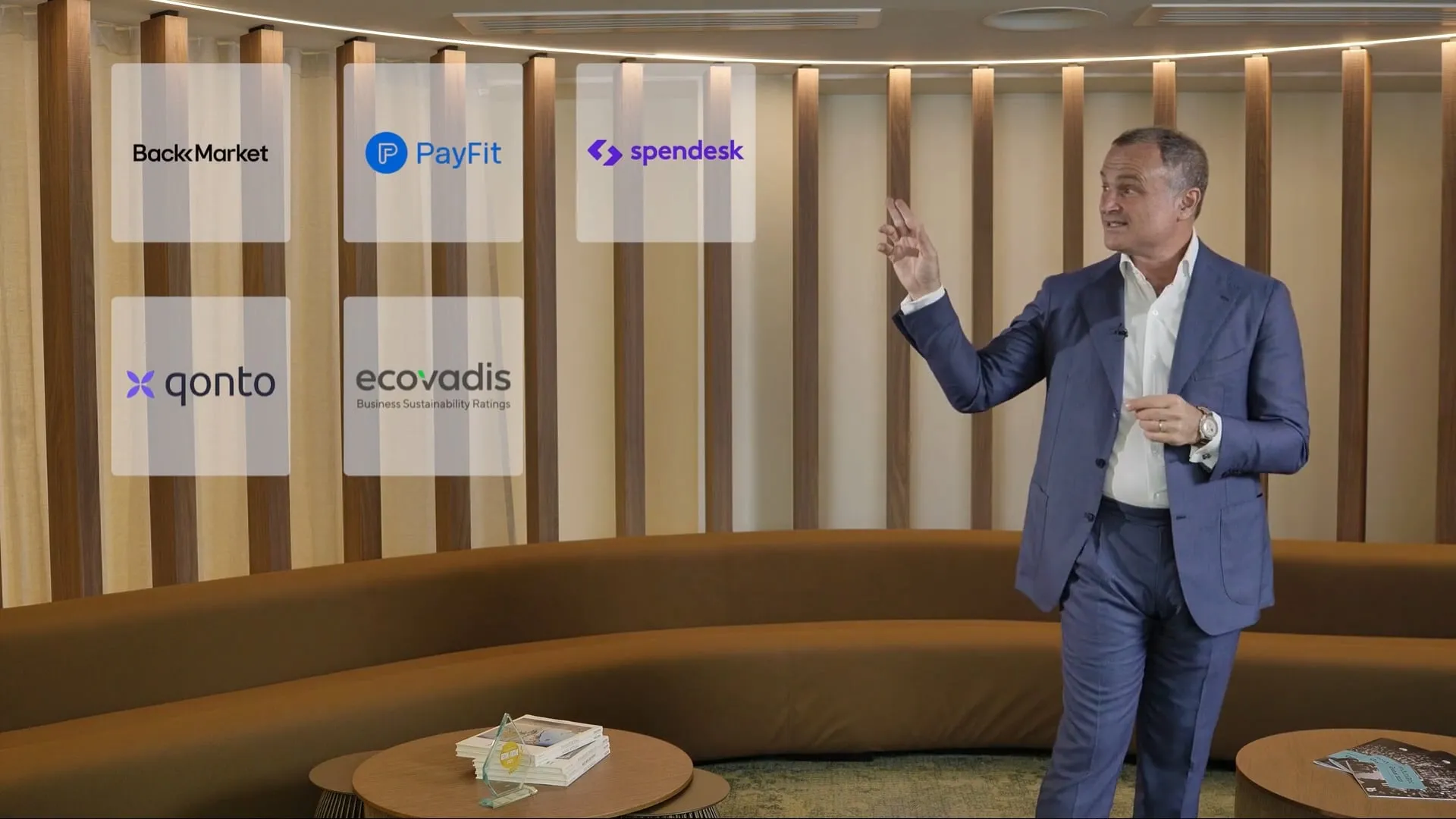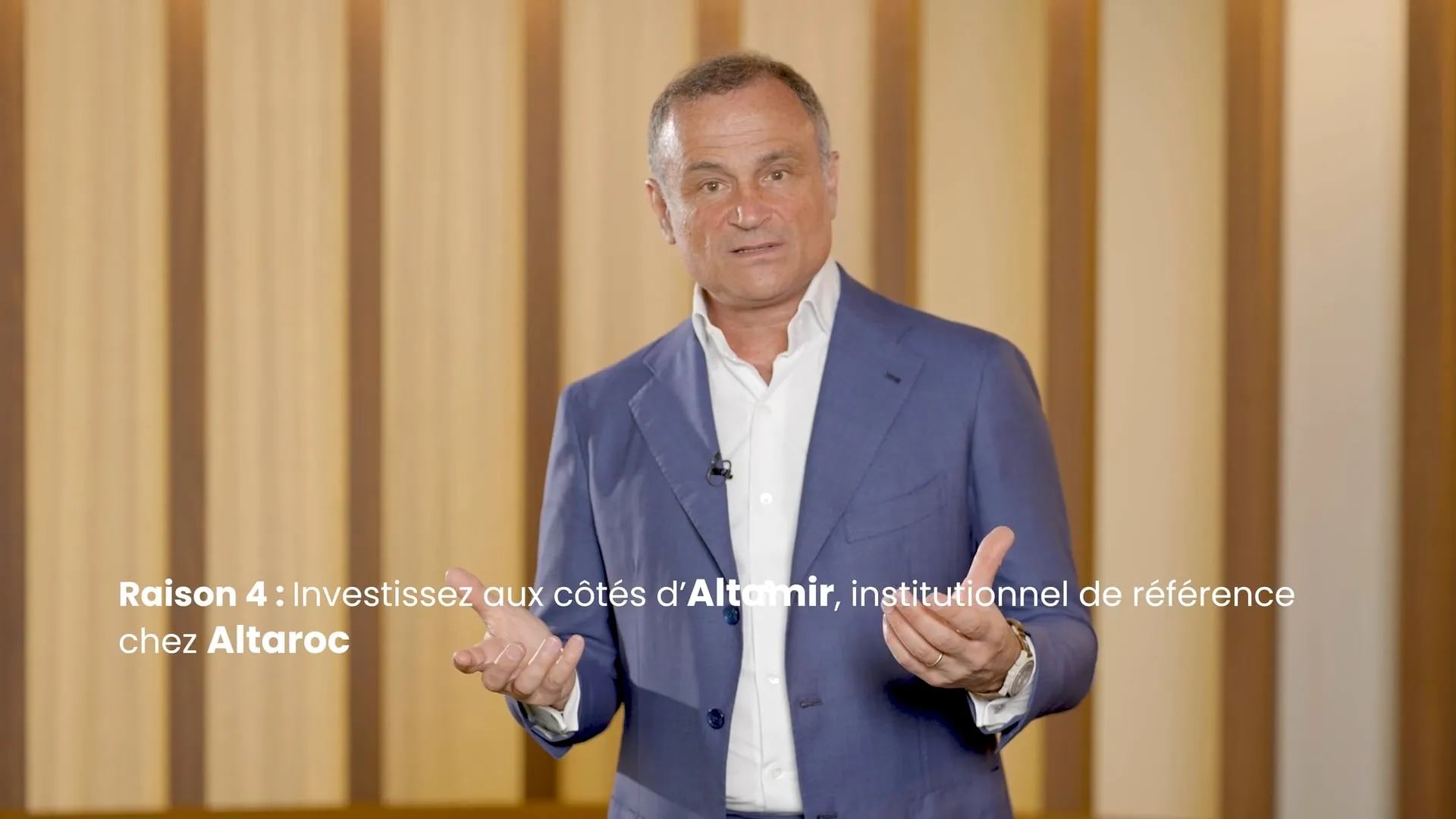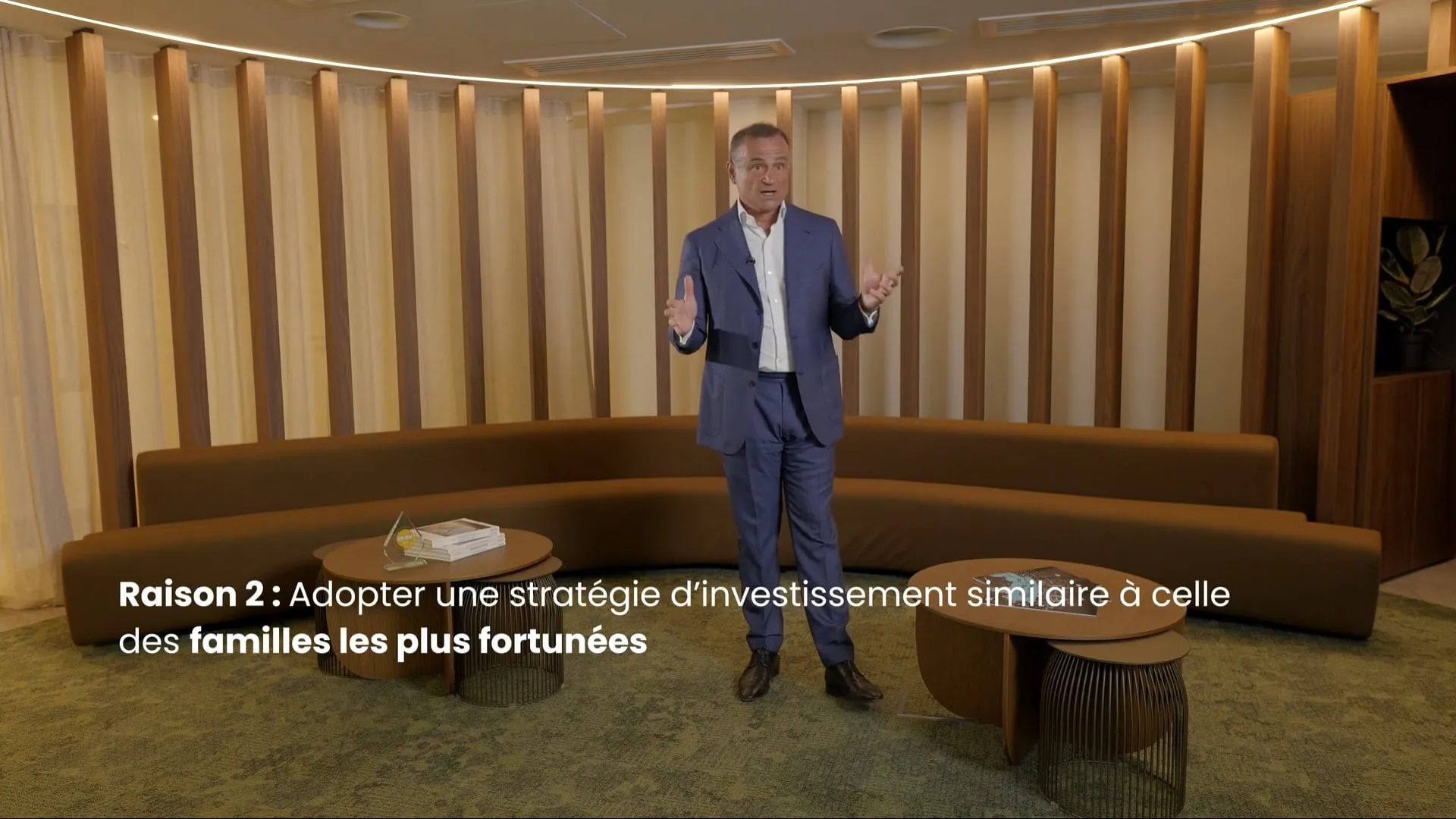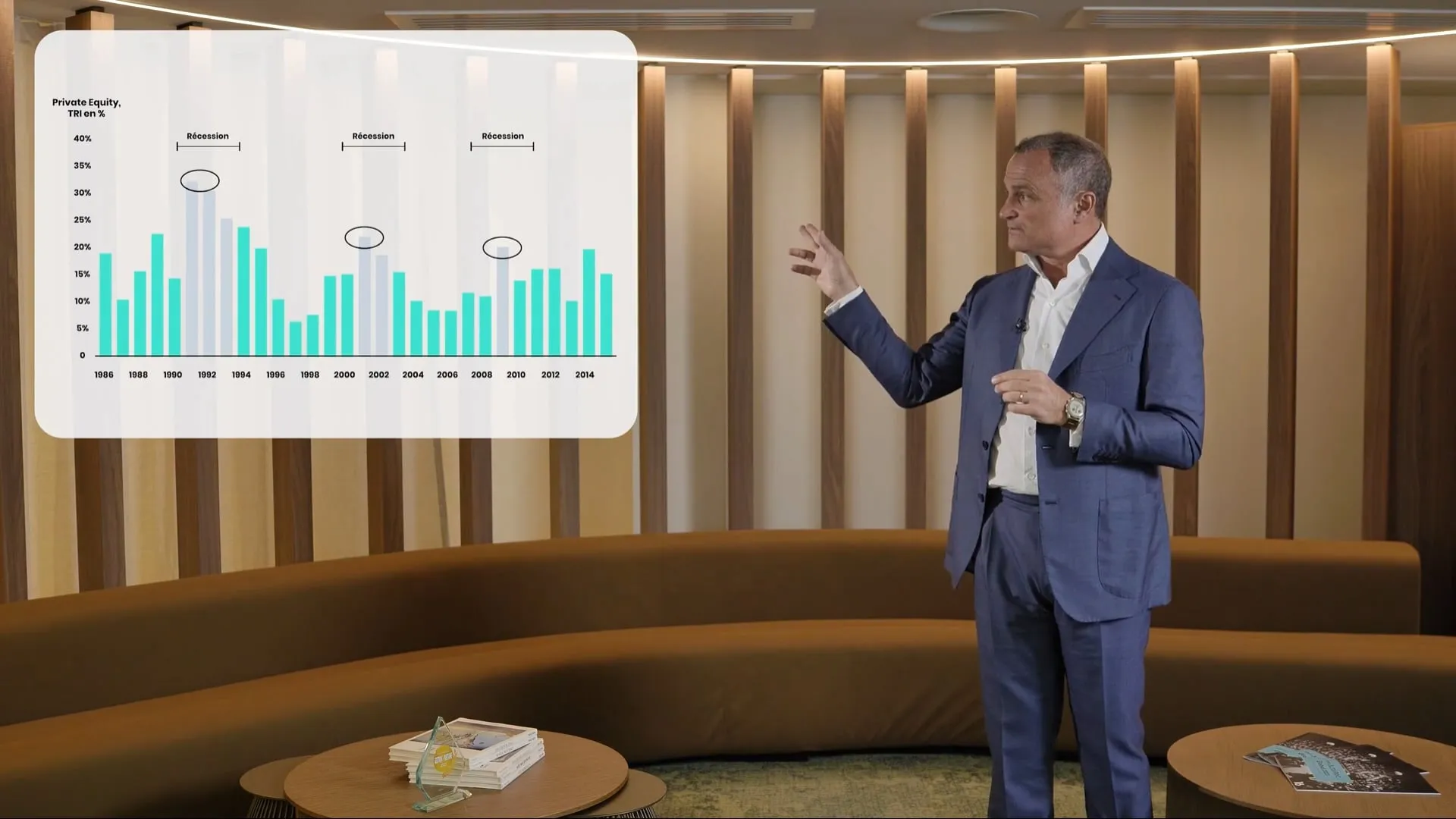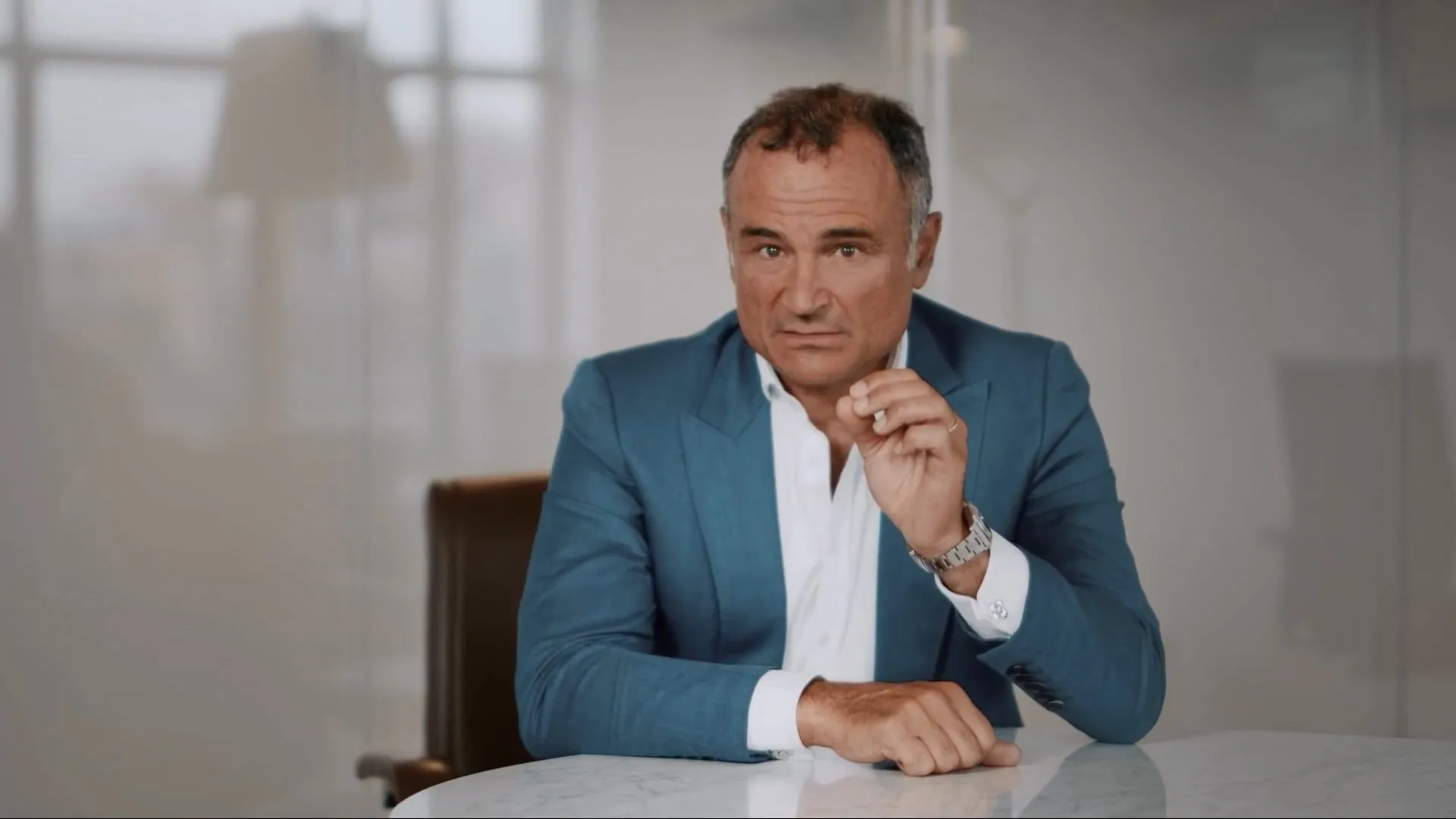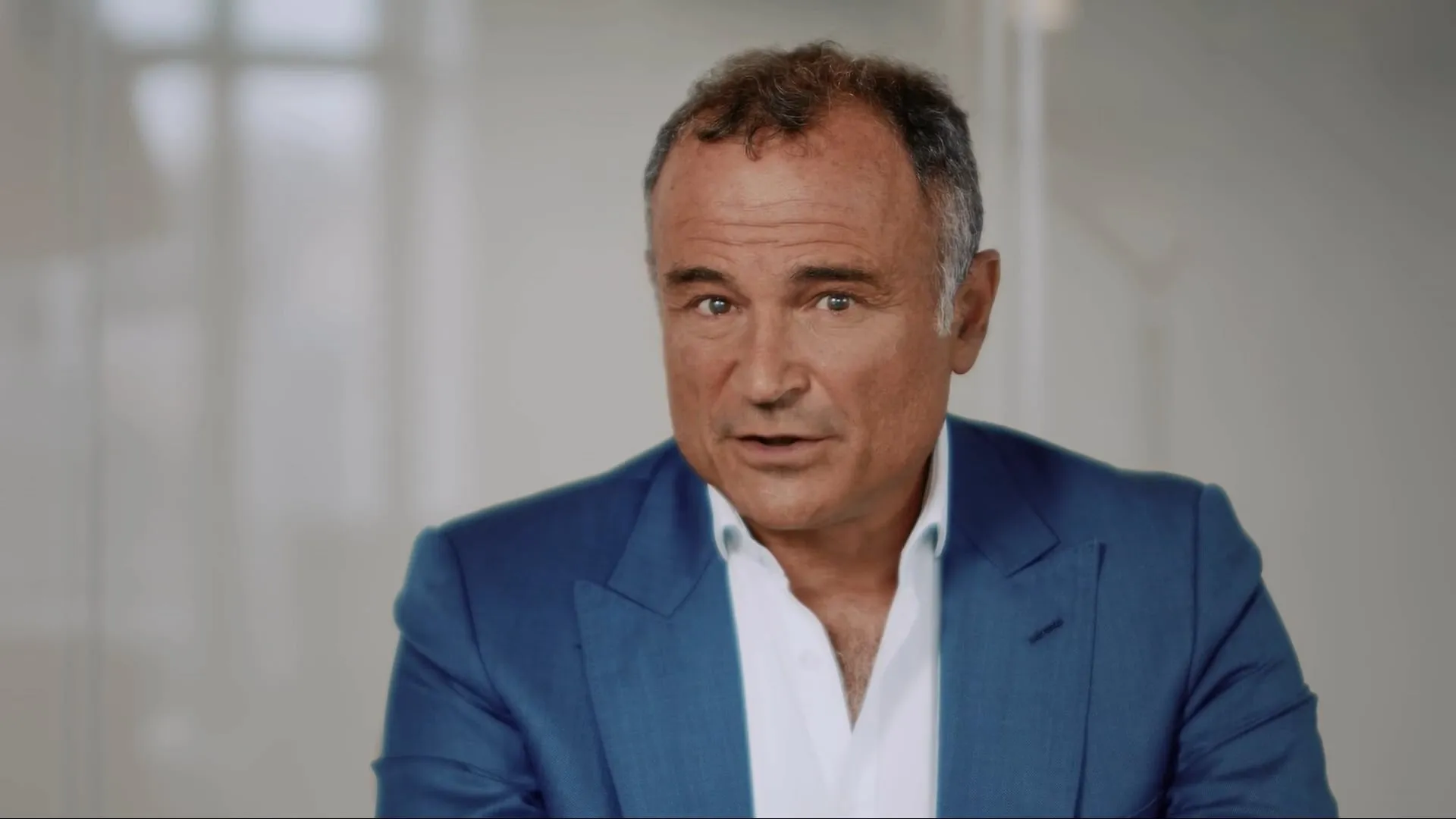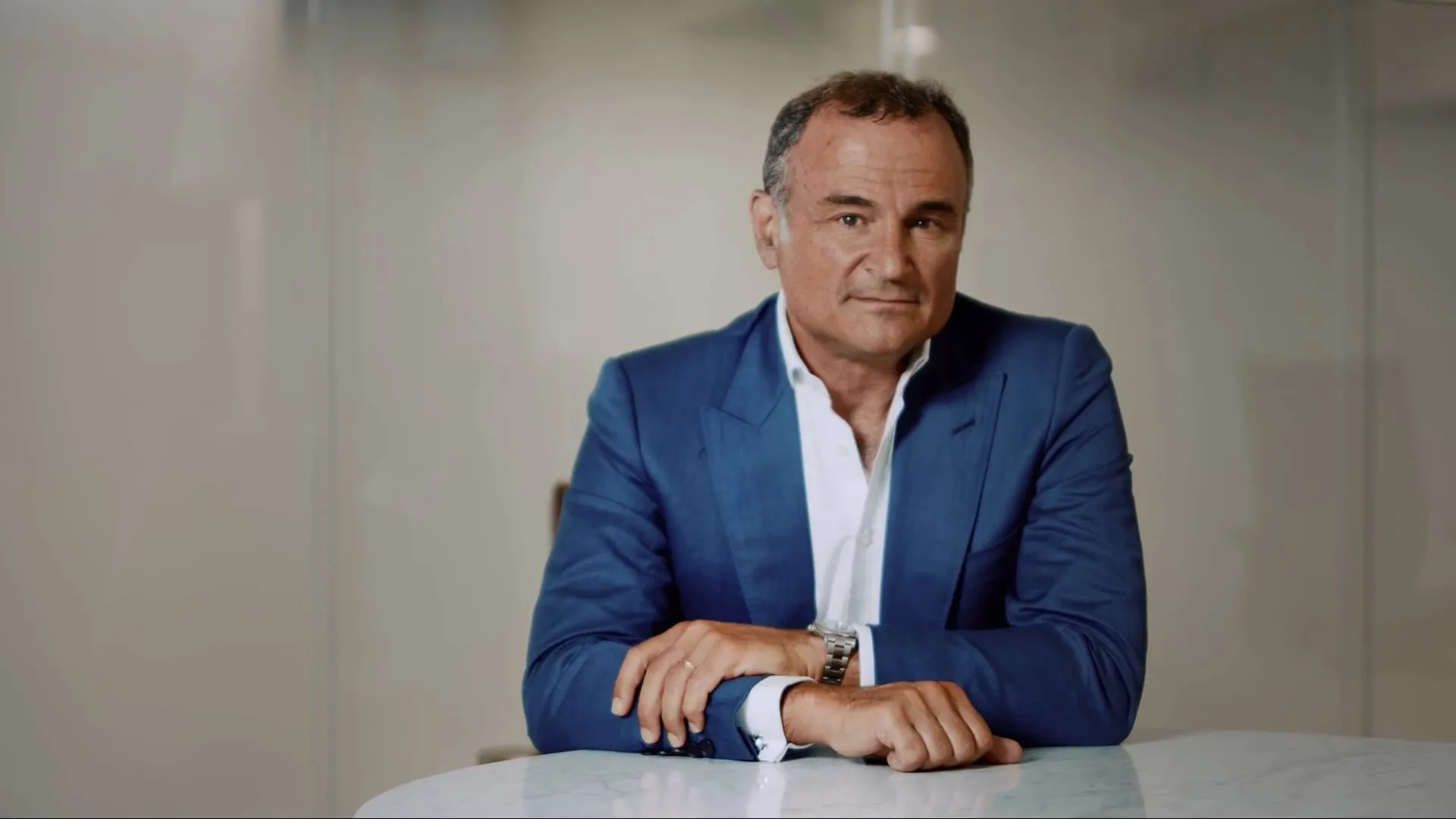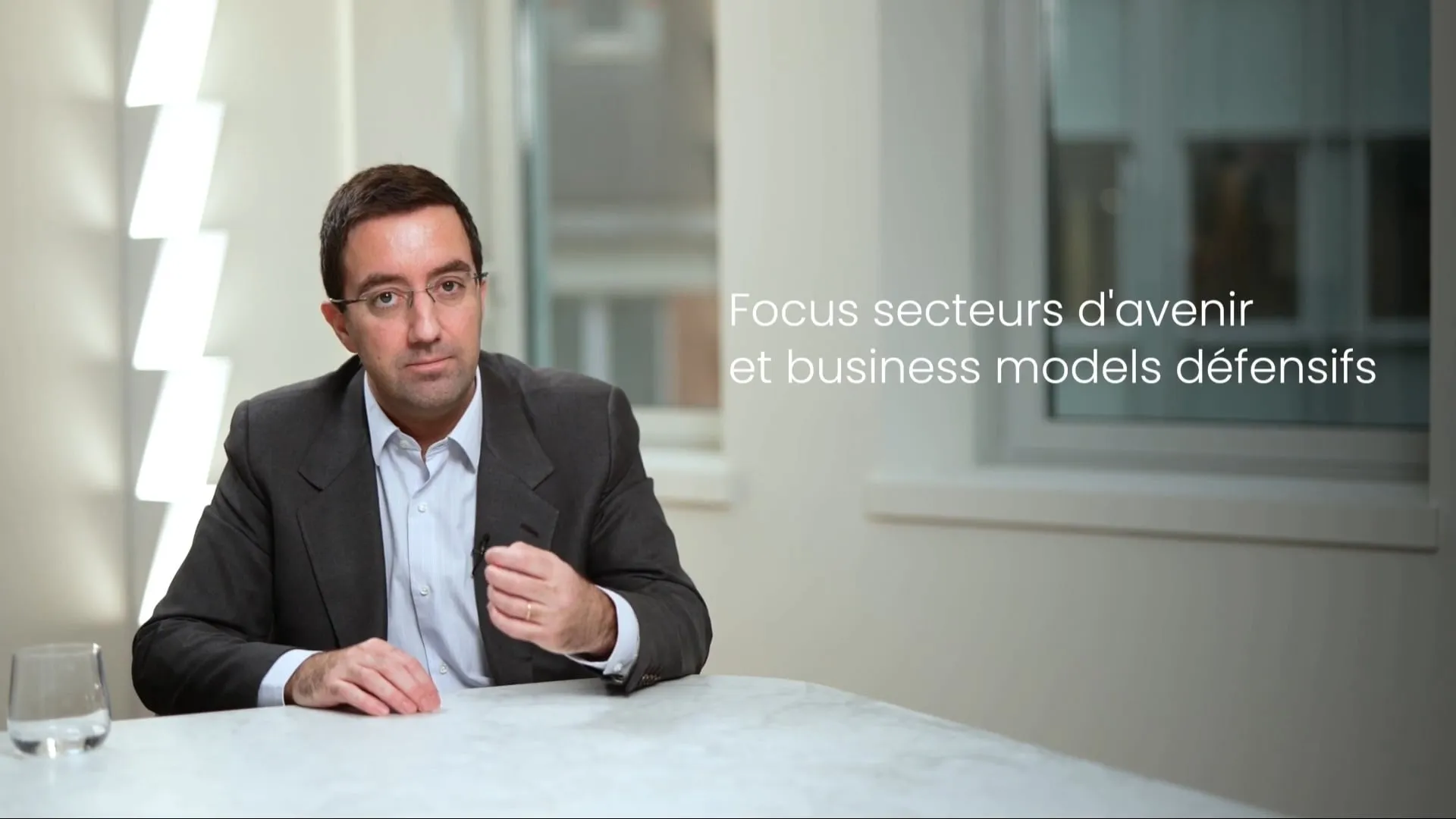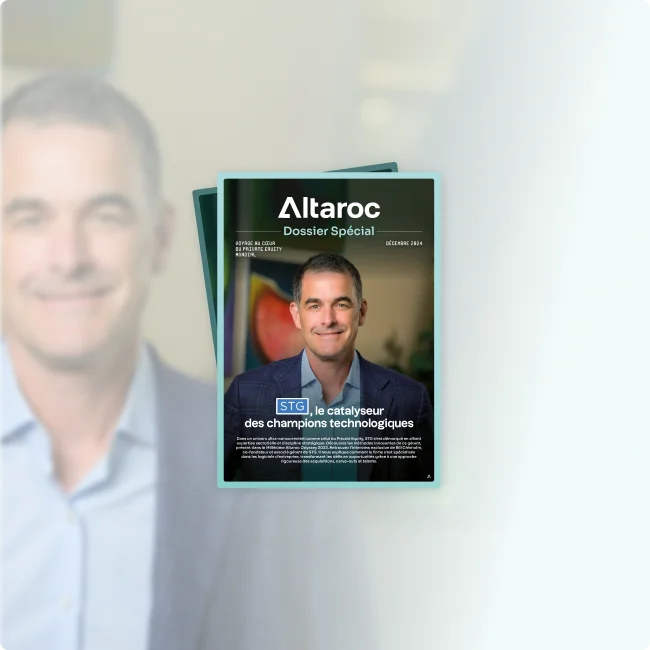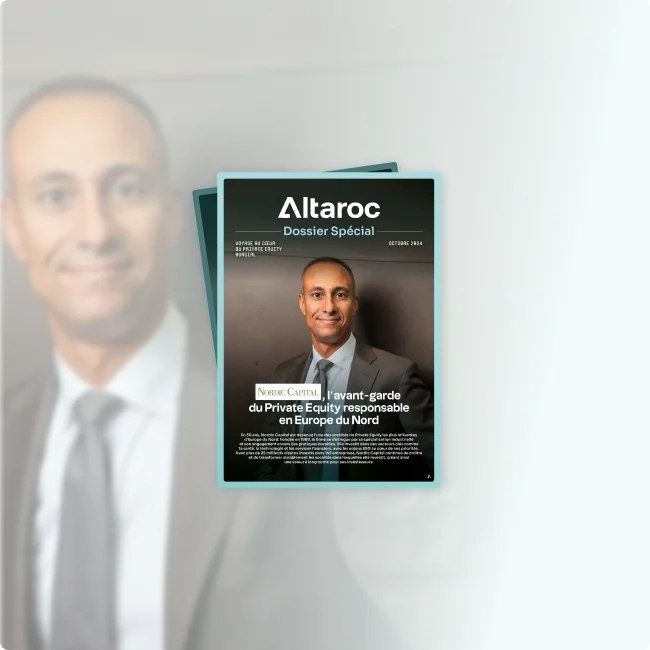
"Will artificial intelligence change the world? At Altaroc, this question no longer even arises, given that the funds we support have been investing for over ten years in companies that are revolutionizing healthcare thanks to new technologies. This is the case, for example, of AIVF, which is working on new generations of in vitro fertilization and infertility treatments. Iterative Scopes, a leading American company, is completely disrupting gastroenterology technologies with its polyp detection algorithm. Another convincing example is Biofourmis, which enables people suffering from chronic diseases to live longer, healthier lives. And let's not forget Unlearn, which designs digital clones of patients for clinical trials to improve the efficacy of future treatments and reduce testing times.

Become a parent with AIVF
Thanks to artificial intelligence, Israeli nugget AIVF has developed the latest generation of in vitro fertilization (IVF).
Since the first baby was born by in vitro fertilization in 1978, millions of children have been born, but the technology used today is expensive and no longer meets the surge in demand. Indeed, experts predict that by the end of the 21st century, a billion children could be born as a result of in vitro fertilization.
Founded by embryologist Daniella Gilboa and fertility expert Professor Daniel Seidman, AIVF addresses these pressing issues. Originally conceived as a thesis subject with the idea of combining both clinical embryology and data science, the company has developed EMA, the world's first platform based entirely on artificial intelligence (Machine Learning and computer-aided vision algorithms) to reduce waiting times to get pregnant, increase predictability and success rates.
Its technology enables clinics to speed up the IVF process by automating data and standardizing processes for the well-being of patients. And the results are convincing: in clinics equipped with this technology in Europe and the USA, the EMA platform is 50 times faster and 48% more accurate than a human embryologist.
As Daniella Gilboa explains, "our vision is to help people realize their dreams of starting a family. We bring innovative products to the fertility sector, while working on the future of reproductive medicine".
Artificial intelligence makes it possible to give life. It can also save lives in many fields, including gastroenterology.

Interative Scopes revolutionizes gastroenterology technologies
American company Iterative Scopes has developed Skout, a polyp (benign tumor) detection algorithm based on powerful artificial intelligence tools capable of detecting suspicious tissue during colonoscopy in real time, enabling early recognition of the first signs of lesion.
Iterative Scopes signed a data-sharing agreement with Pfizer in 2022 to accelerate the development of new treatments for patients suffering from inflammatory bowel disease (IBD), and enable the company to enrich its algorithms for assessing disease severity. Currently, assessment measures depend on the experience and intuition of doctors. The artificial intelligence deployed by Iterative Scopes is directly integrated into colonoscopic imaging, and the company's calculation software automates video interpretation.
Jonathan Ng, the company's founder, worked for over 10 years in medical facilities, notably at Massachusetts General Hospital, and founded several pediatric centers in Cambodia. He is also the founder of Children of Cambodia, a philanthropic organization that aims to improve the living conditions of children in Southeast Asia, and through his work, has succeeded in developing the first pediatric cardiothoracic surgery units at Angkor Children's Hospital.Jonathan is also a referral physician for the Singapore Ministry of Health, where he assists the government in its policy of improving access to healthcare in the Asian region.
It was after a car accident, which fractured his wrist, that his career took a new trajectory: giving up surgery to devote himself to medical research and Iterative Scopes.
The company has enjoyed strong growth since its creation, and currently has 150 employees.

Unlearn creates digital twins for clinical trials
Unlearn 's mission is to accelerate clinical trials using artificial intelligence. The company has developed the first machine-learning technology to create digital clones of patients in clinical trials, enabling shorter, faster studies. Thanks to Unlearn, medicine is becoming predictive, preventive and personalized.
Based in San Francisco, the firm works with pharmaceutical companies, biotechs and university researchers to optimize clinical trials by applying artificial intelligence methods with patient data. In this way, it creates digital twins who possess the same prognostic predictions for a patient undergoing treatment. The company specializes in digital twins for Alzheimer's disease and multiple sclerosis.
The aim of creating digital twins is to reduce the number of patients to be recruited for clinical trials - a Phase III clinical trial requires an average of 3,000 patients - and to test drugs before administering them to patients.
Note that the digital twin is not a robot or a 3D body reproduction, but a set of data that reflects each human organism as accurately as possible.

An American unicorn valued at $1.3 billion, Biofourmis leverages new technologies to streamline exchanges between patients and care teams, with the direct and positive consequence of optimizing medical treatments and better patient monitoring. The company's aim is to advance digital therapy through artificial intelligence and machine learning. Using sensors placed on the patient, Biofourmis collects essential data to study the effects of treatments and thus predict potential complications. Its tools are equally suited to monitoring heart failure treatments, oncology, acute coronary syndrome and chronic pain.
Although the company is based in Boston, its founder, Kuldeep Singh Rajput, has not forgotten his Singaporean roots: "I am an active member of the healthcare innovation ecosystem and the entrepreneurial community in Singapore. I'm also a researcher at the National University of Singapore, where I'm interested in bioelectronic medicines," he declares.
Biofourmis recorded sales of $71 million in 2022, up 263% year-on-year.

Back to the USA, where Element5 has designed an artificial intelligence-based solution to improve the operational efficiency of healthcare staff, who we know are overworked.
The 130-strong company has created the world's first automated workflow solution for hospitals, nursing homes and home care.
By 2022, it will have saved healthcare staff 145,000 hours of administrative work, the equivalent of 16.5 years!
This time-saving allows resources to be used to improve patient well-being, with caregivers less rushed and stressed, and therefore better able to be present and attentive to care recipients.
These five companies are present in the Vintage Odyssey 2021.



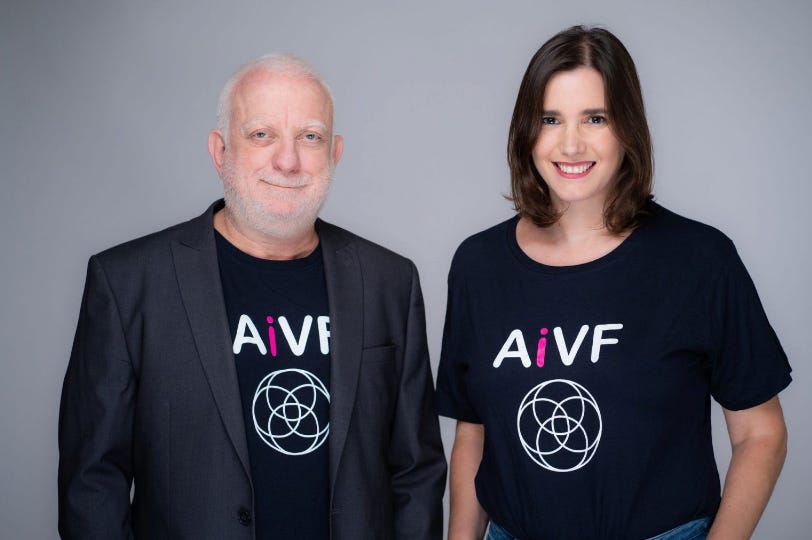





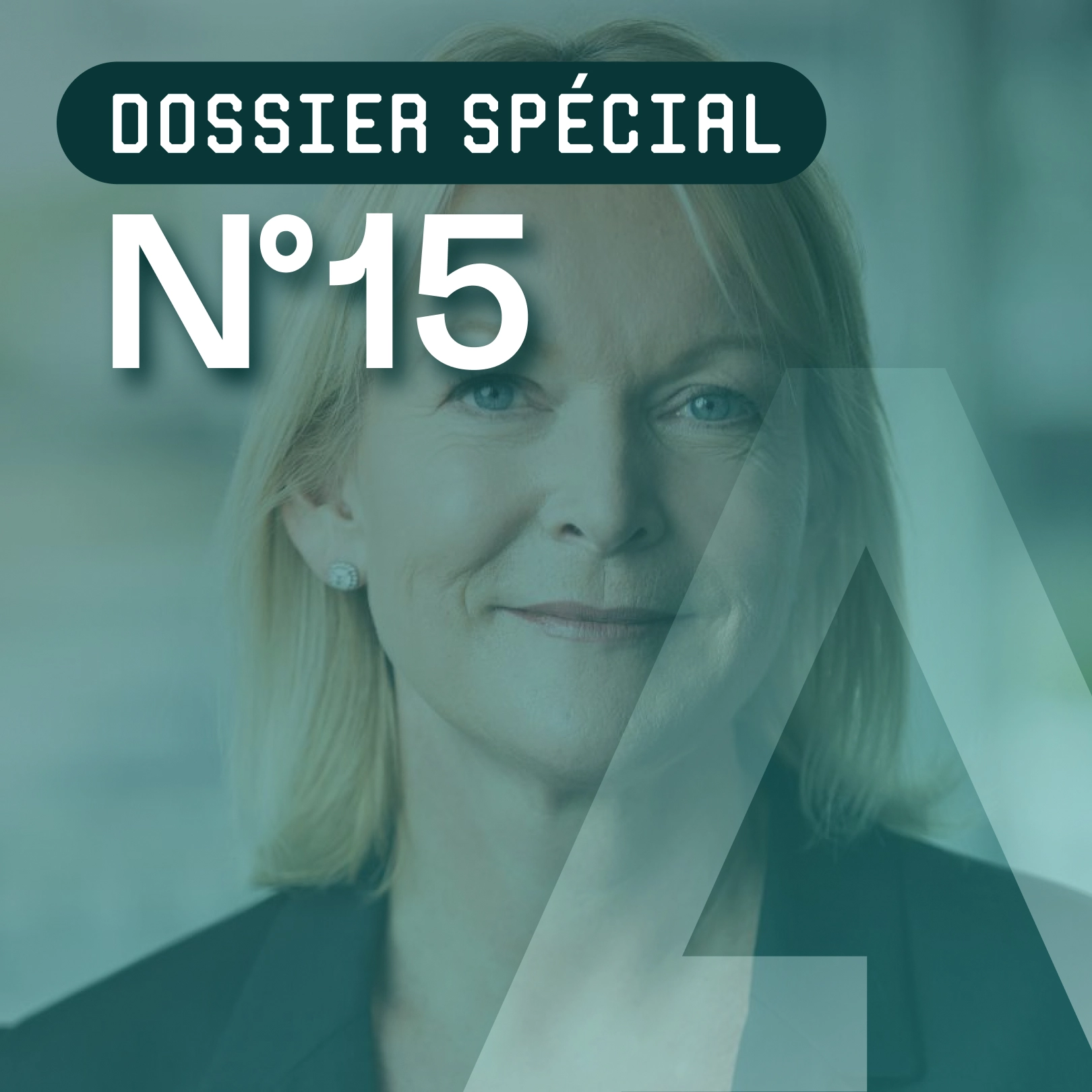
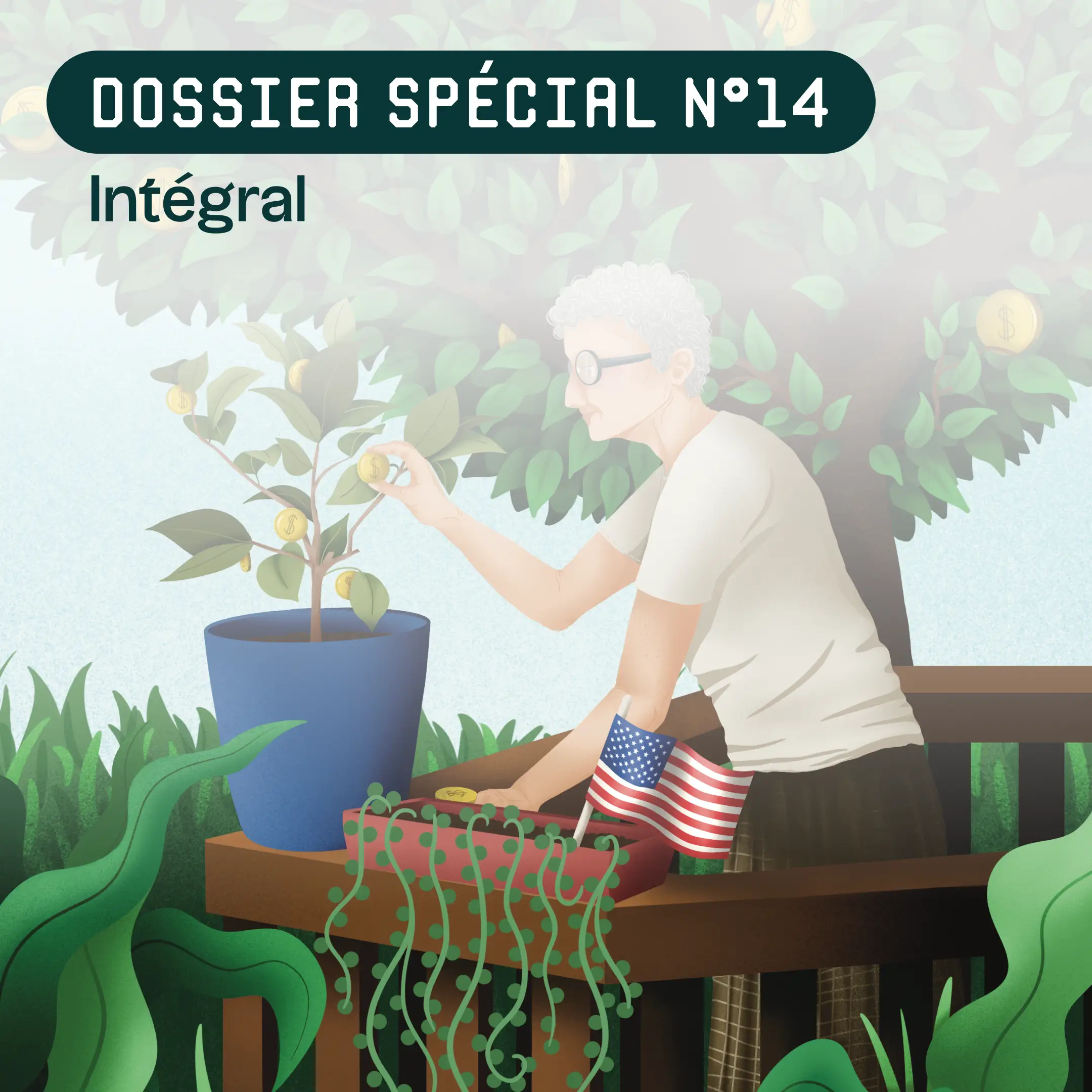


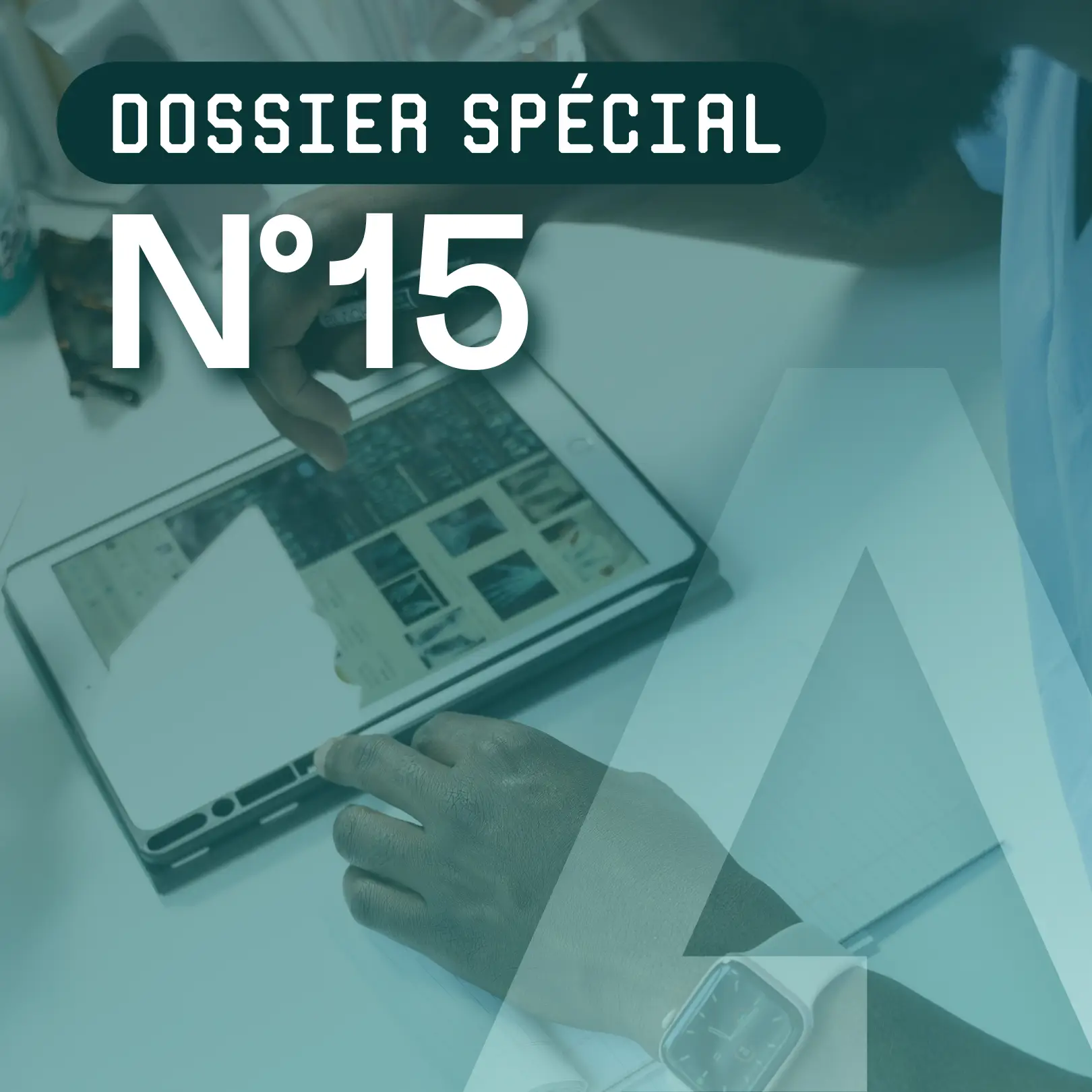
.webp)






.webp)
.webp)
.webp)


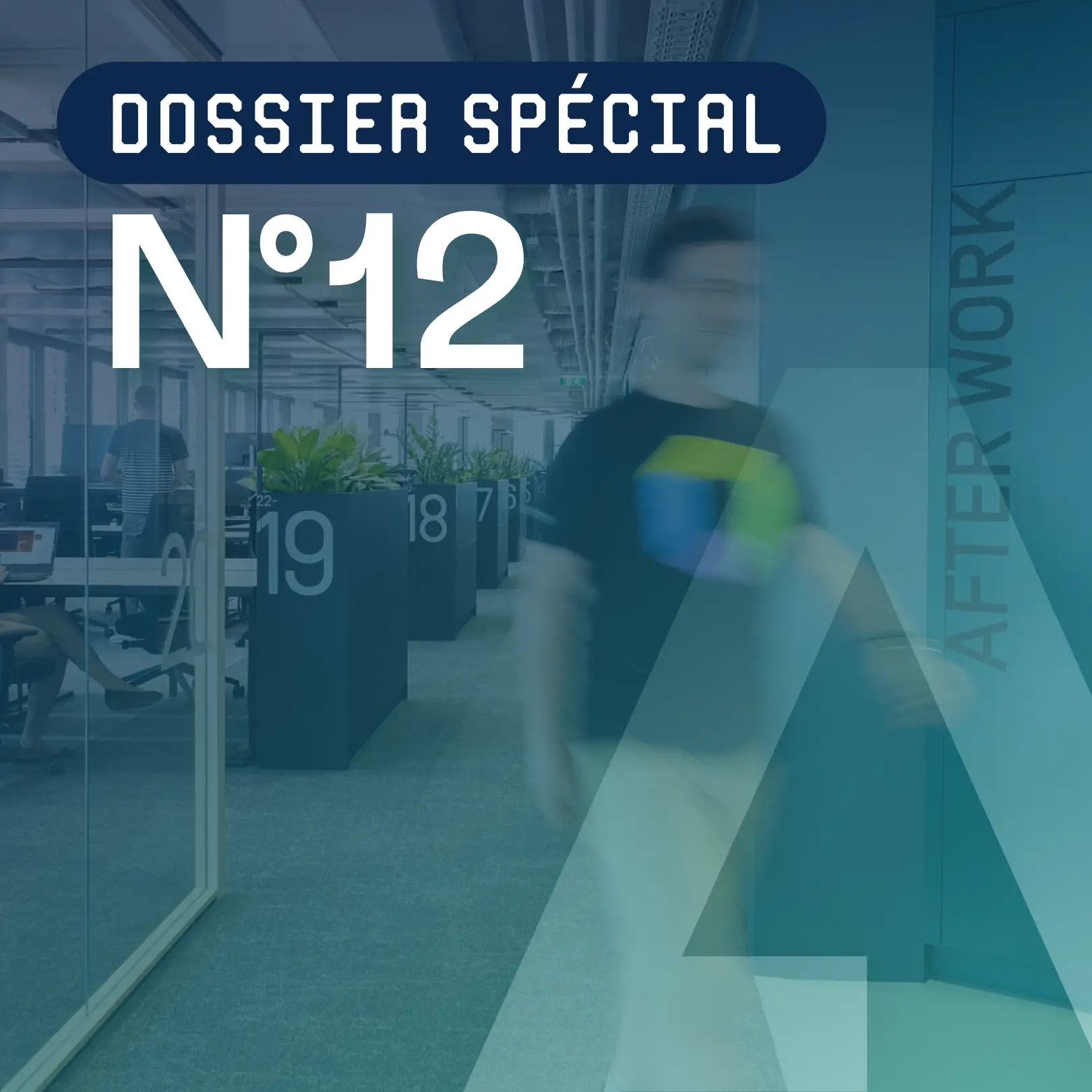



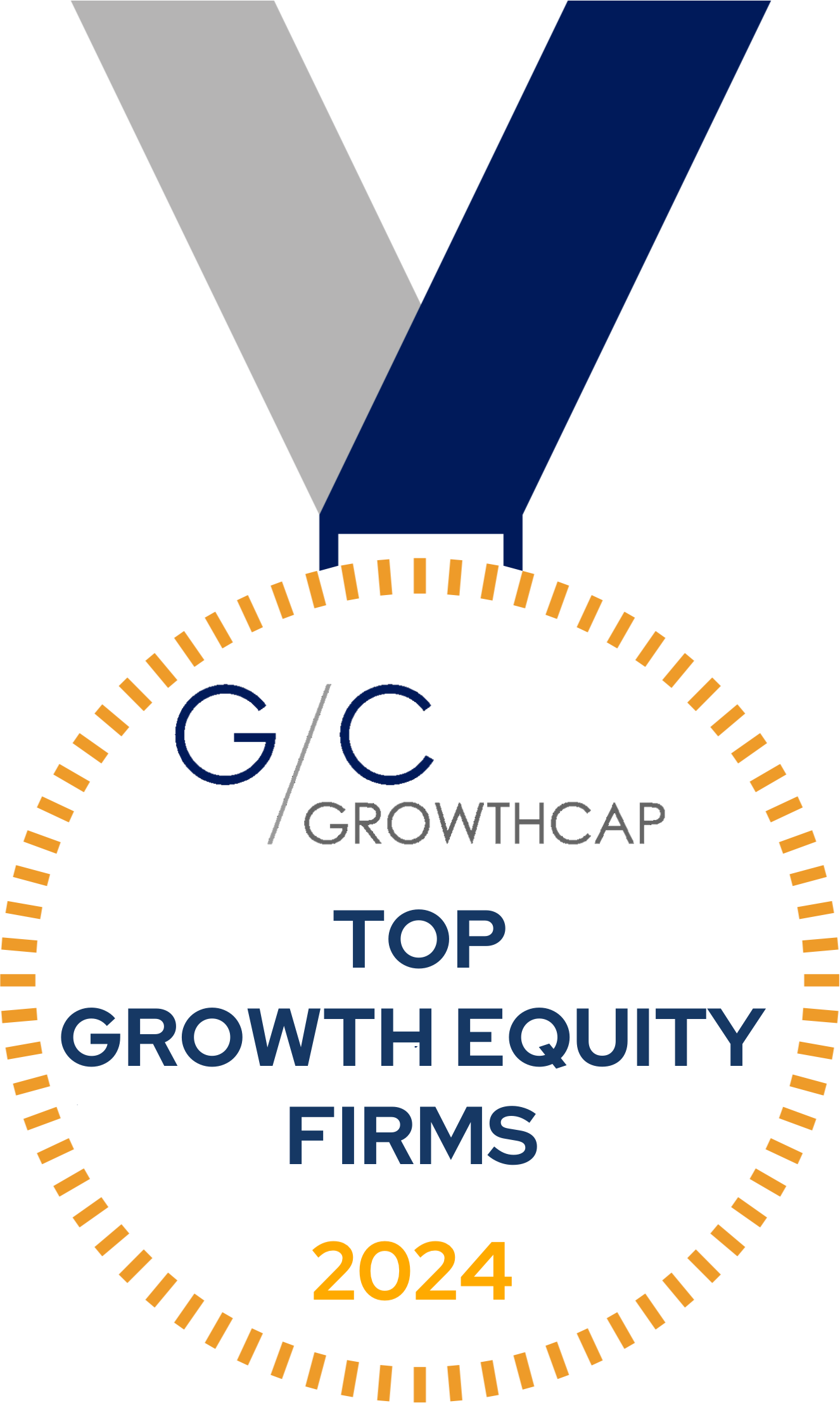

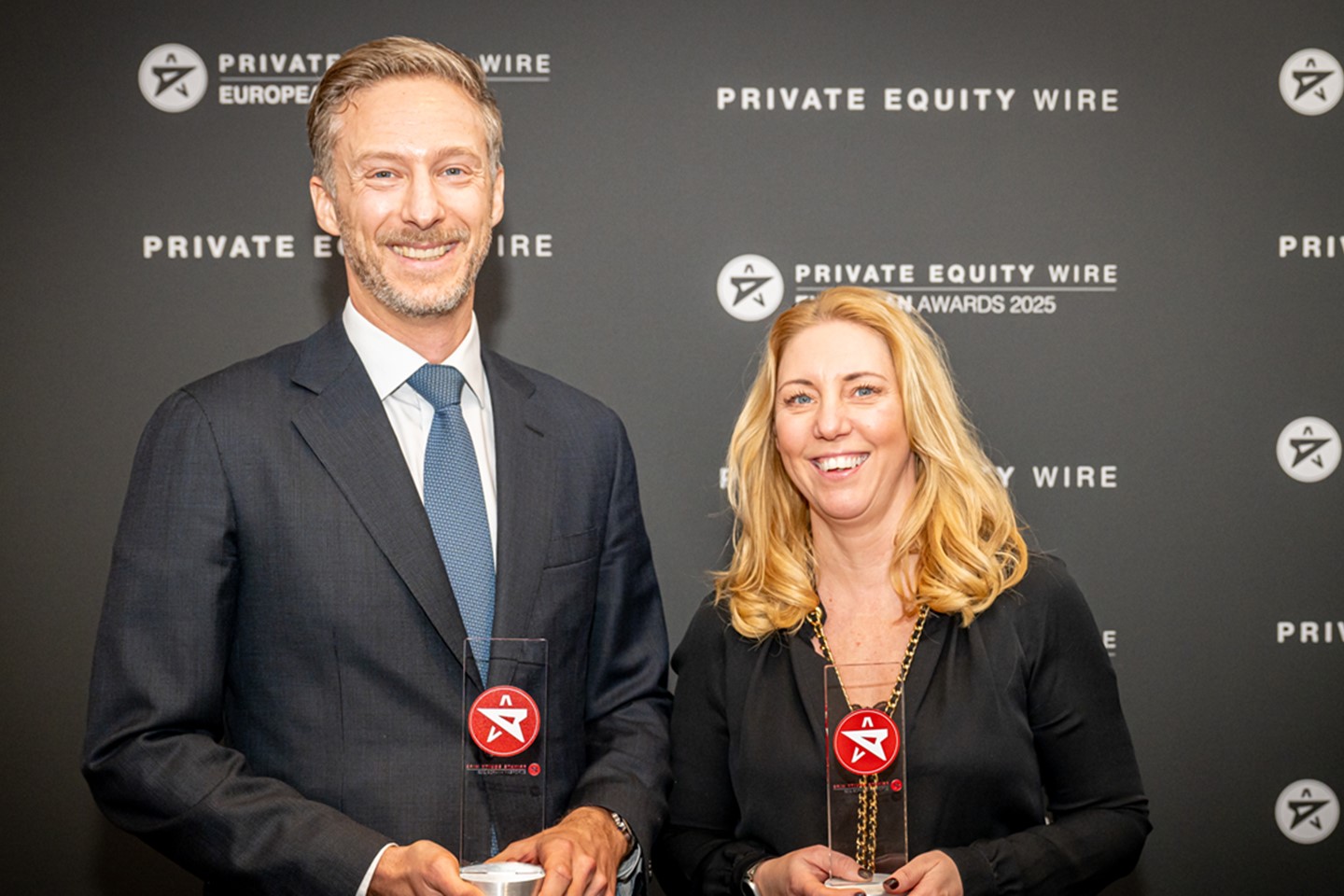




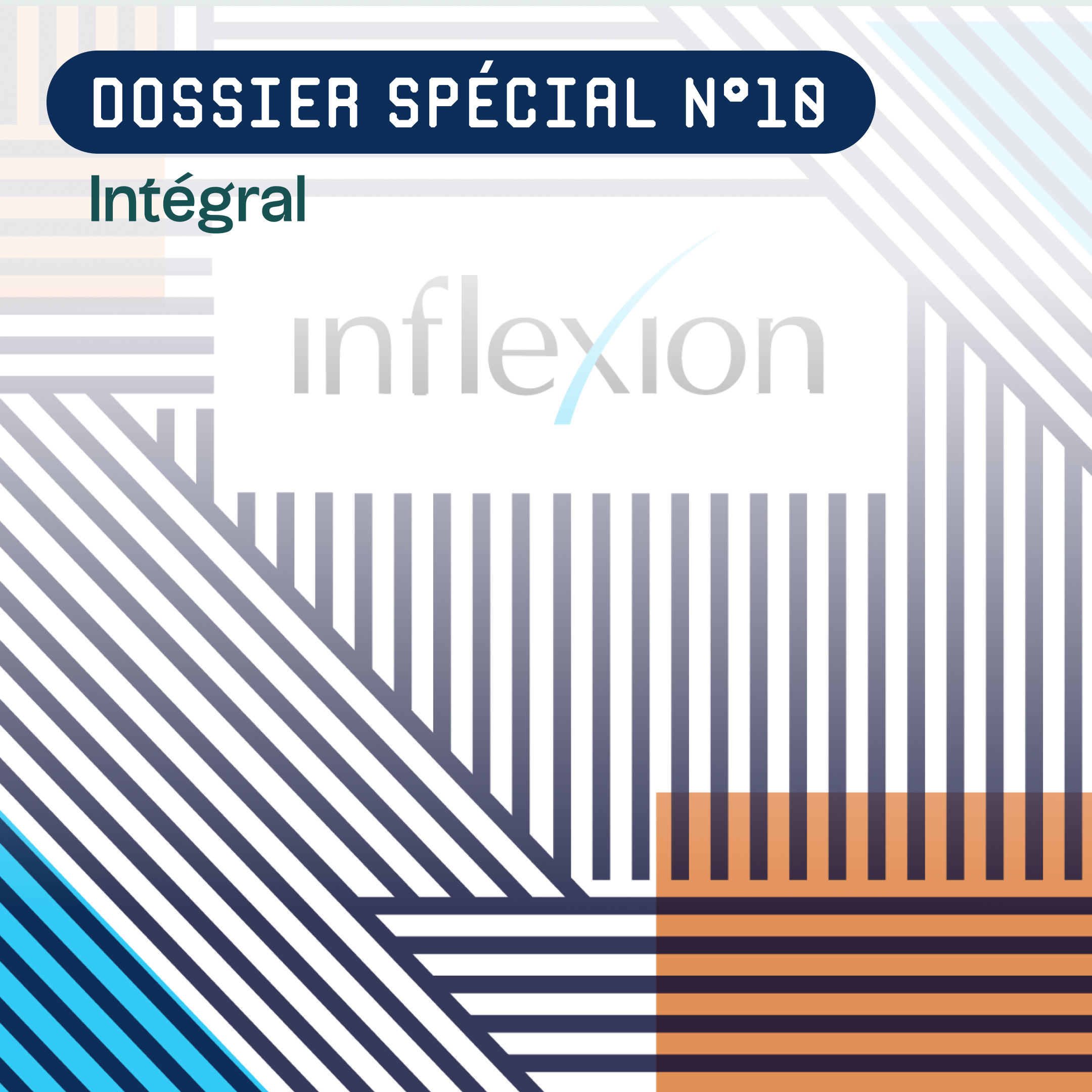


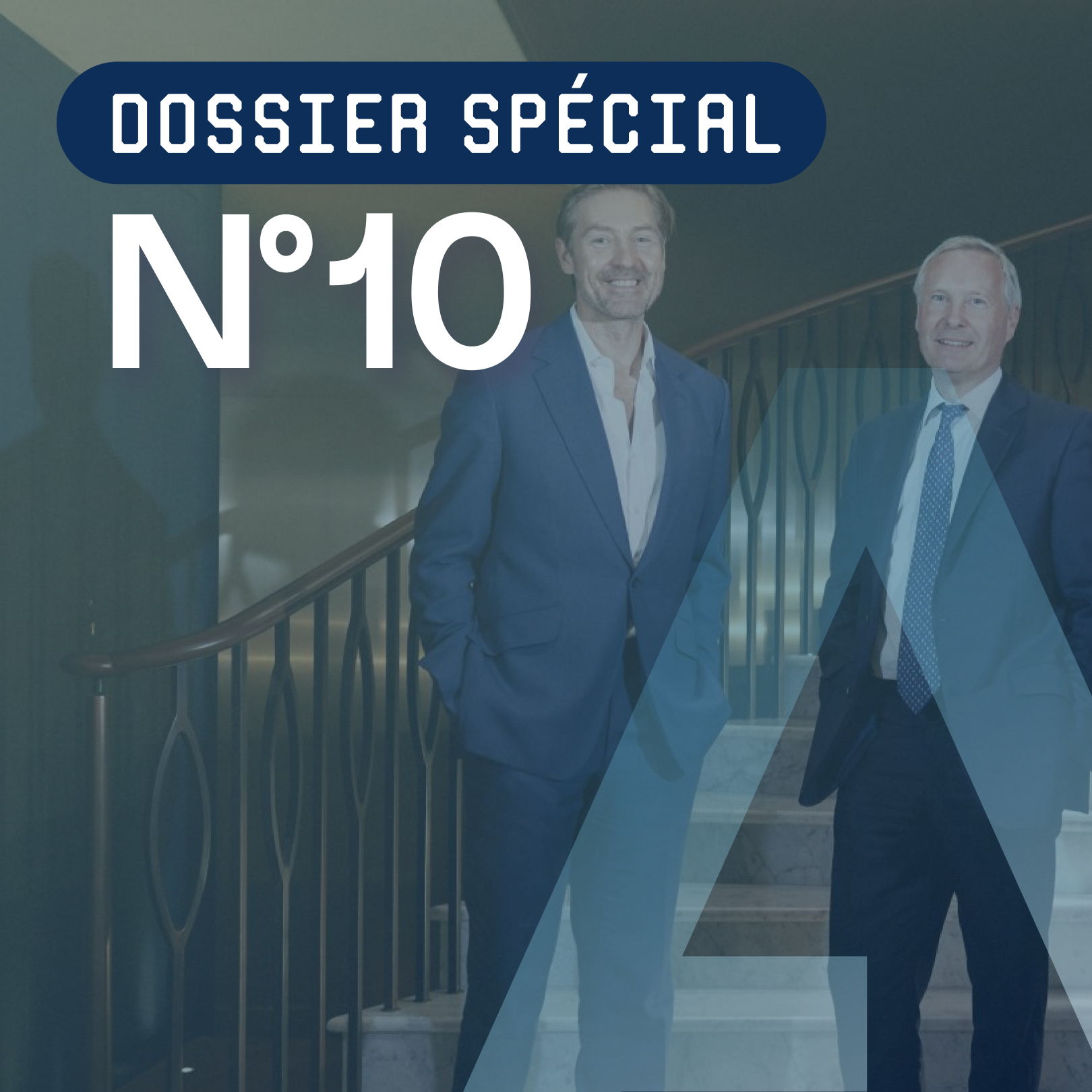
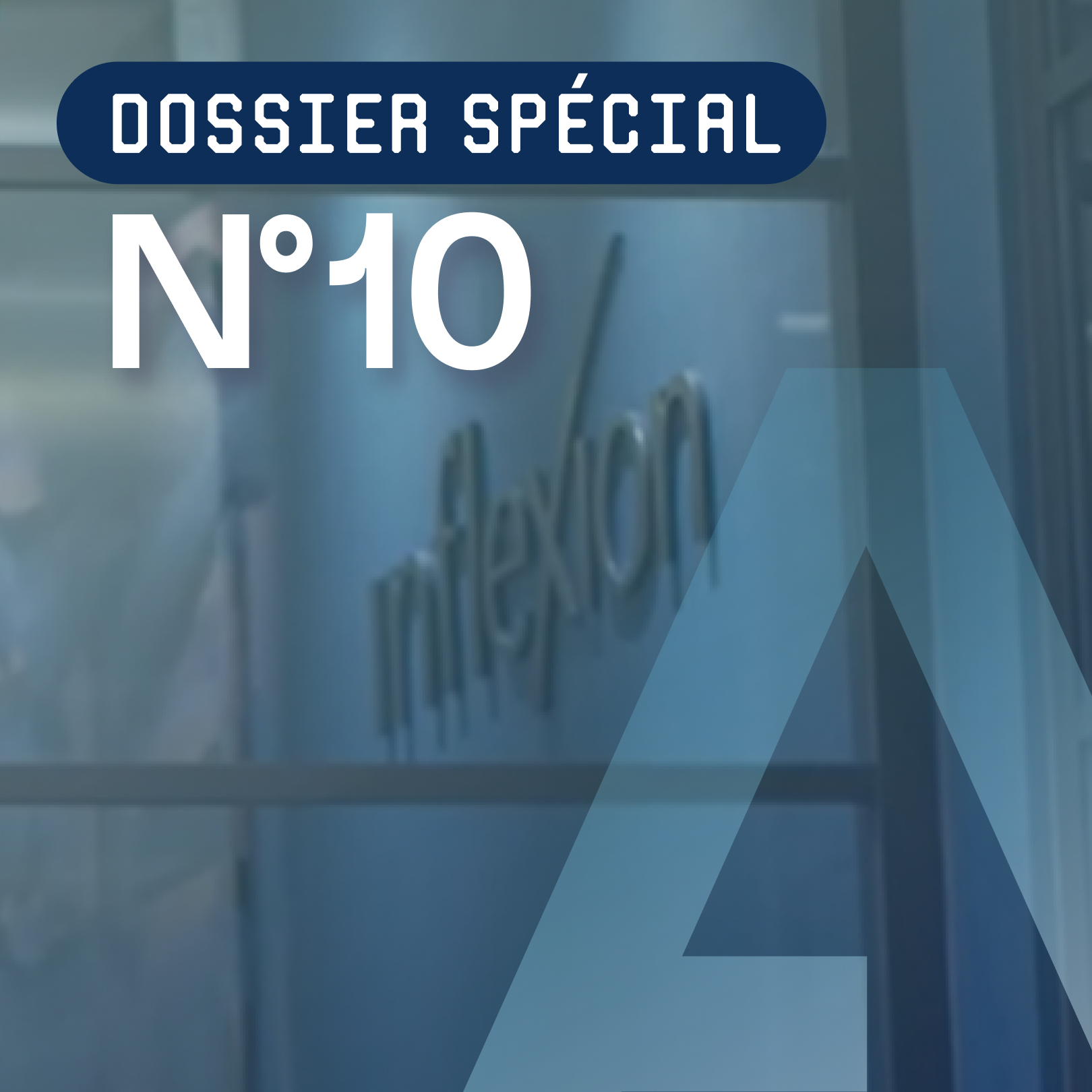







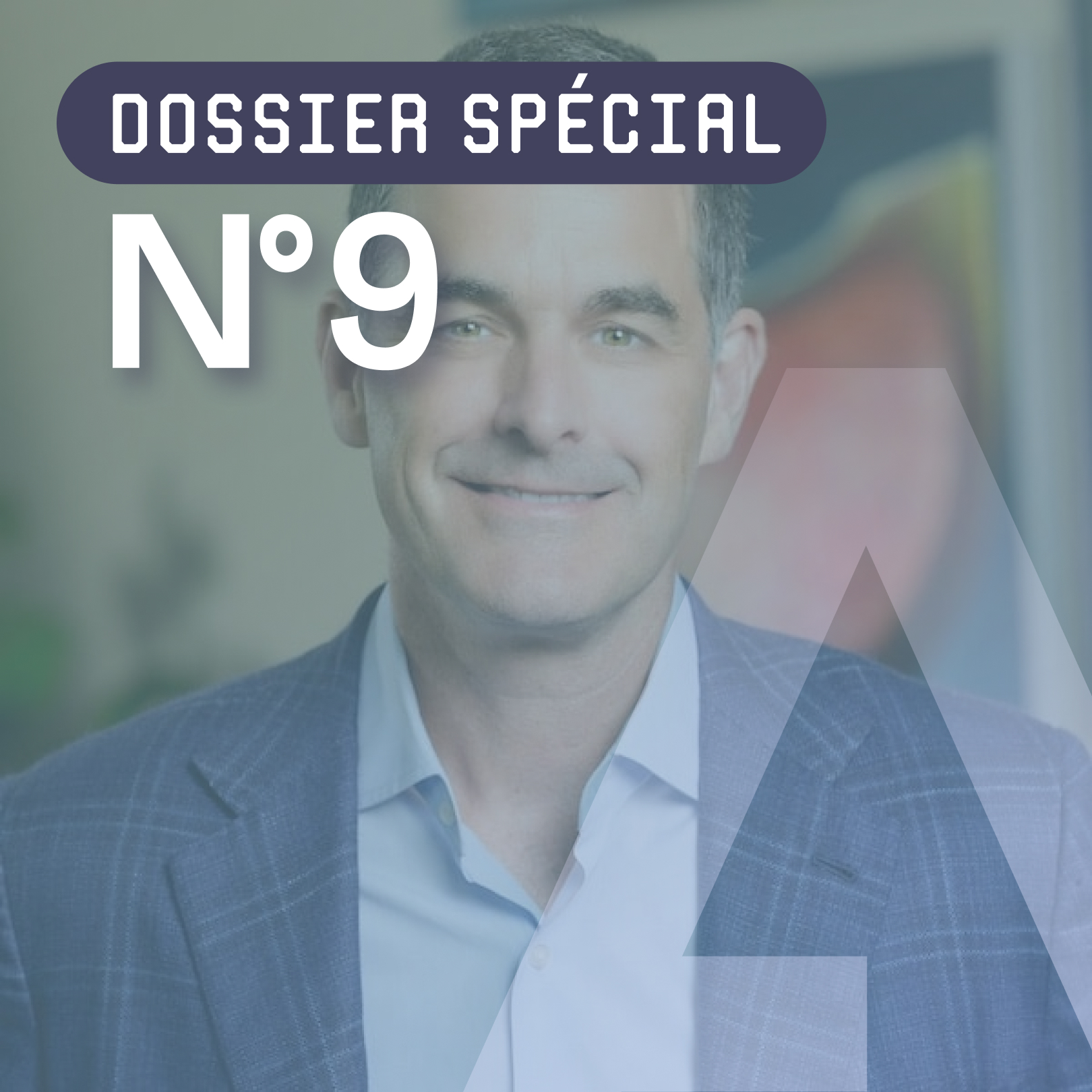





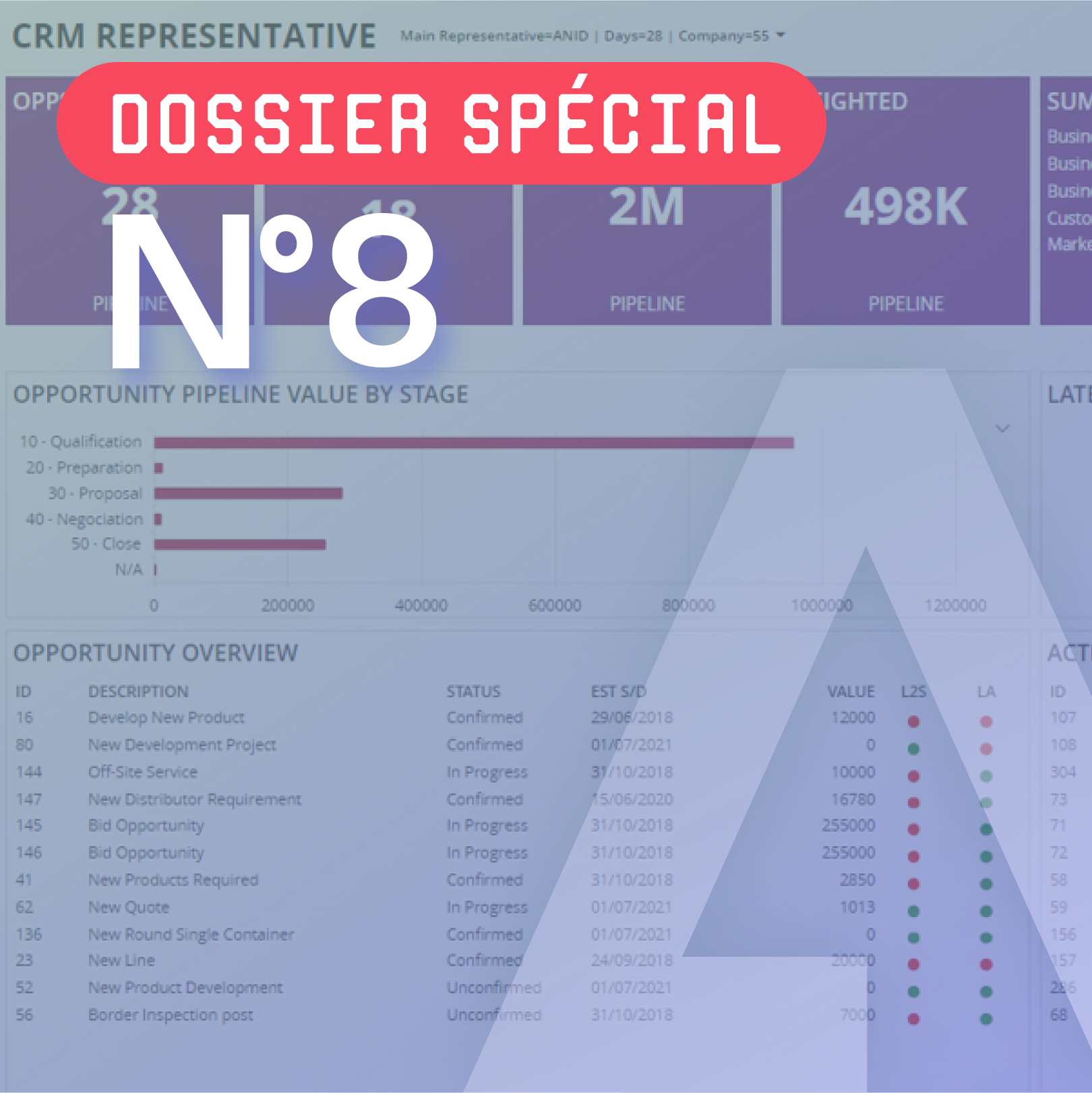





.jpeg)






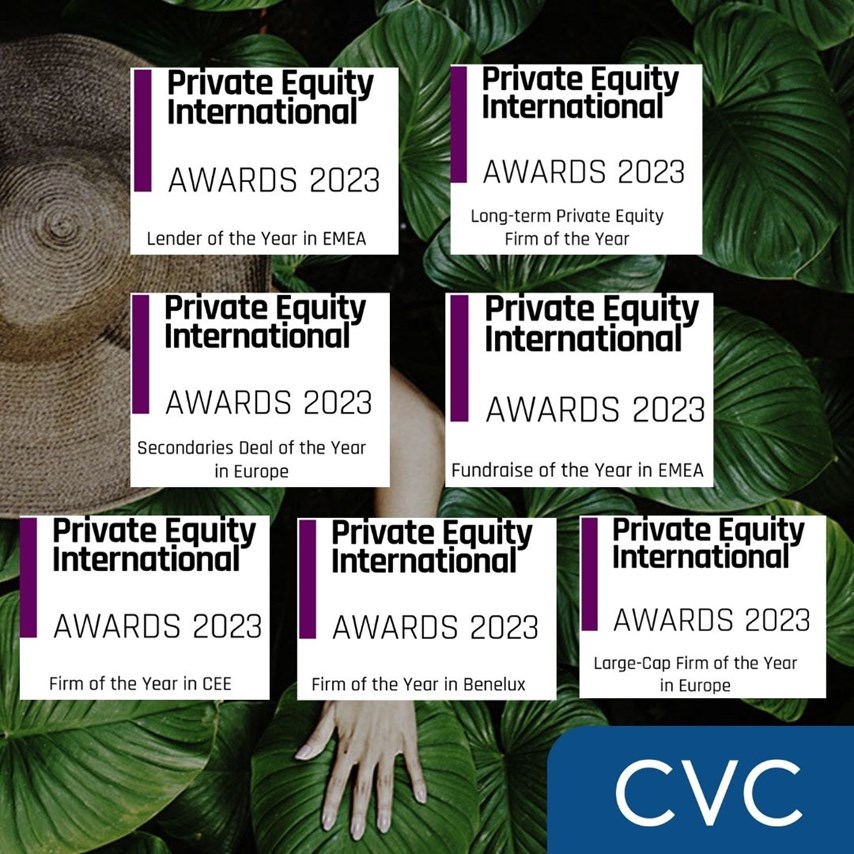


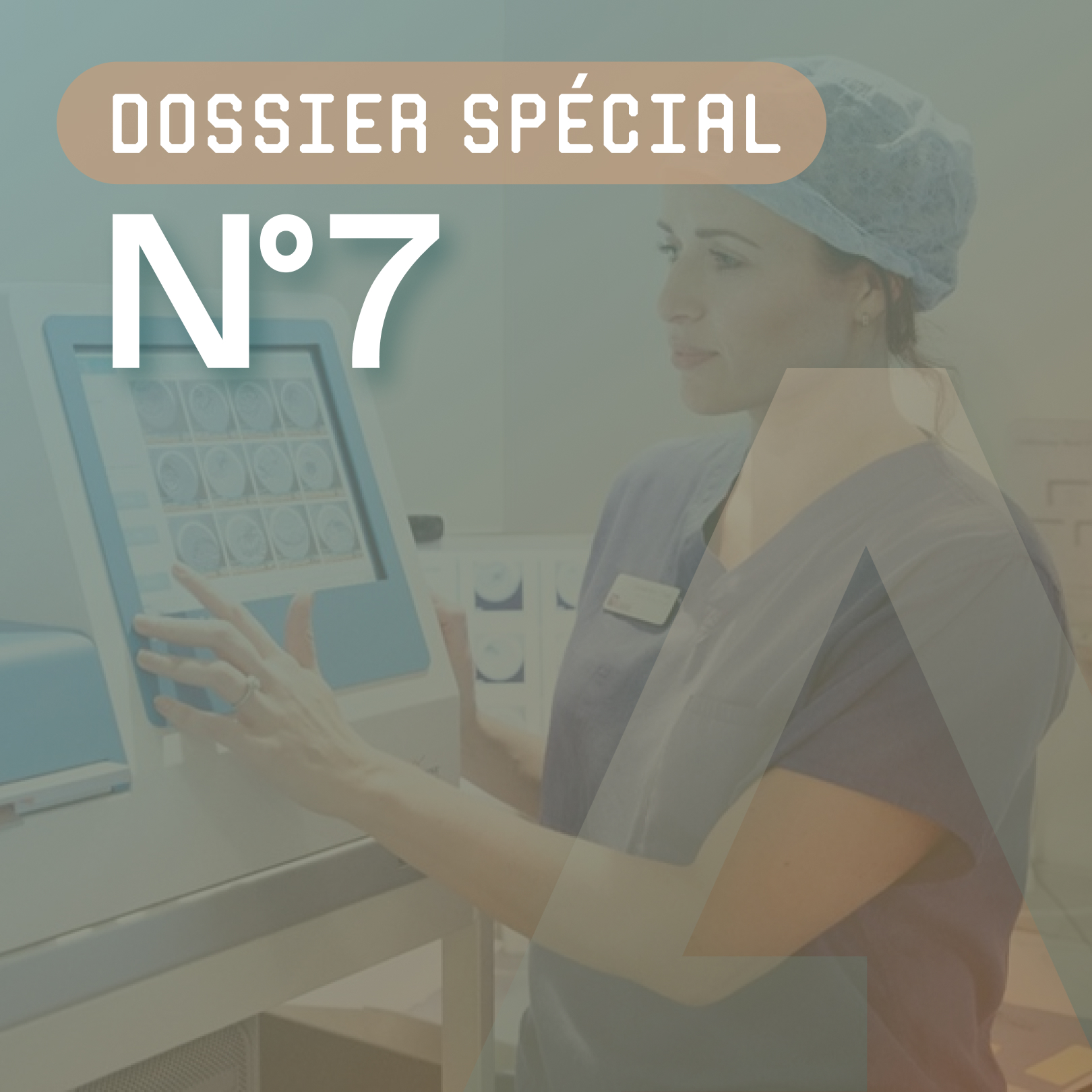














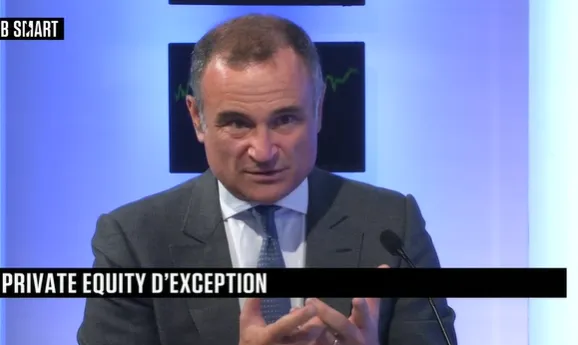












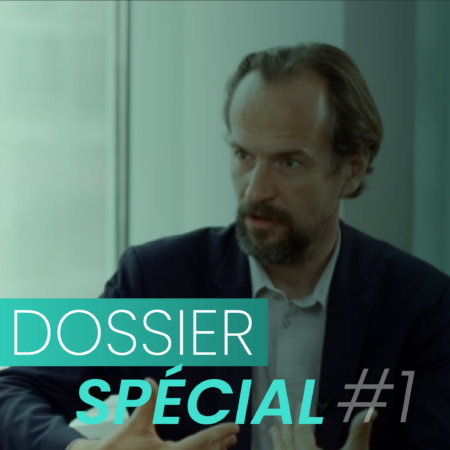





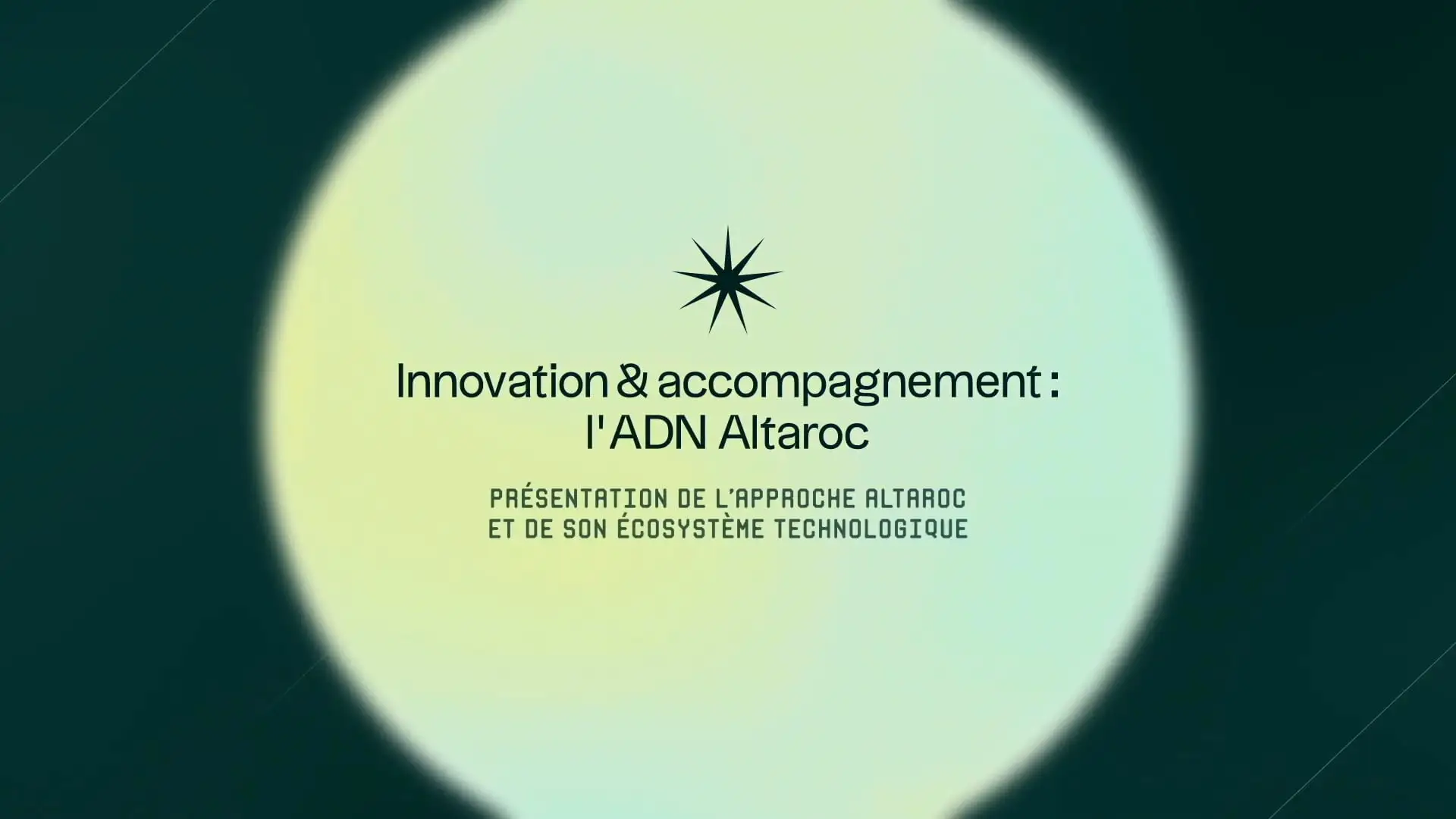






.jpeg)
.jpeg)
.jpeg)
.jpeg)
.jpeg)
.jpeg)
.jpeg)
.jpeg)
.jpeg)
.jpeg)
.jpeg)
.jpeg)
.jpeg)
.jpeg)
.jpeg)
.jpeg)
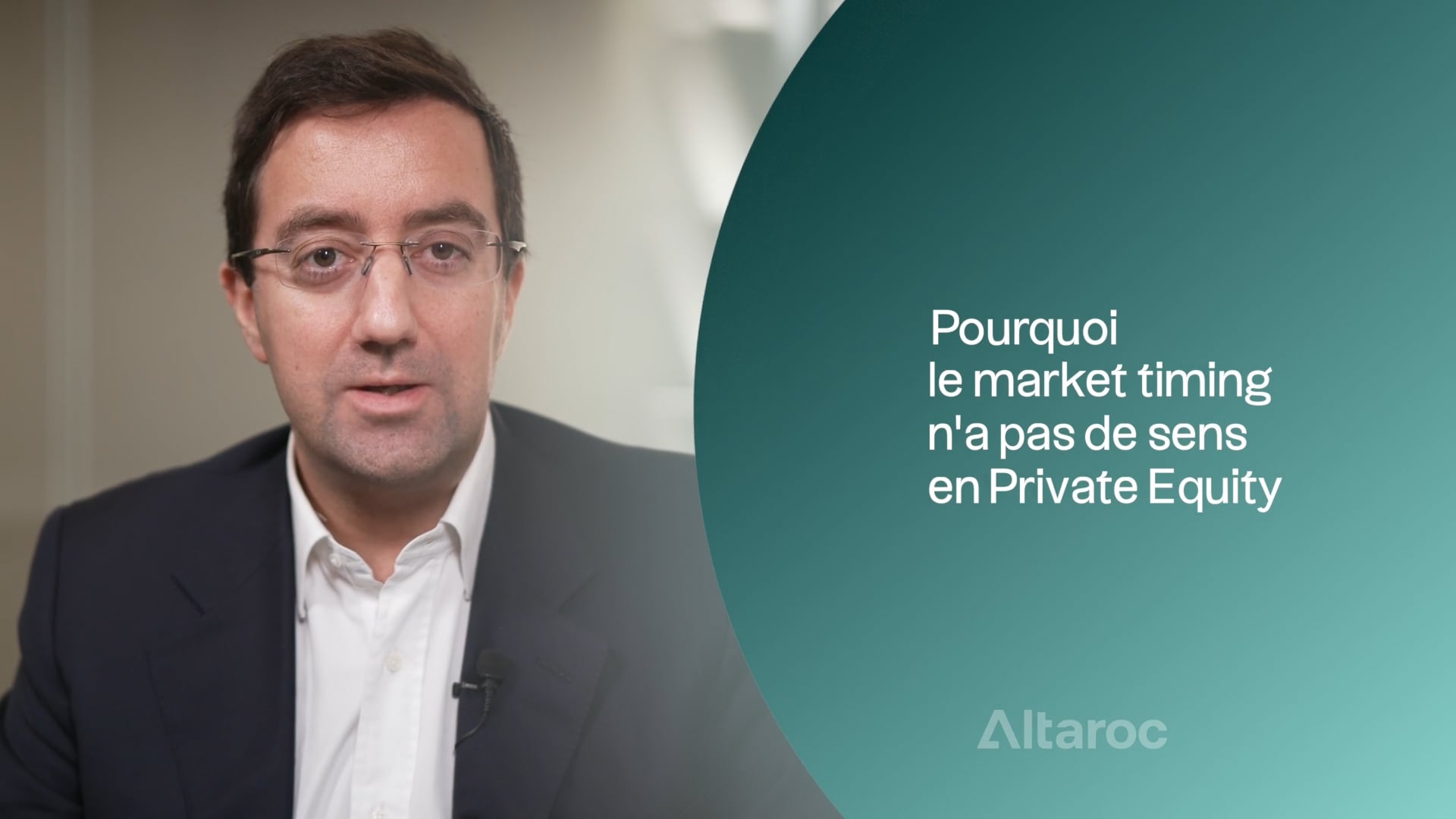
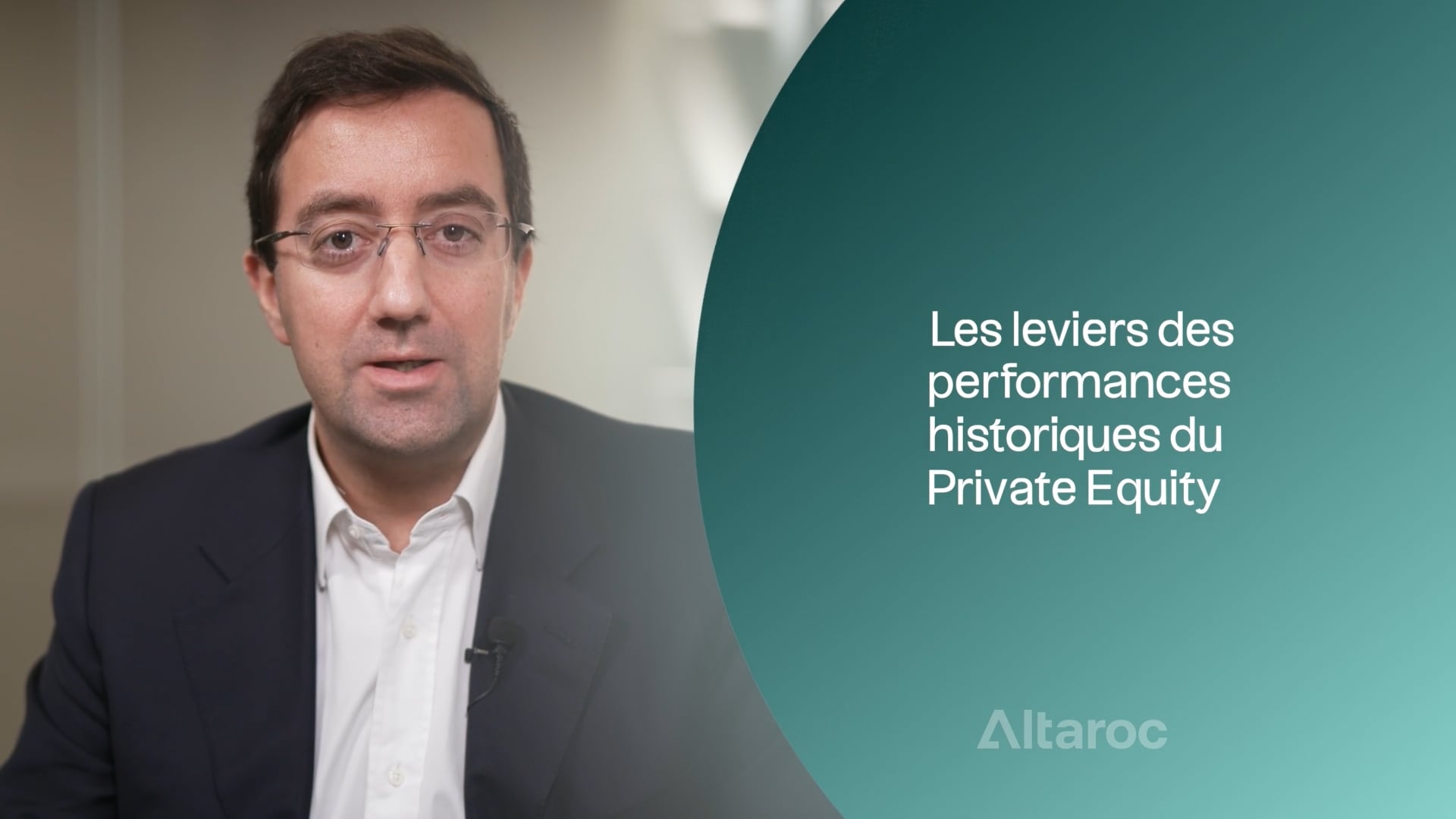
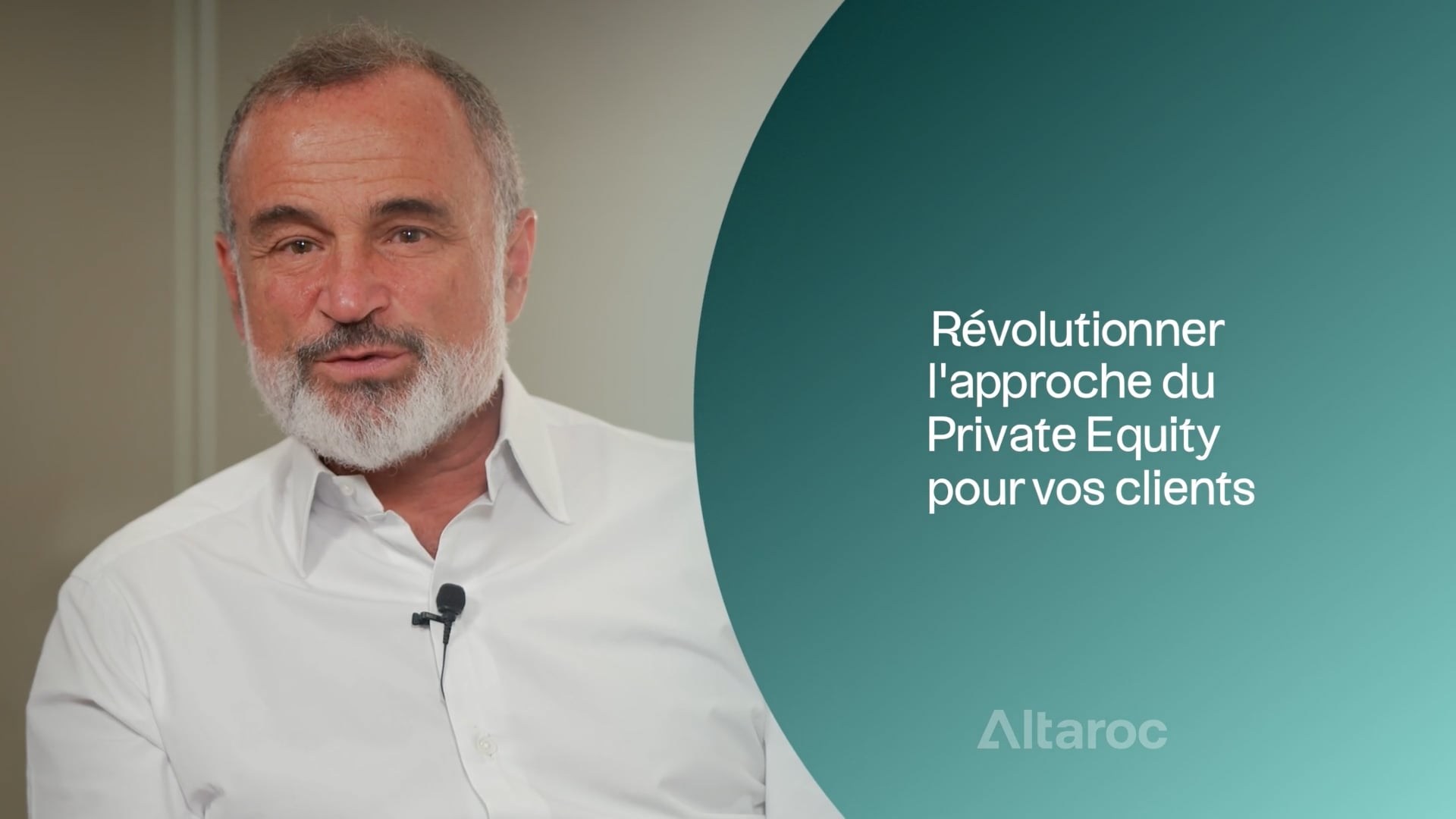
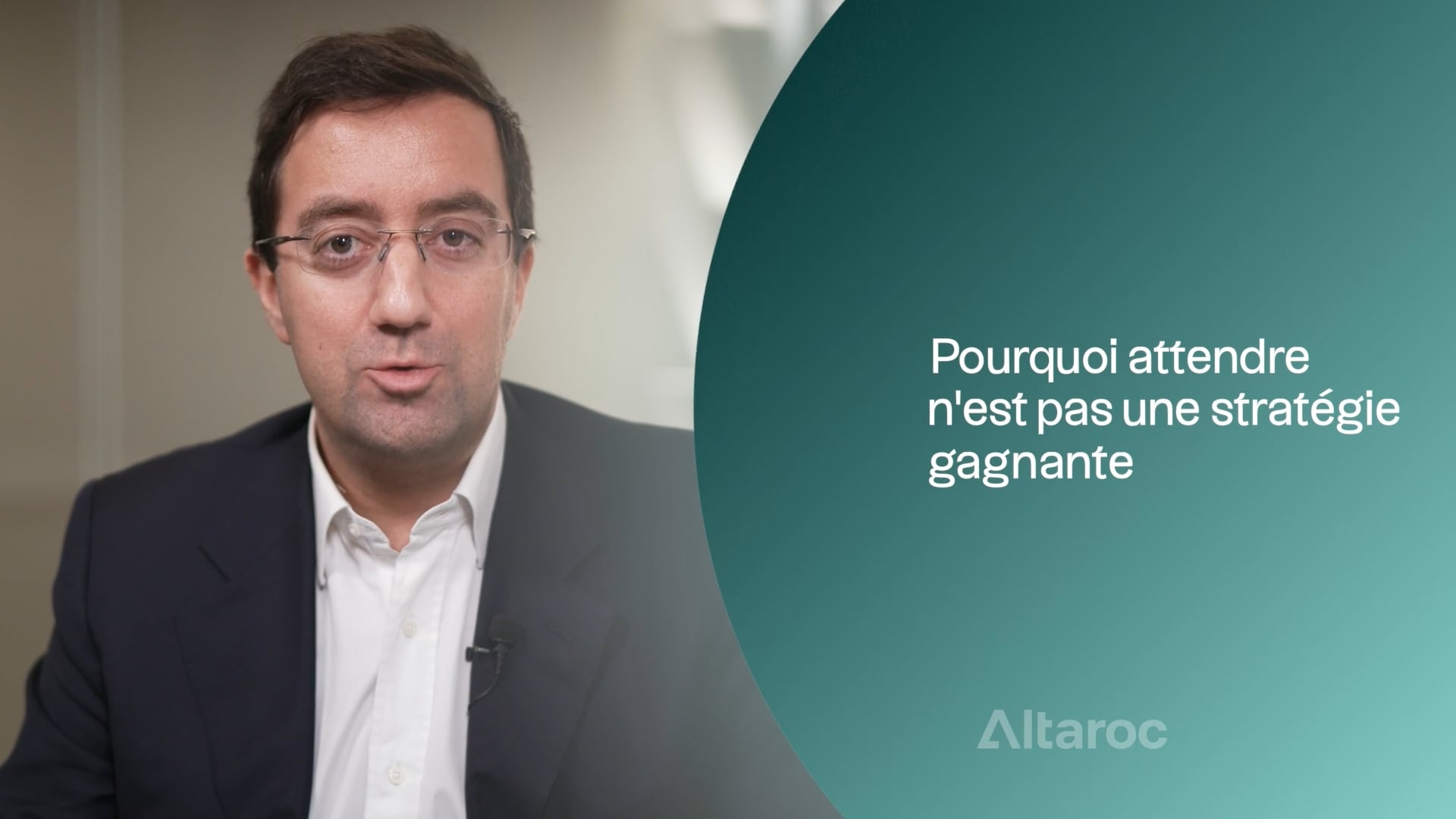
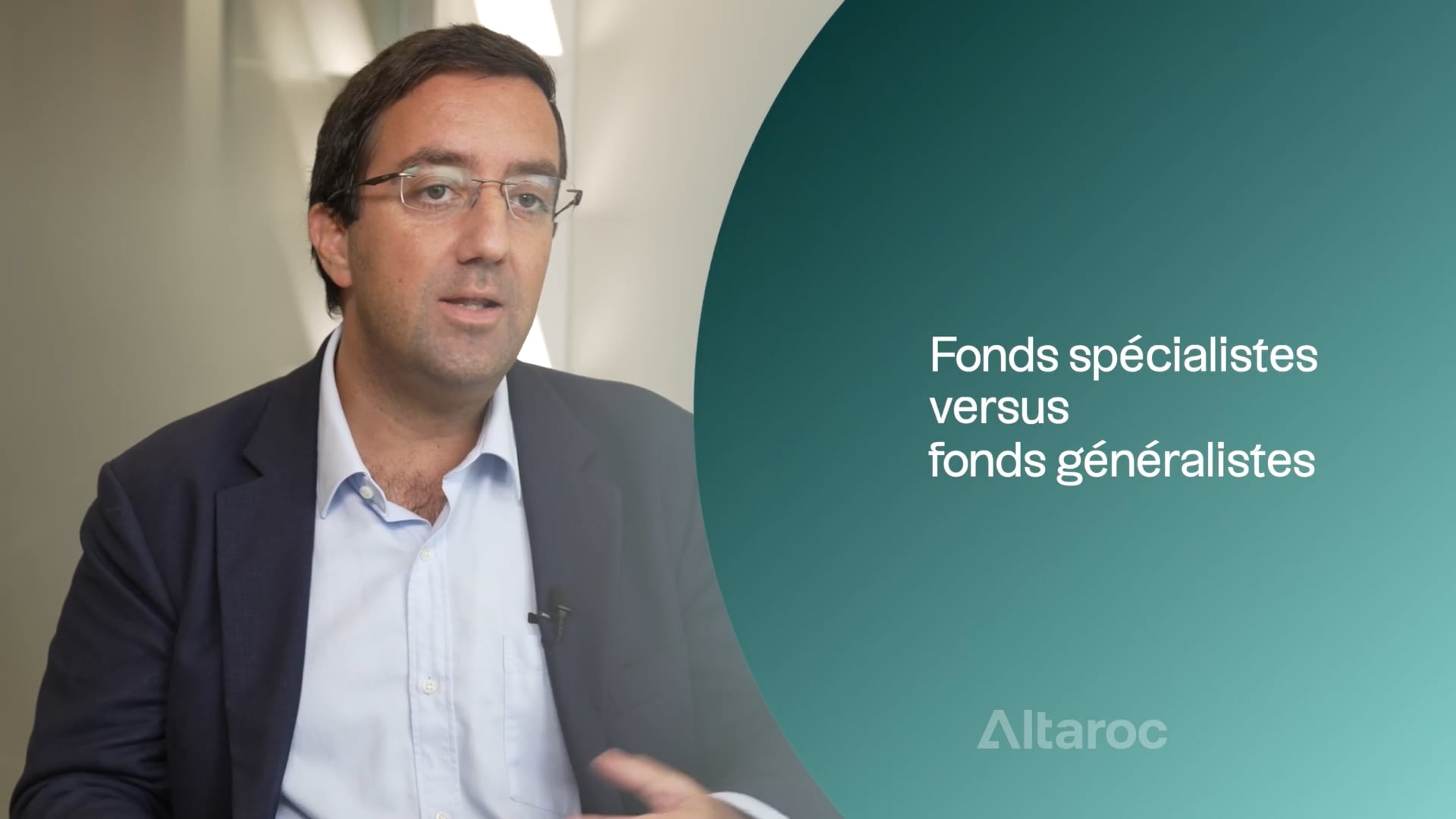

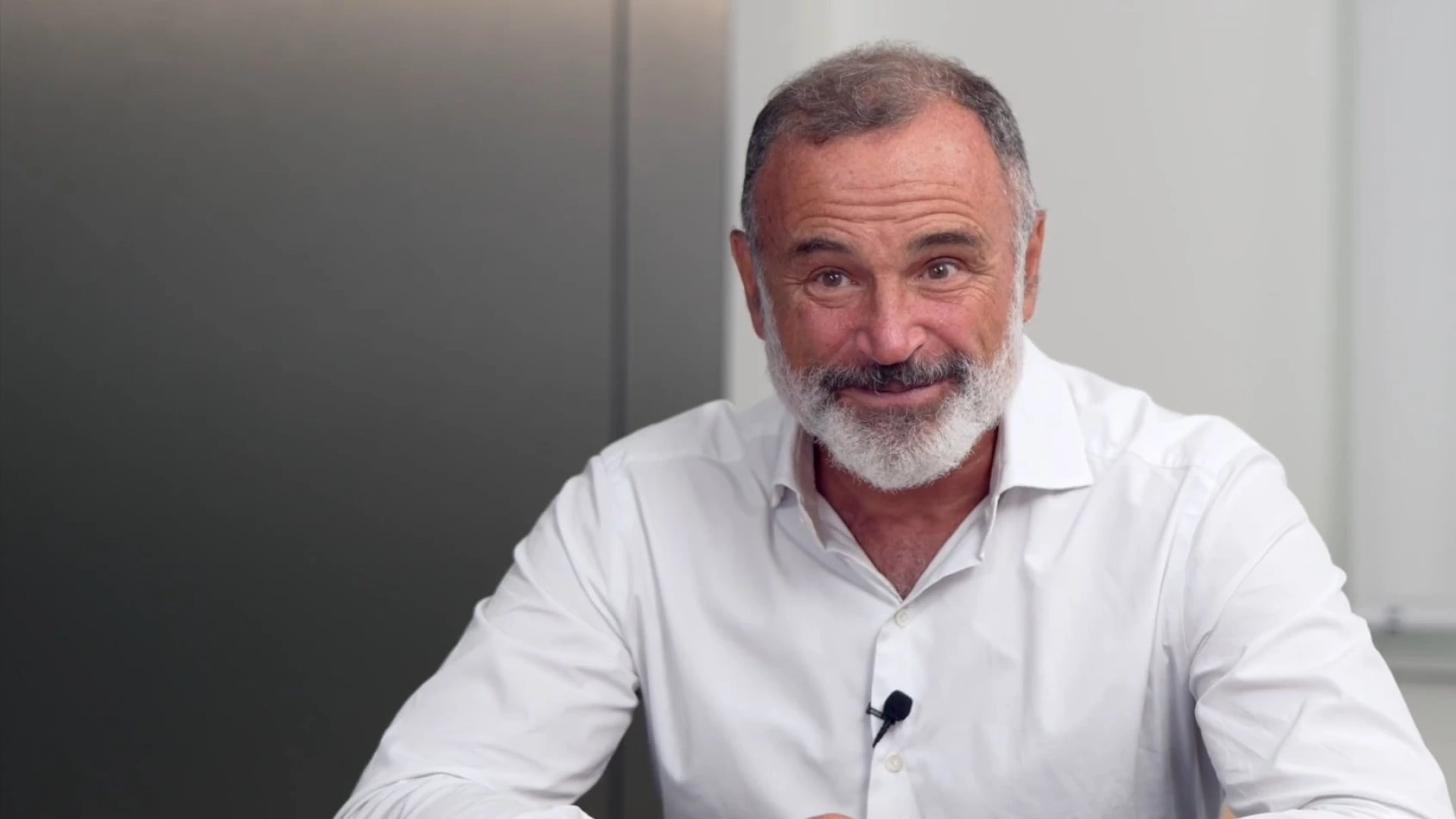
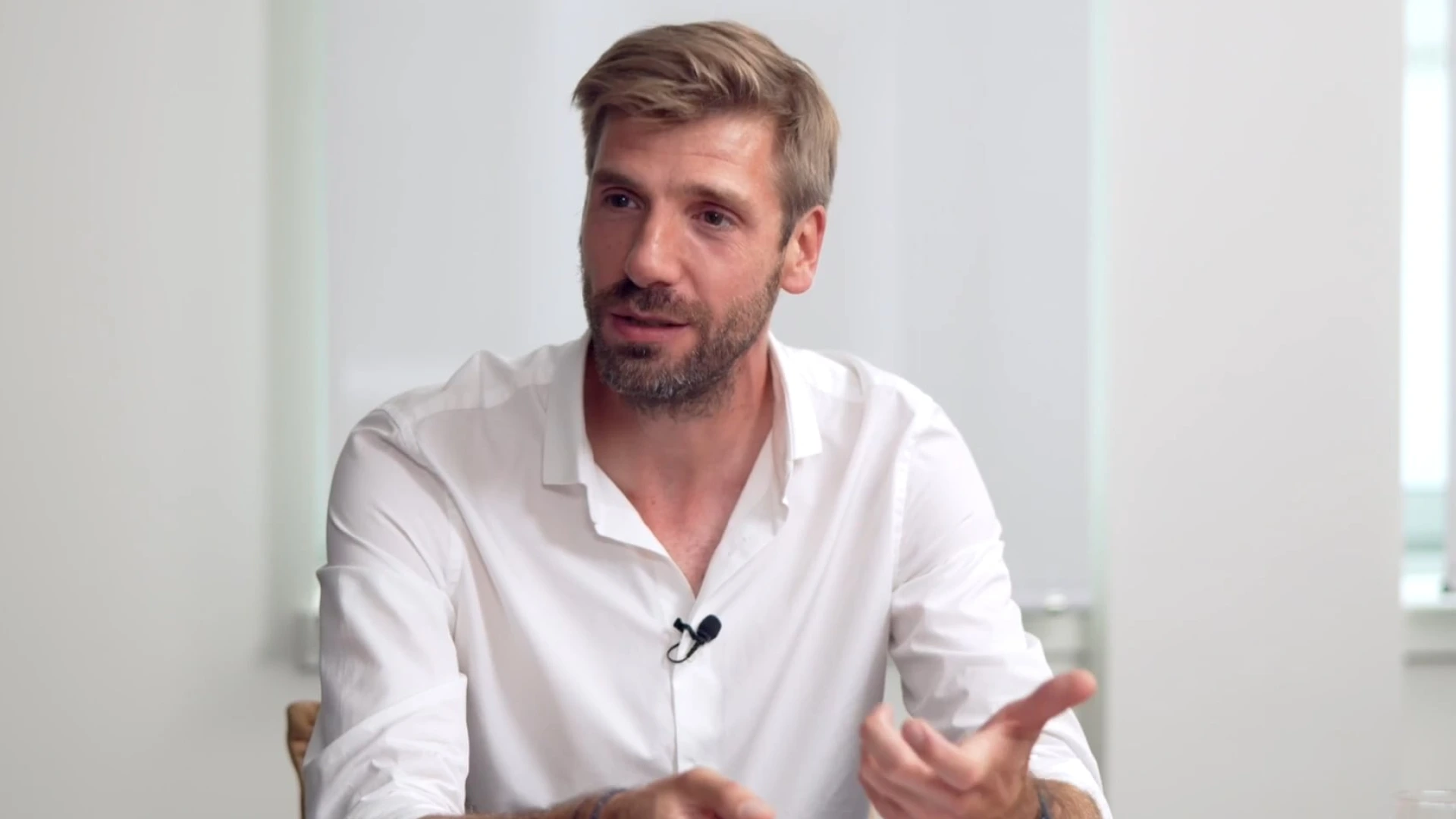
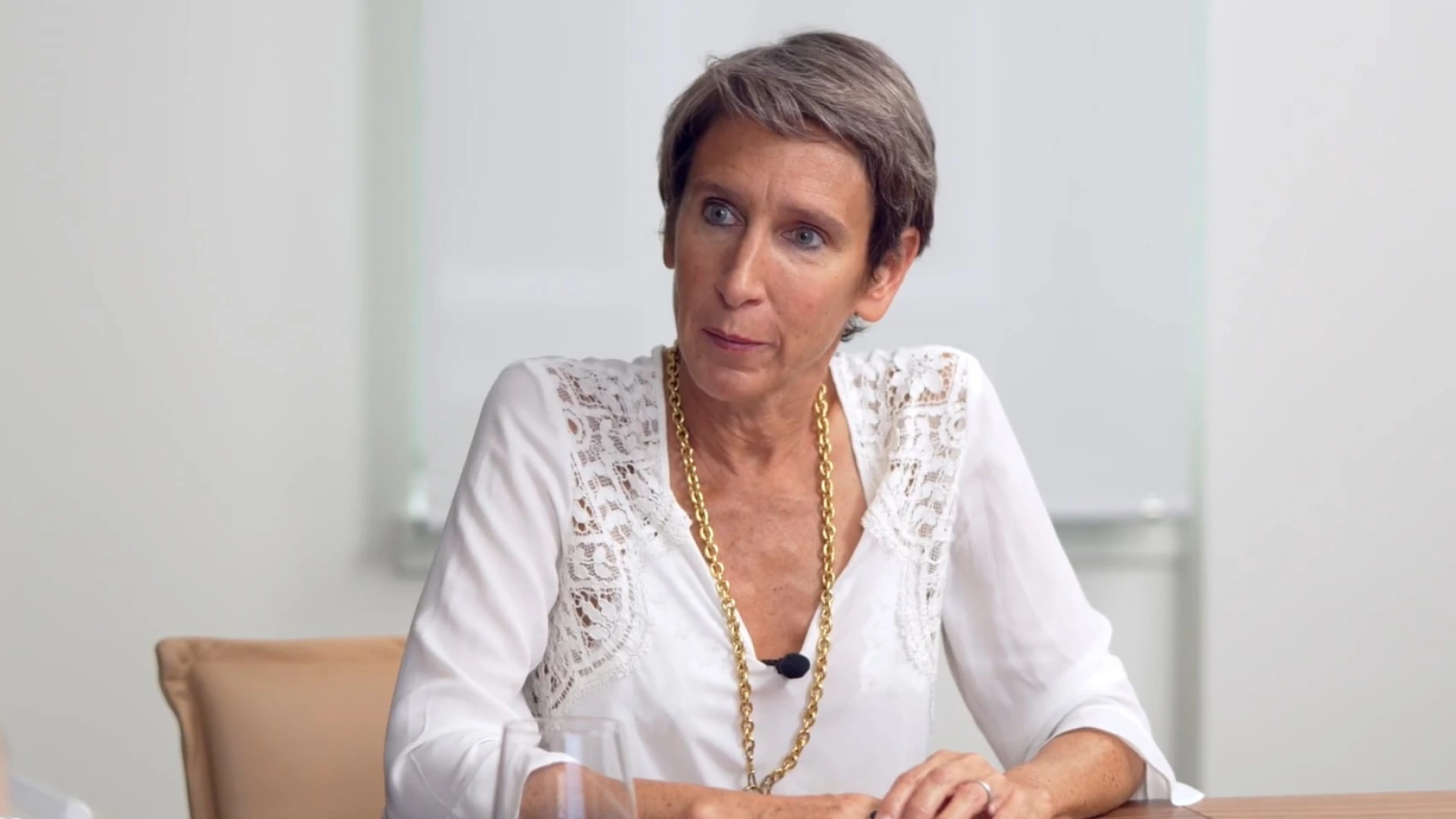
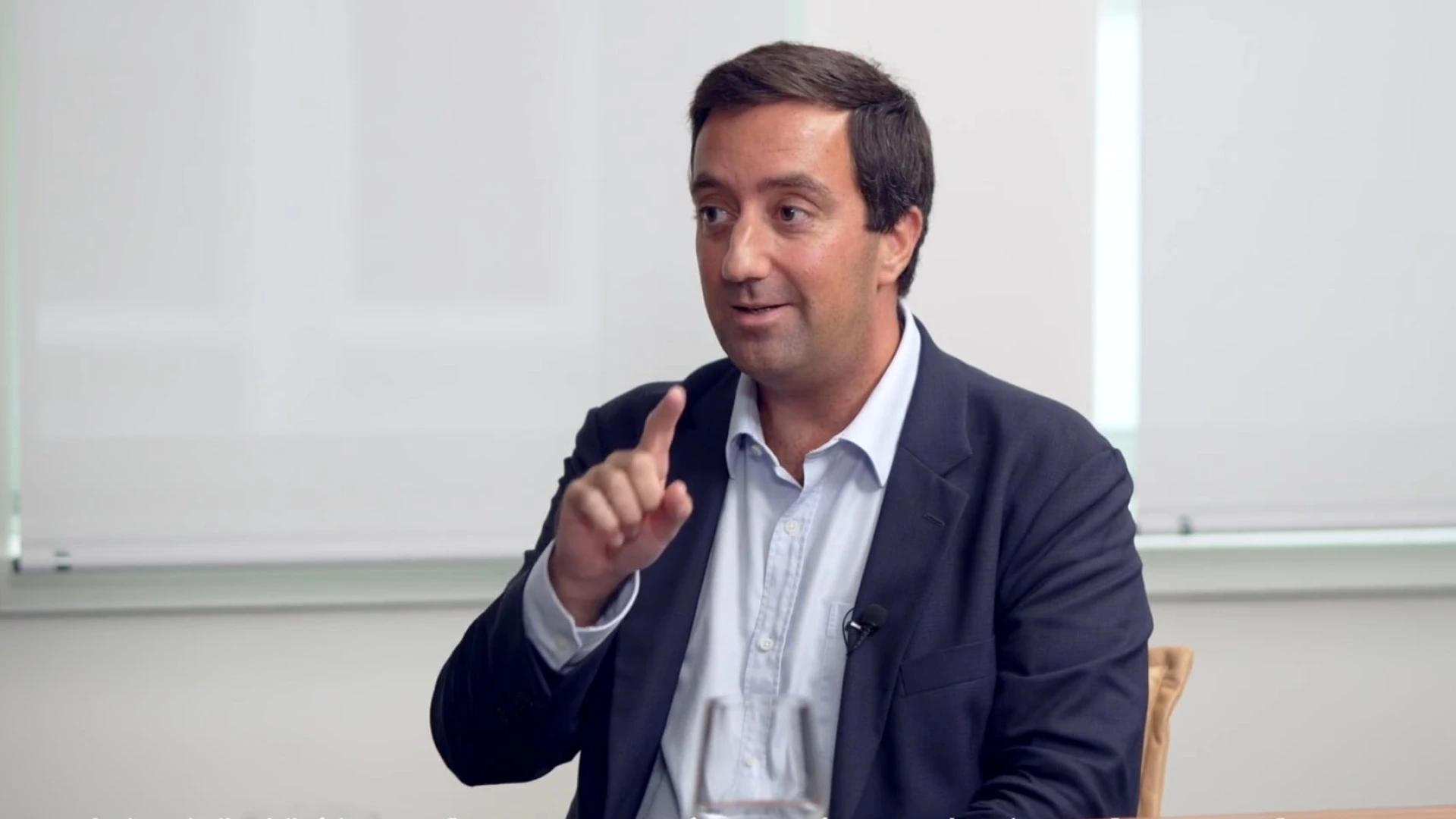
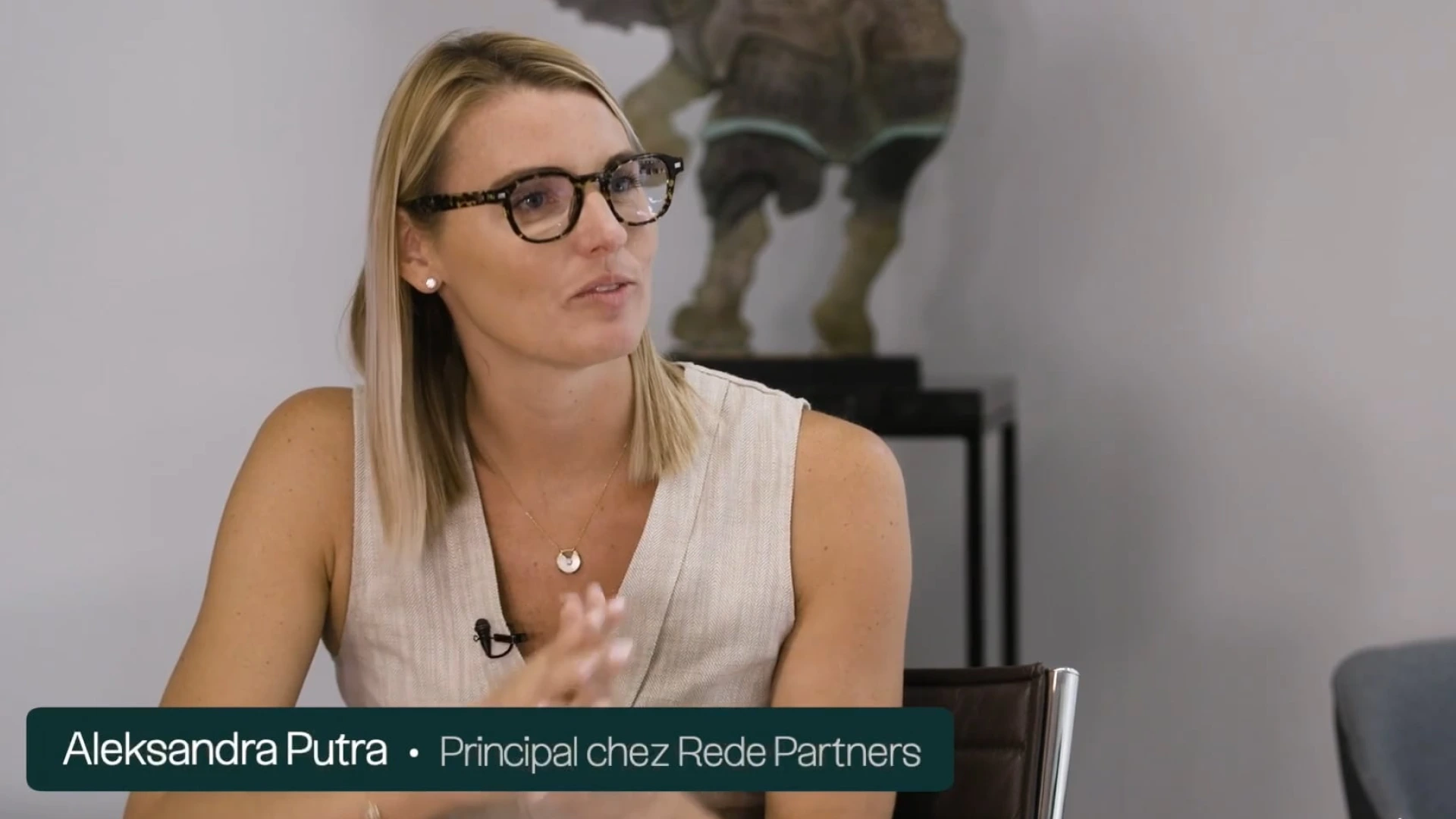
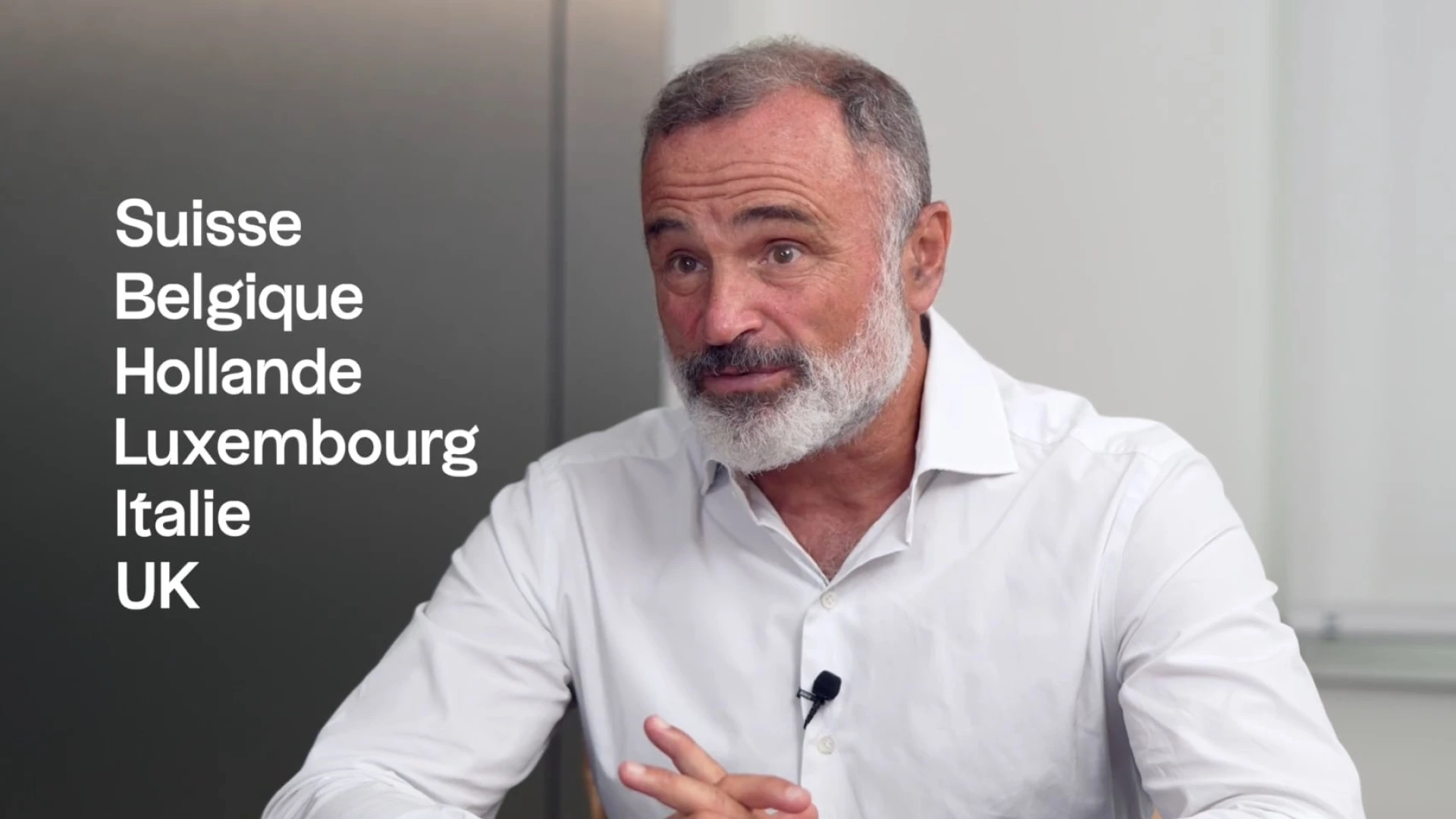
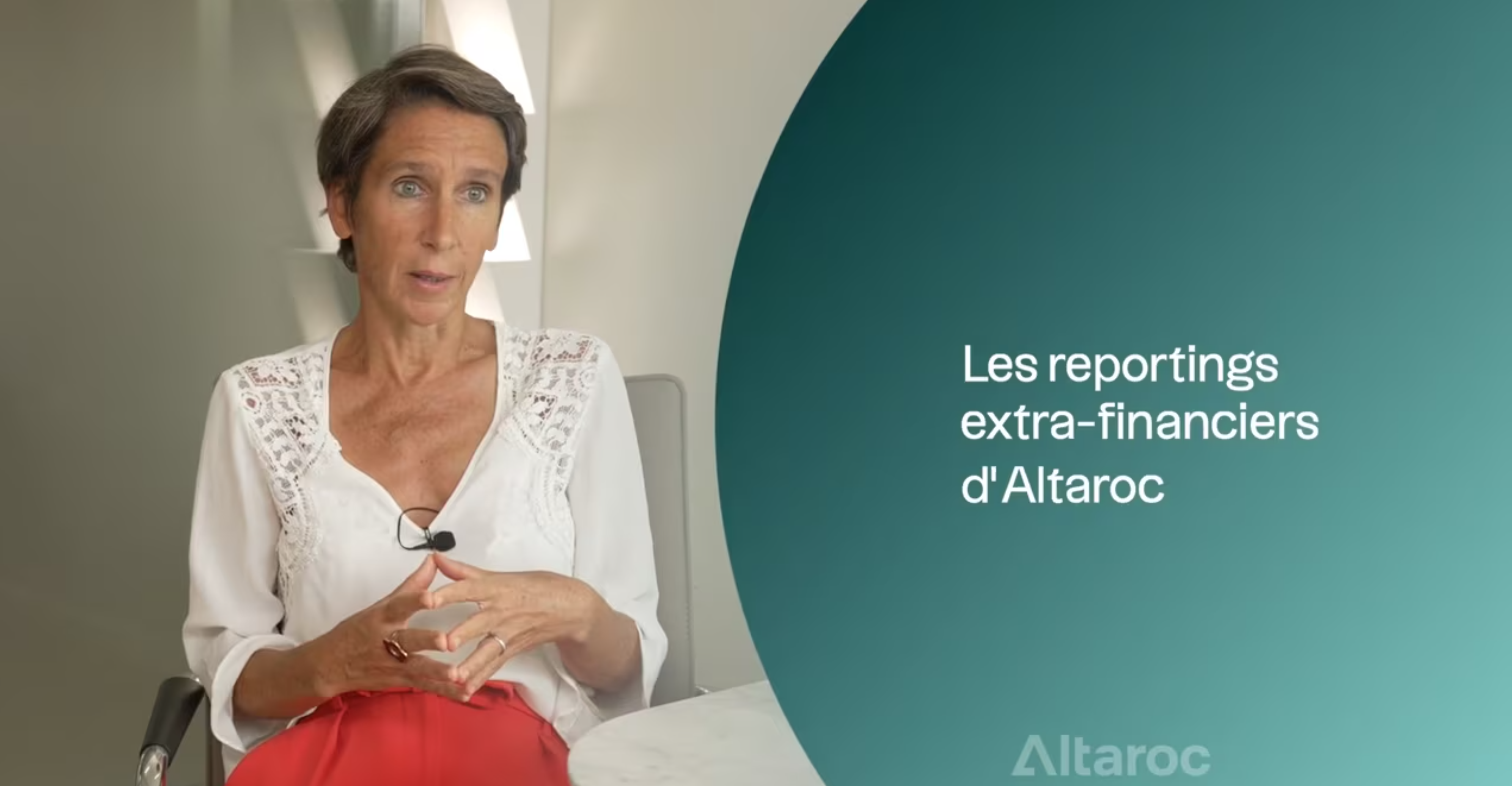

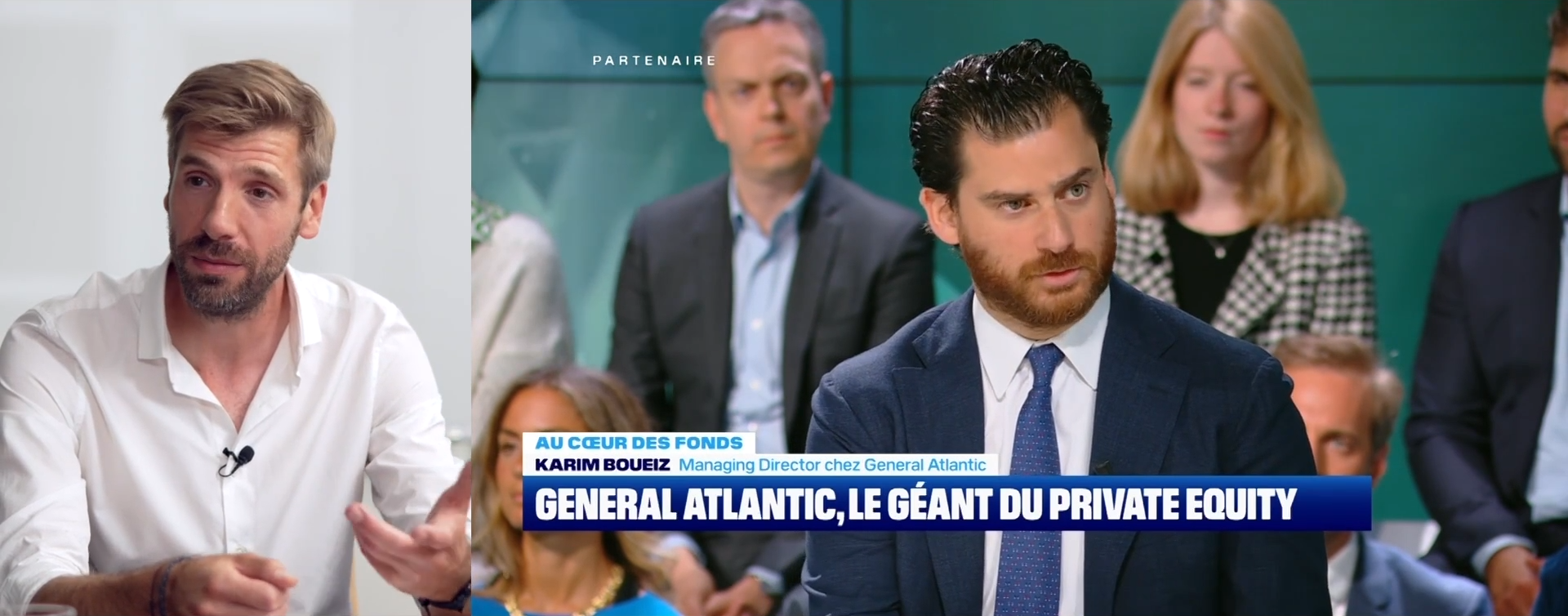
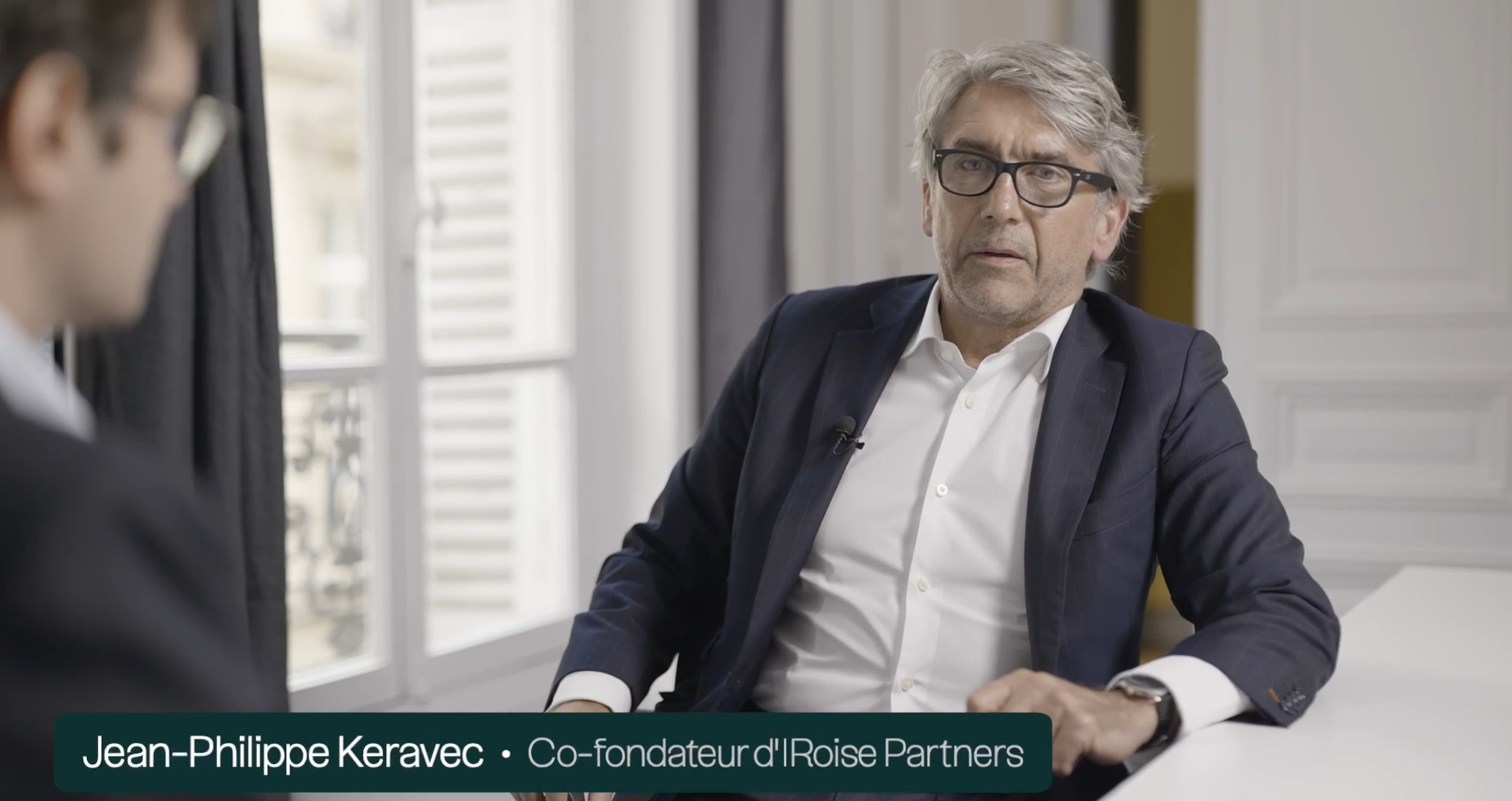
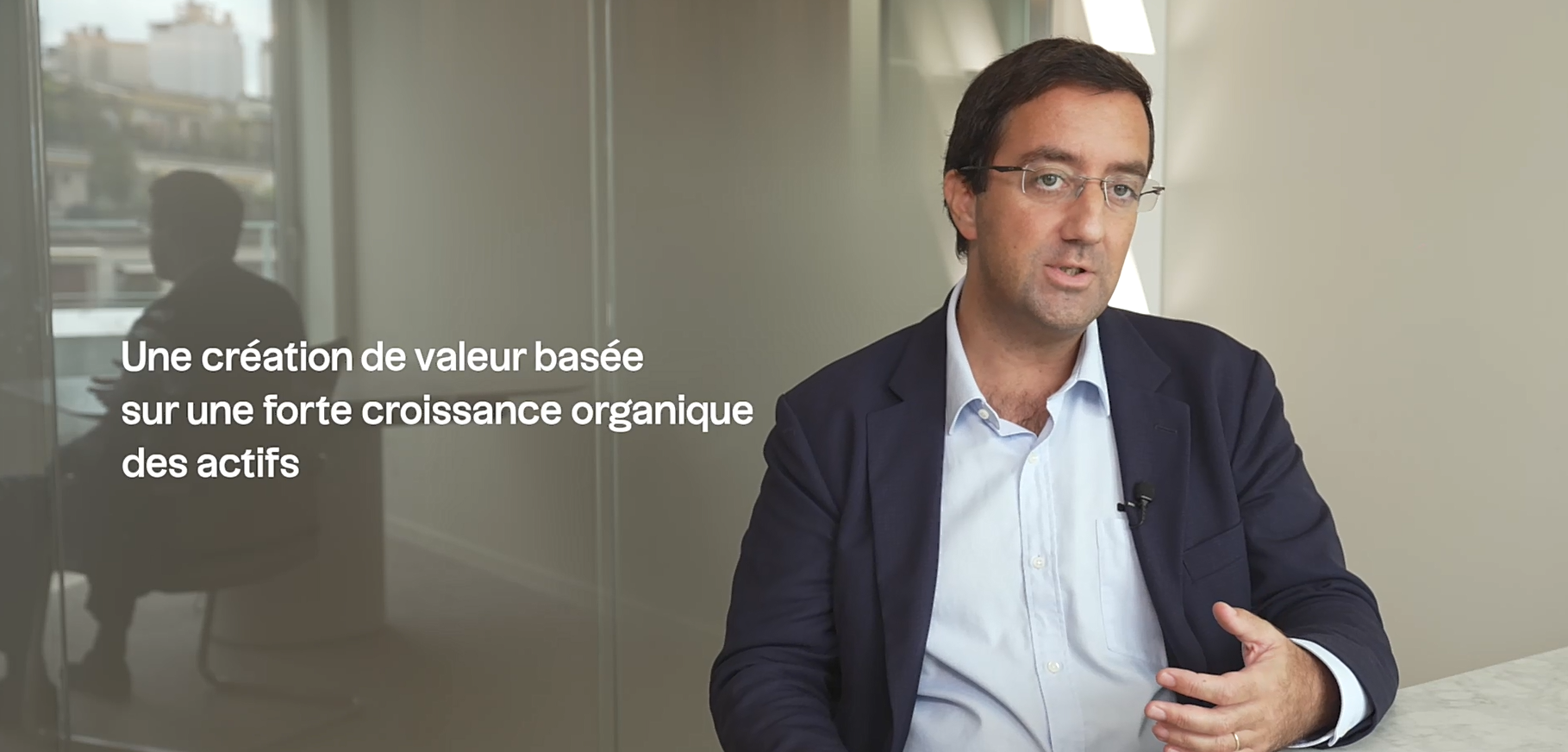

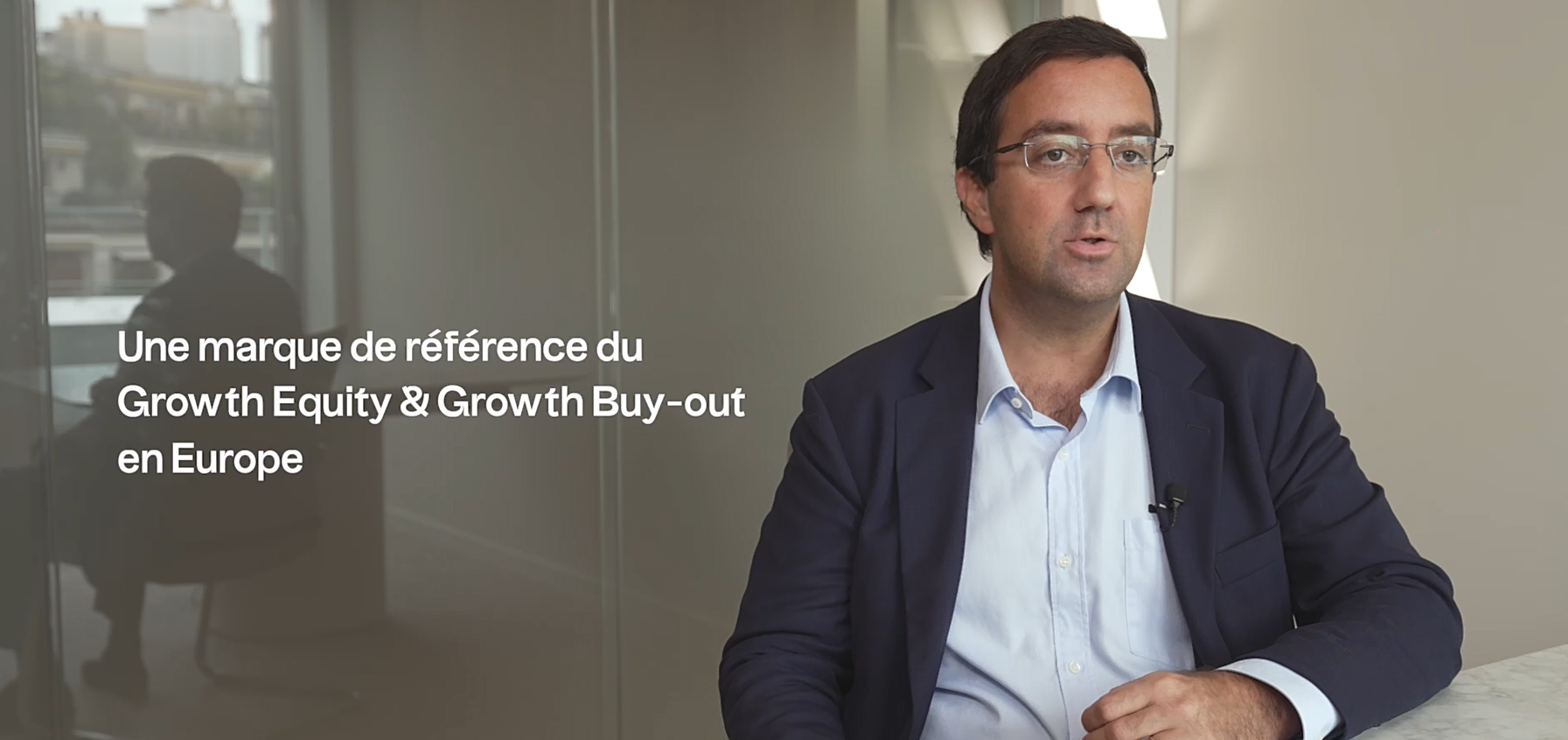
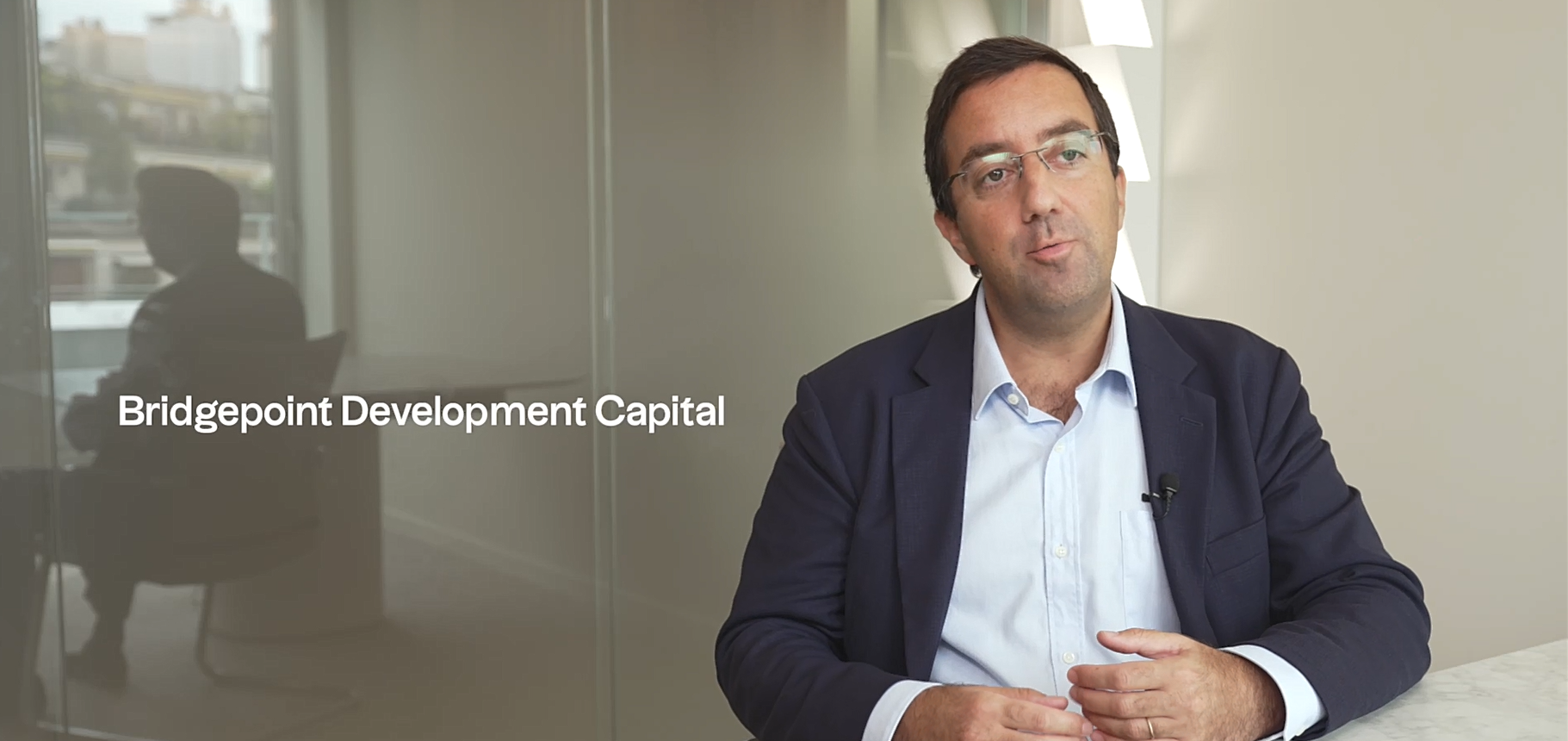
.jpeg)
